Shows

CambridgeJBSThe growth of fintech in China and the implications for the UK economy (part two)The growth of fintech in China and the implications for the UK economy (part two) by CambridgeJBS
2018-03-1312 min
CambridgeJBSThe growth of fintech in China and the implications for the UK economy (part one)The growth of fintech in China and the implications for the UK economy (part one) by CambridgeJBS
2018-03-1322 min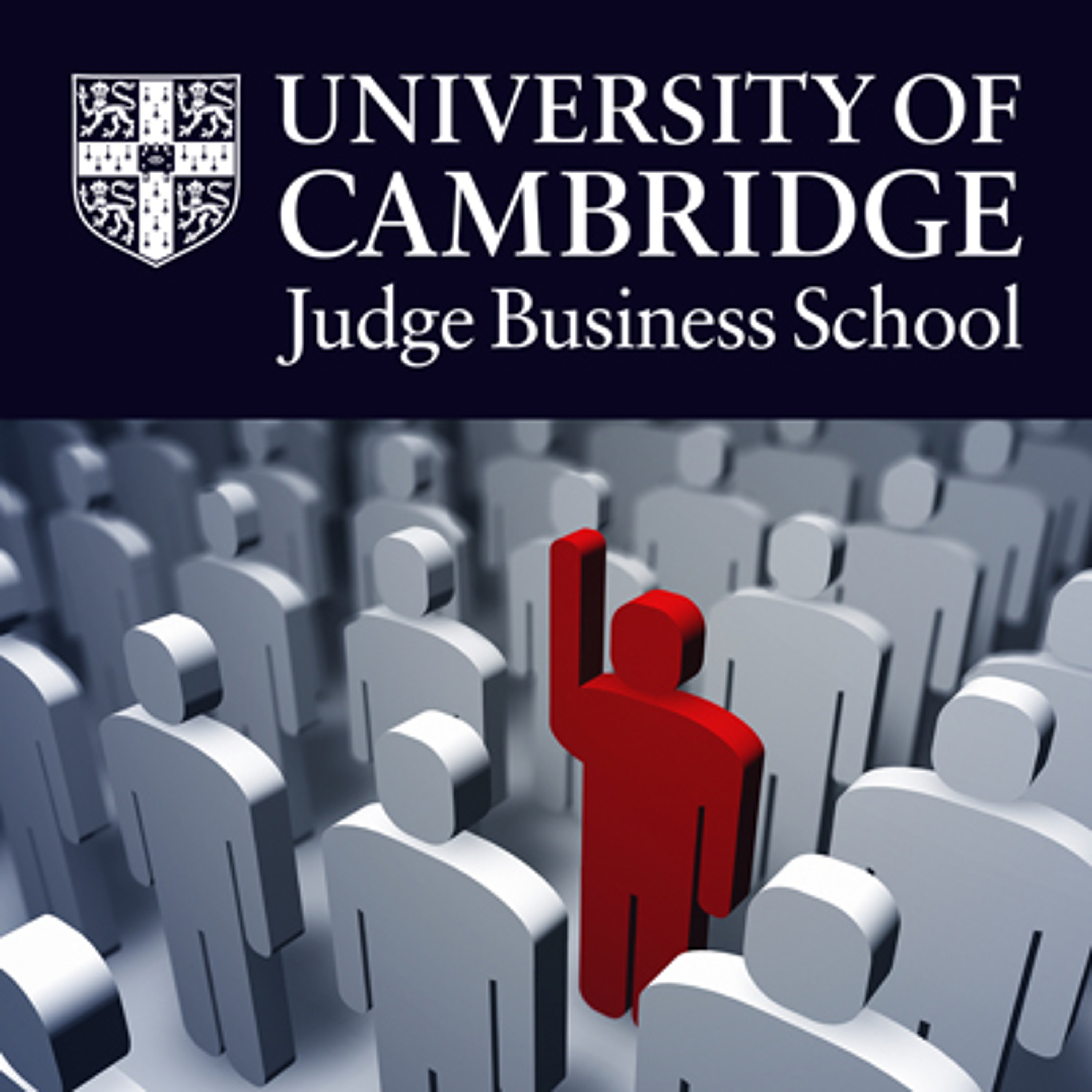
Expert commentInnovation needs more than just moneyA new five-day Executive Education programme, 'Making Your Organisation Innovative', aims to embed innovation as a core organisational activity rather than the work of one department.
Professor Stelios Kavadias says the programme will explain the importance of properly leveraging a key driver of innovation - creativity. Creativity lies not just with individuals but it requires many individuals to collaborate so that ideas flow and new solutions can emerge and be tested.
2014-01-2808 min
Expert commentIslamic finance: the future is greatThe Islamic finance industry is facing a great future, not only because it offers a stable banking system, but also because its benefits are being realised by a greater number of people.
Launching his new Cambridge Judge Business School Executive Education programme on Islamic finance, Dr Kamal Munir, Reader in Strategy & Policy at Cambridge Judge Business School, says the British government's move to issue an Islamic bond is good news for the industry.
2014-01-2109 min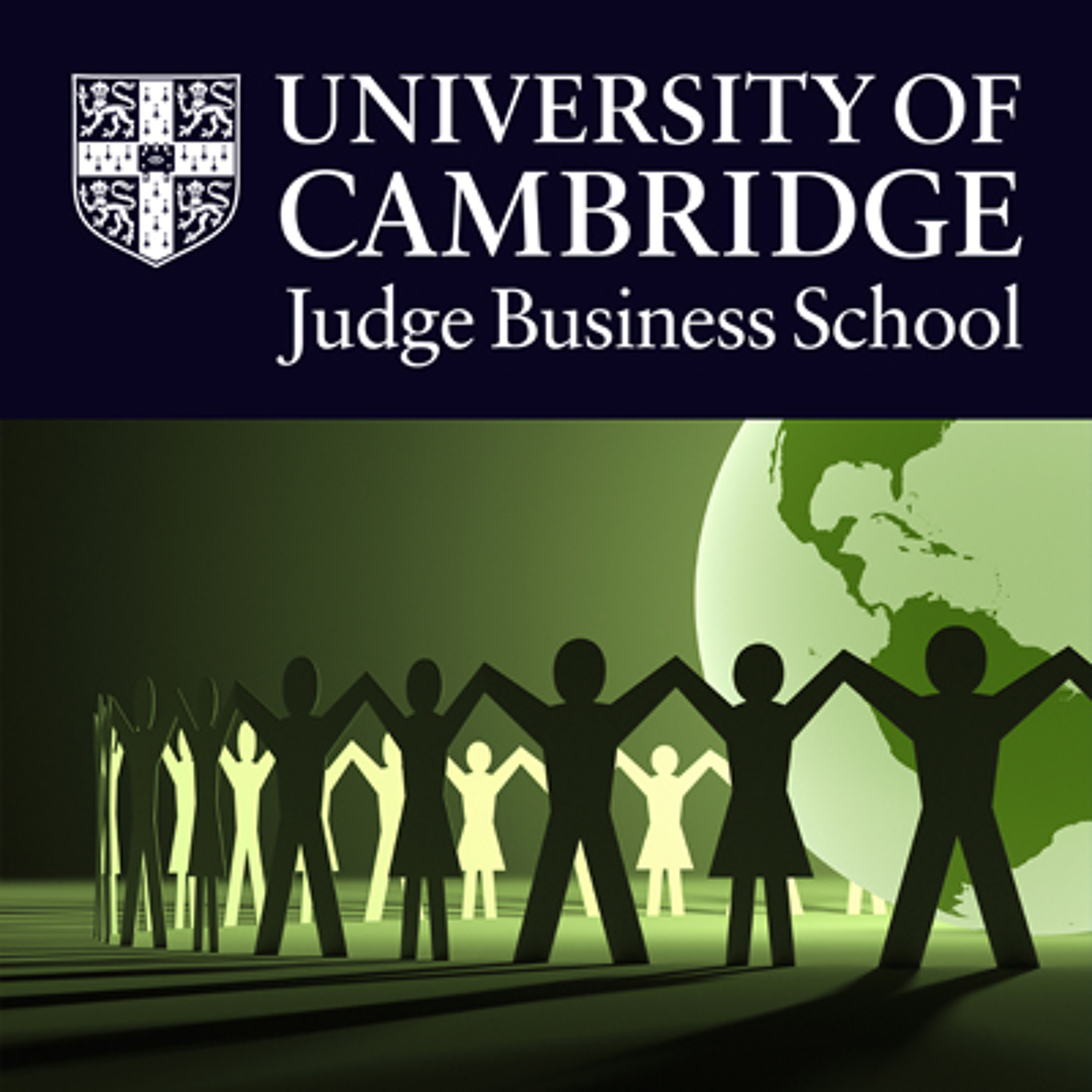
Expert commentWant to avoid another Rana Plaza? Then regulation of Asia's textile industry must be more rigorousDr Kamal Munir, who has carried out extensive fieldwork in the manufacturing sectors of developing countries, says current regulation makes it easy for Asian textile factory owners to get around routine inspections and audits of their manufacturing premises. His findings were recently brought into sharp focus by the 2013 Rana Plaza disaster, Bangladesh's worst ever industrial accident, in which over 1,200 people lost their lives.
2013-11-2208 min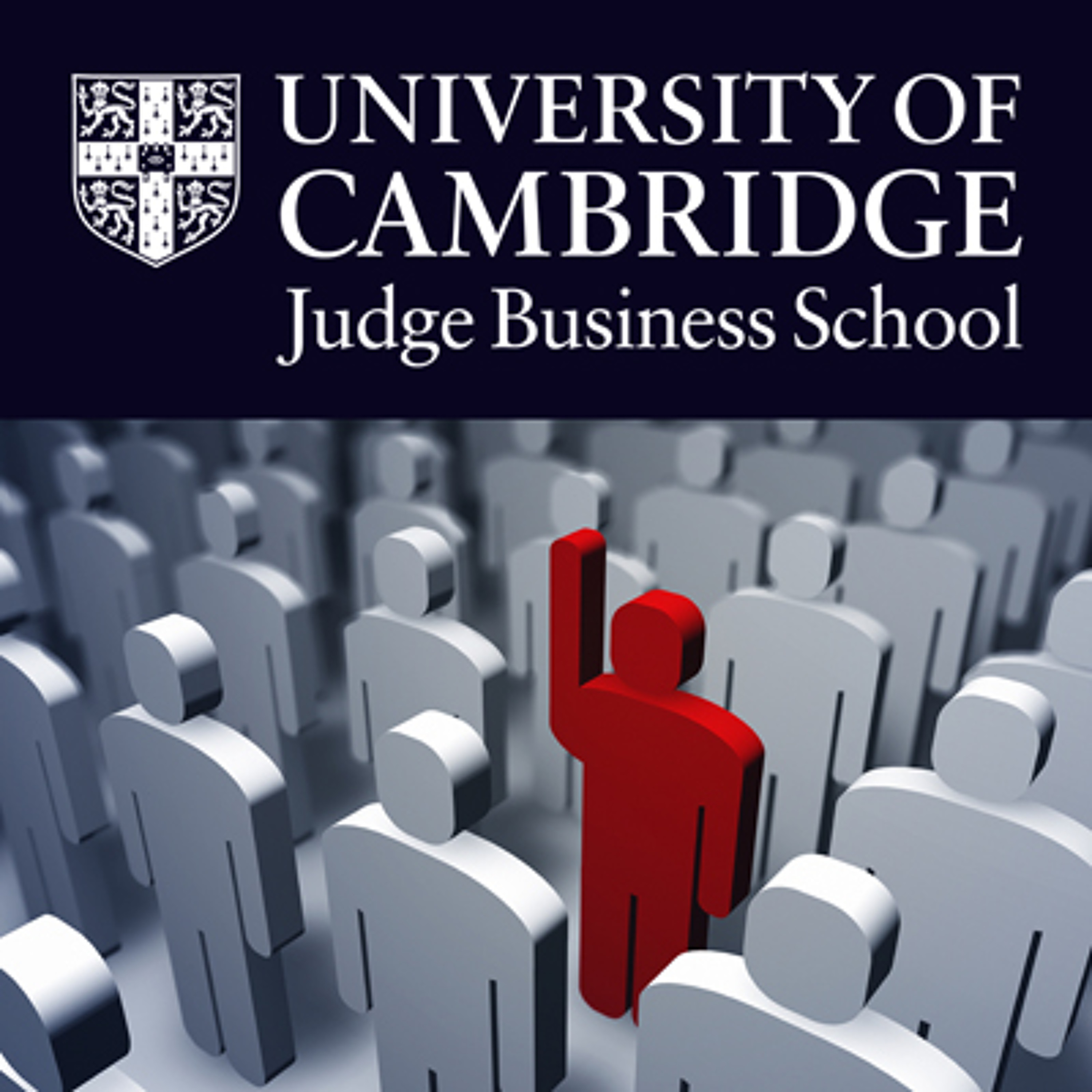
Expert commentInnovation policy needs to changeMacroeconomist Michael Kitson argues that a new and much broader innovation policy is needed to create meaningful economic growth. Although investing in technology innovation is important for long-term growth it will not address the current need.
A new and broader innovation strategy should have innovation operating within a system and not just in individual markets. Essential are exchanges of ideas, and the building of both knowledge and networks to help deliver a more innovative economy.
2013-11-1208 min
Expert commentBrand building programme for Cambridge Judge Business SchoolDr Eden Yin, University Senior Lecturer in Marketing at Cambridge Judge Business School, says a strong brand implies a quality product, and a high quality product at the outset is essential in building the brand.
His forthcoming two-day Executive Education programme on brand building deals with the strategies and processes involved. Aimed at brand managers who deal with brands on a daily basis, Dr Yin also expects interest from NGOs and not-for-profit organisations.
2013-11-0807 min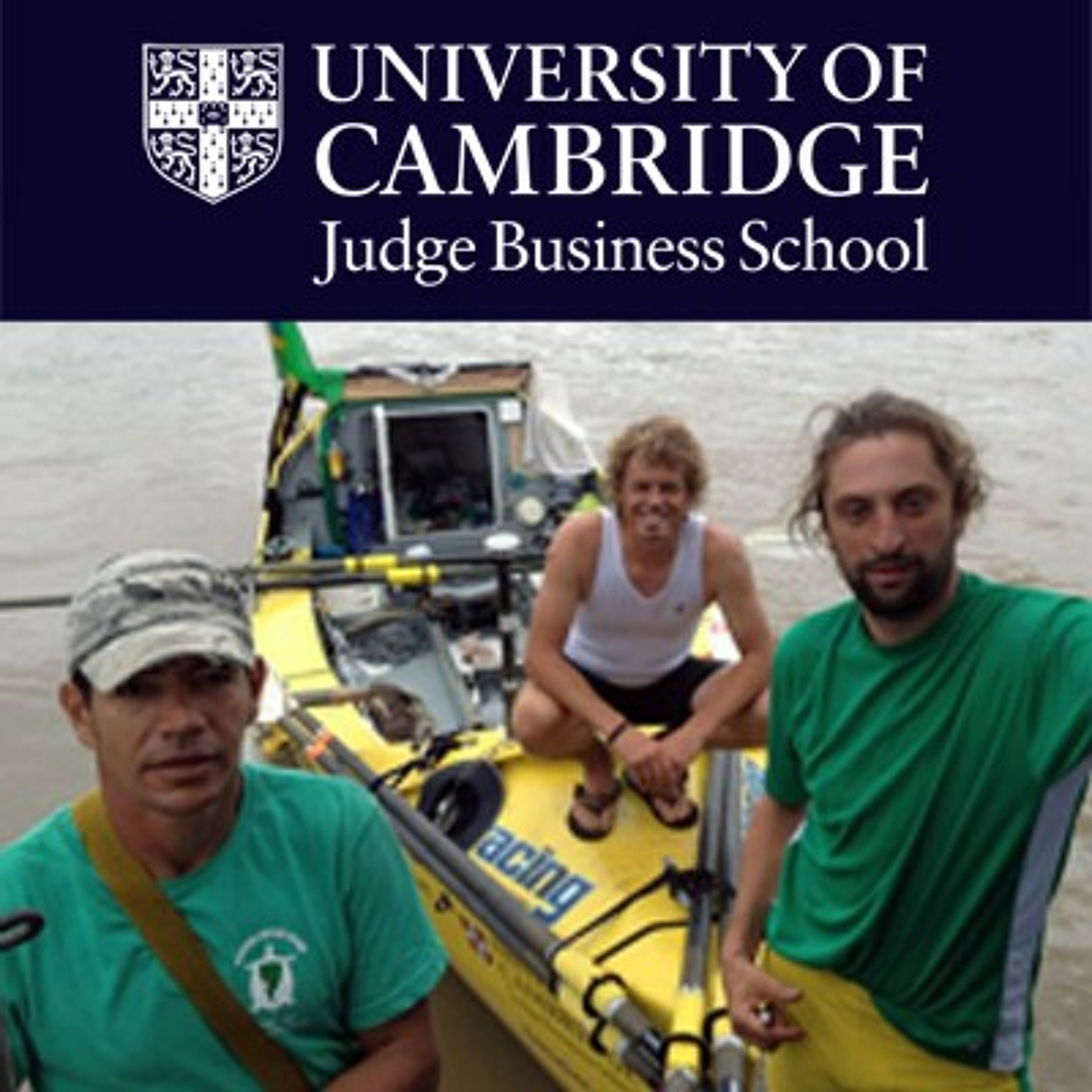
Expert commentConquerors of the AmazonMark de Rond and Anton Wright talk for the first time about their record-breaking row along the navigable waters of the River Amazon, a journey in excess of 2,000 miles. They survived storms, massive river barges, and were forced to row 24 hours a day because of shipping and bureaucratic hold-ups in Peru.
2013-10-2911 min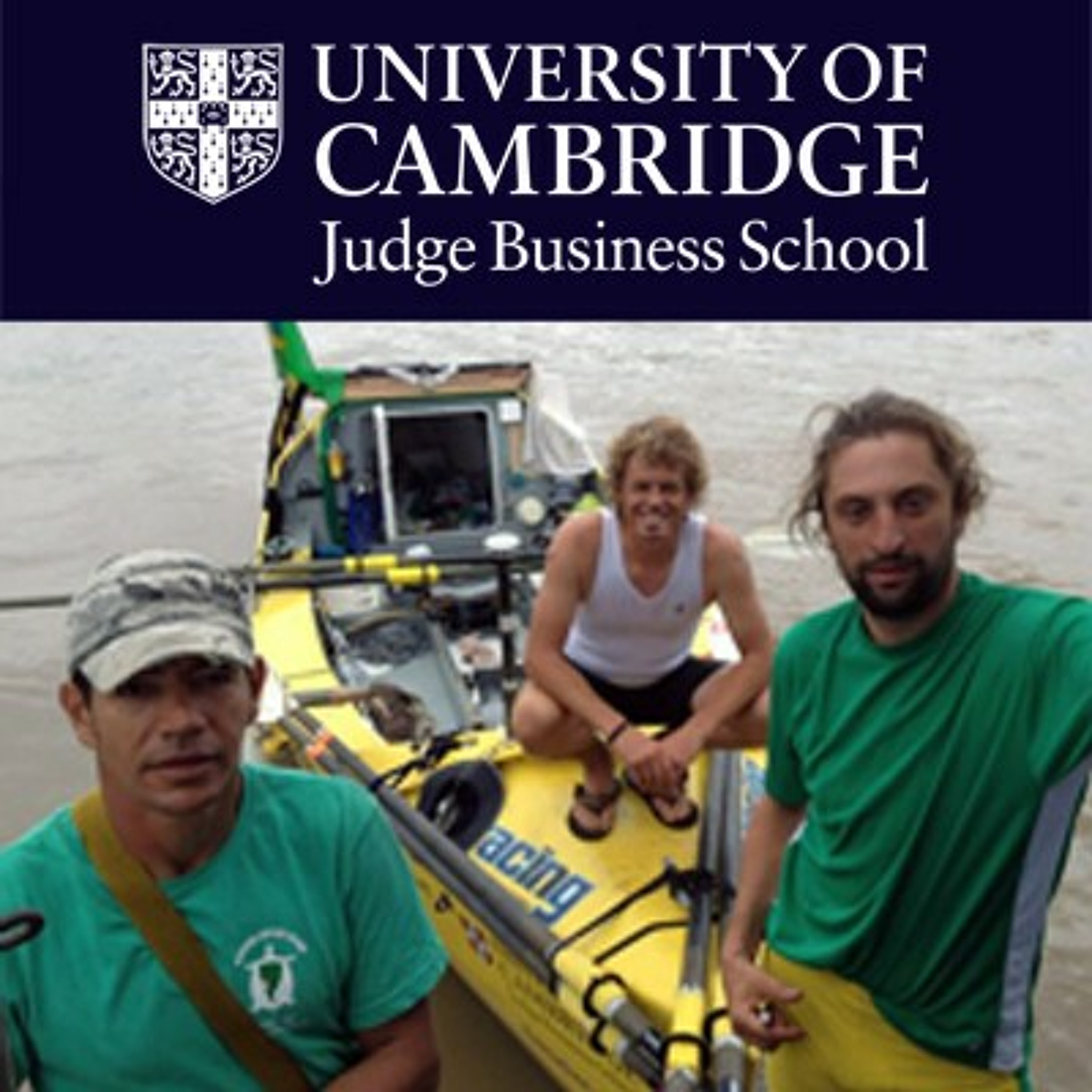
Expert commentThey've done it! Amazon rowers Mark and Anton reach the end of epic adventureThe quick-witted thinking of a 14-year-old Brazilian boy rescued Cambridge Judge Business School's Mark de Rond and Clare College rowing coach Anton Wright close to the end of their Amazon rowing marathon.
2013-10-1505 min
Expert commentShape new technology to a market’s cultureProfessor Michael Barrett feels cultural differences may have hampered success of a Cambridge-designed mobile money transfer technology. Today 12 million Kenyans employ the system but neighbouring Tanzania, predicted as a natural follower, has been slow to react.
Professor Barrett says the flexibility and sensitivity to cultural values and traits are crucial in working out a design solution that might be successful within a particular city or culture.
2013-09-2708 min
Expert commentIslamic finance – conservative, safe and growing dramaticallyThe Islamic finance industry is emerging as a crucial component of the future global financial architecture. Cambridge Judge Business School Executive Education is launching a new programme focused on the sector.
Dr Kamal Munir says Islamic banks weathered the financial crisis better and outperformed all conventional banks. Their unique services are attracting investors and clients in many parts of the world outside their traditional areas.
2013-09-1206 min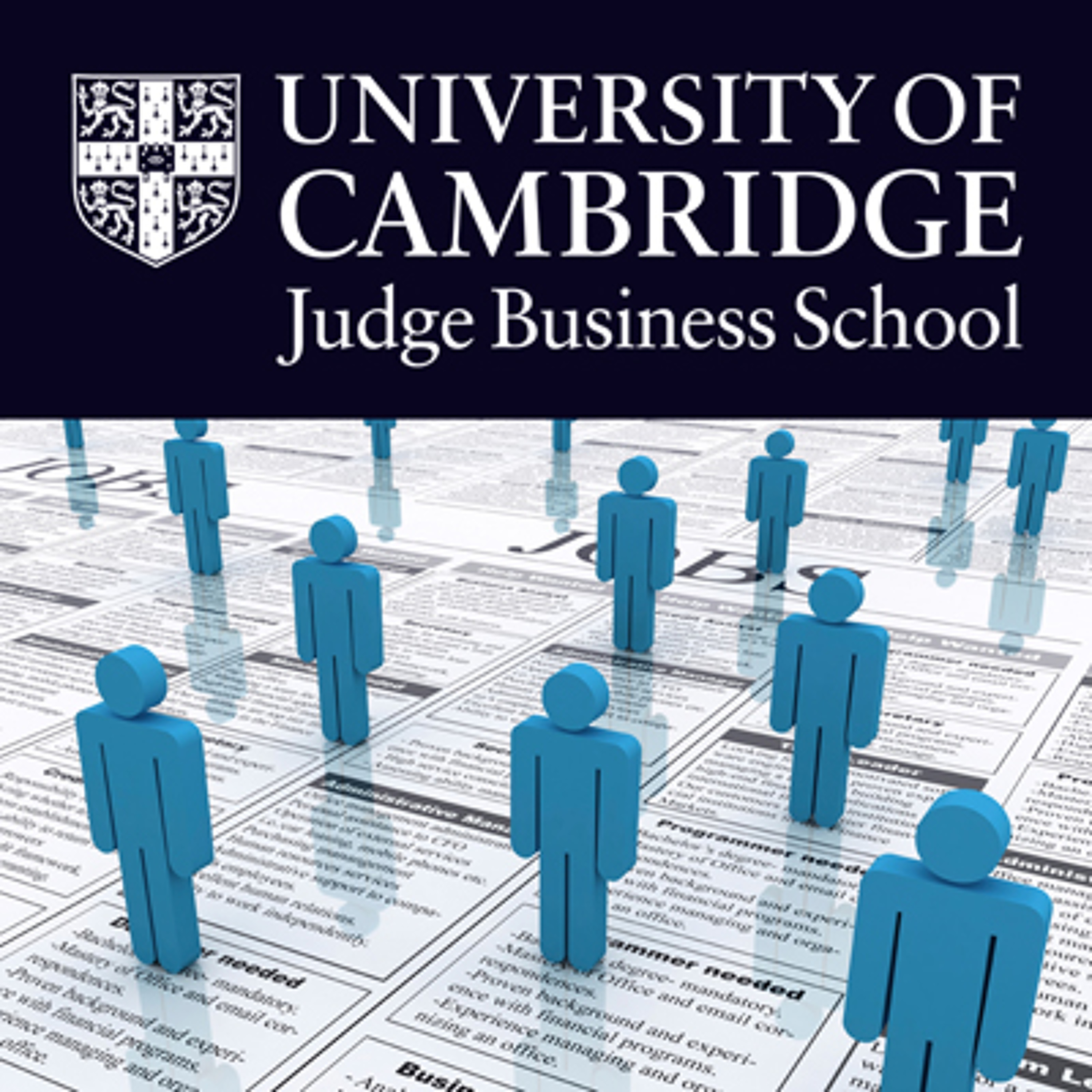
Expert commentAmazon rowers to brave hostage takers, uninhabited jungle and waterborne parasites"The boat could be regarded as a bright yellow cash machine floating past." Mark de Rond puts kidnap and being taken hostage above fast-flowing debris and waterborne parasites as he and fellow rower Anton Wright get set to row the River Amazon without support.
2013-08-1512 min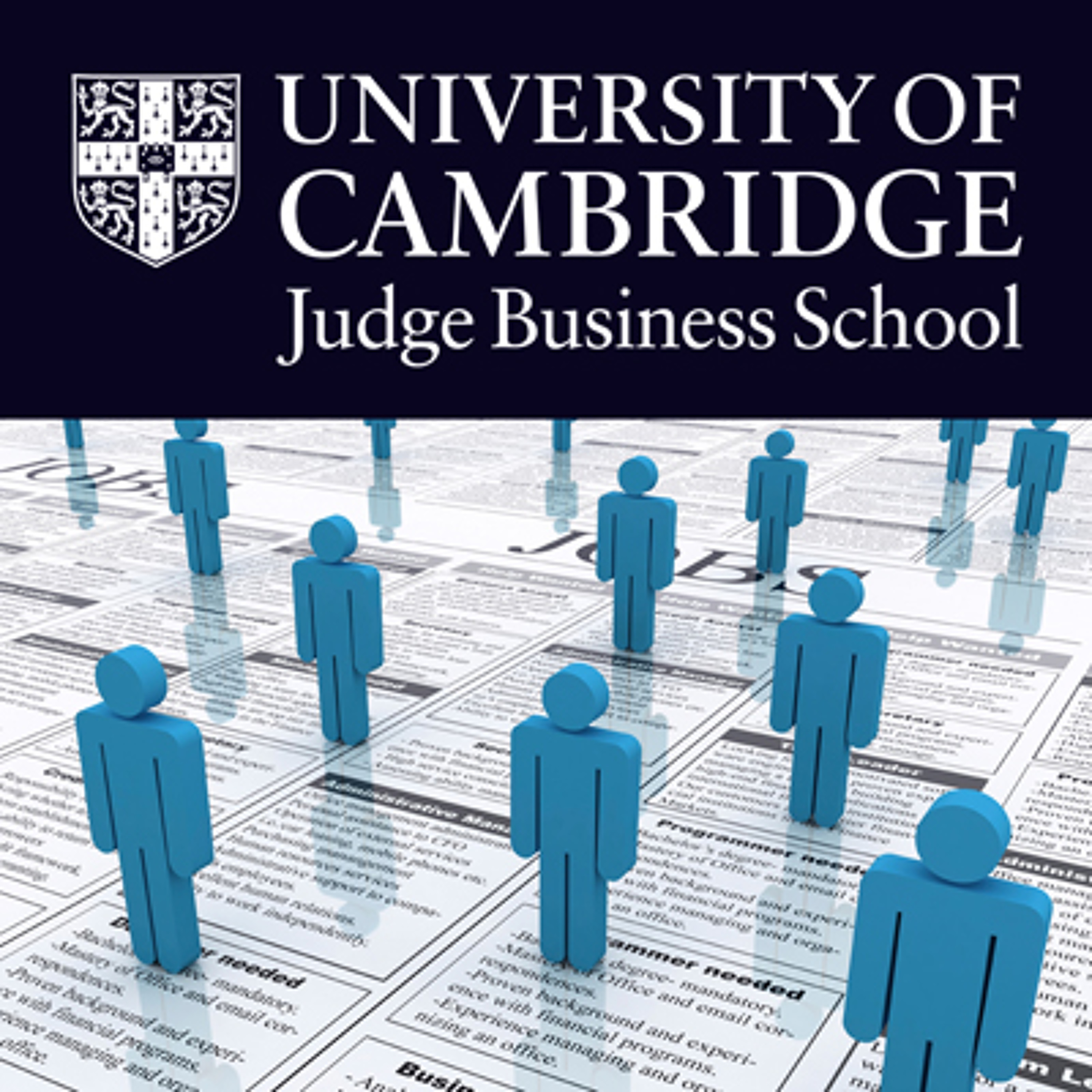
Expert commentReward at work strategies for Cambridge summitDr Jonathan Trevor is to chair a major summit on what he calls the 'thorny and perennial issue' of reward at work. The day-long conference is being hosted jointly by Cambridge Judge Business School and America's WorldatWork, the association for HR professionals.
Titled 'The Future of Reward: Strategies for a Hyper-competitive World', the summit aims to attract broad interest with a guest-speaker programme that includes policy-makers, practitioners and academics.
2013-08-1409 min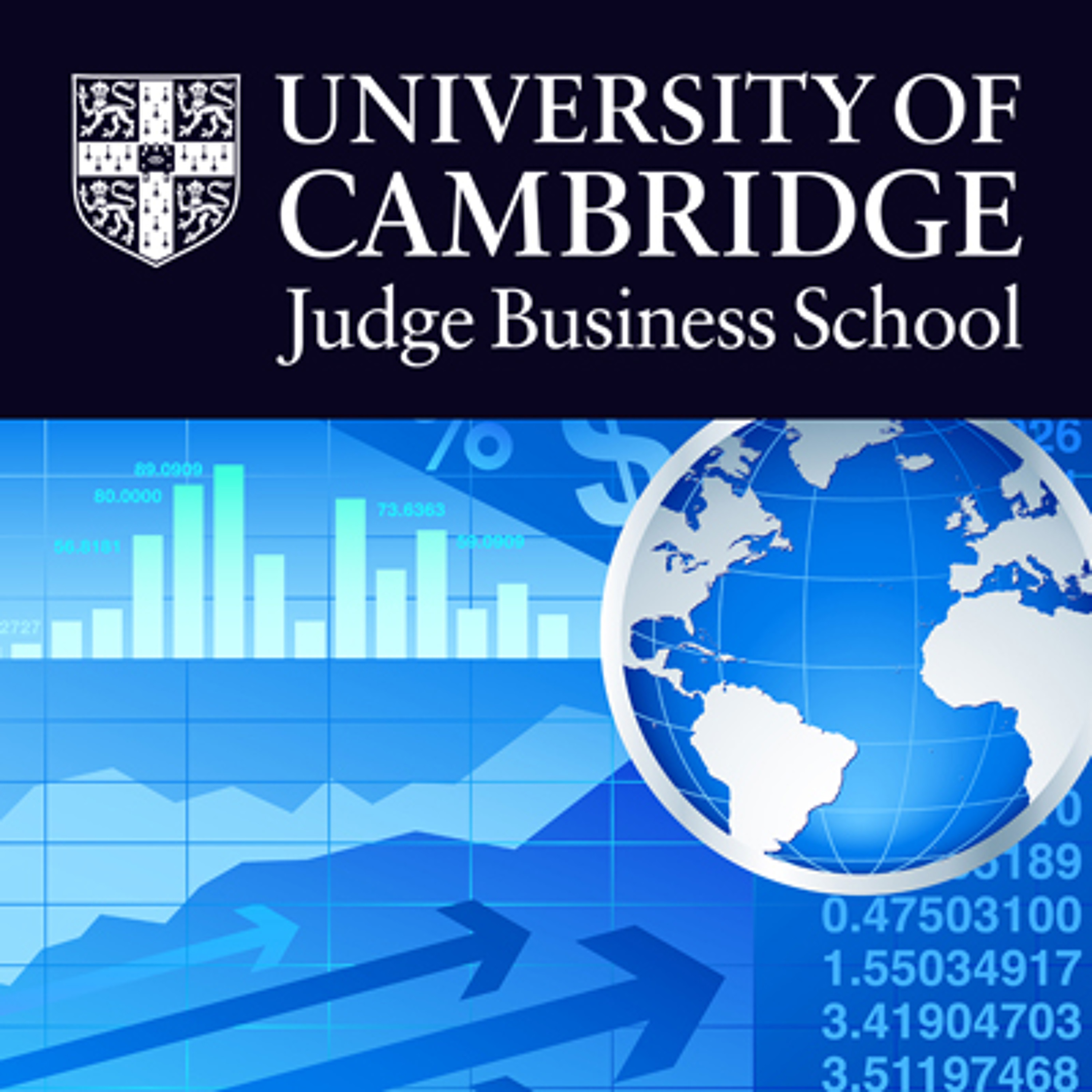
Expert commentThe need to shift from macroeconomics to wealth creationIt's time to move on from the macroeconomic and concentrate instead on the industrial side of economies and the role of business in creating and capturing wealth.
Business leaders, academics and policy-makers at the last CIBAM Symposium of the year discussed the challenges of doing business in Europe against the backdrop of the Eurozone crisis.
2013-08-1211 min
Expert commentEuropean Finance Association AGM for CambridgeRenowned finance academics and leading practitioners will rub shoulders this summer when Cambridge Judge Business School hosts the European Finance Association's AGM.
Staging this prestigious event (a first for Cambridge) will enhance the research profile of the business school says the Association's Vice President, Raghavendra Rau, who chairs the EFA's organising committee.
2013-08-0806 min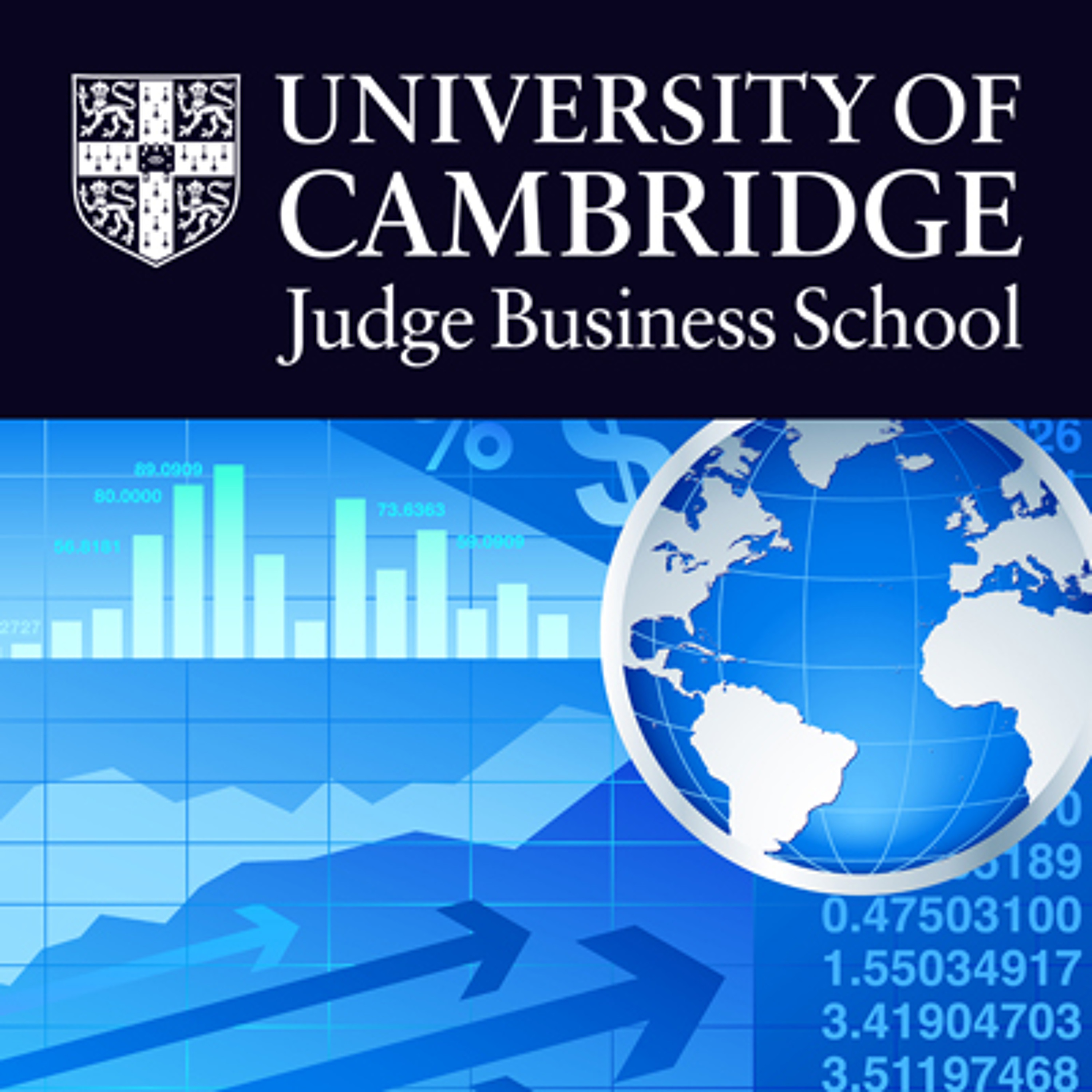
Expert commentTime is running out for the euroAs pressure again mounts in the Eurozone leading Cambridge economist Michael Kitson says the euro might 'stagger on' for a few more years but eventually it will collapse. Policy makers have been papering over the cracks in the Eurozone and causing major problems for many member countries which are trapped by tight fiscal rules.
2013-07-0507 min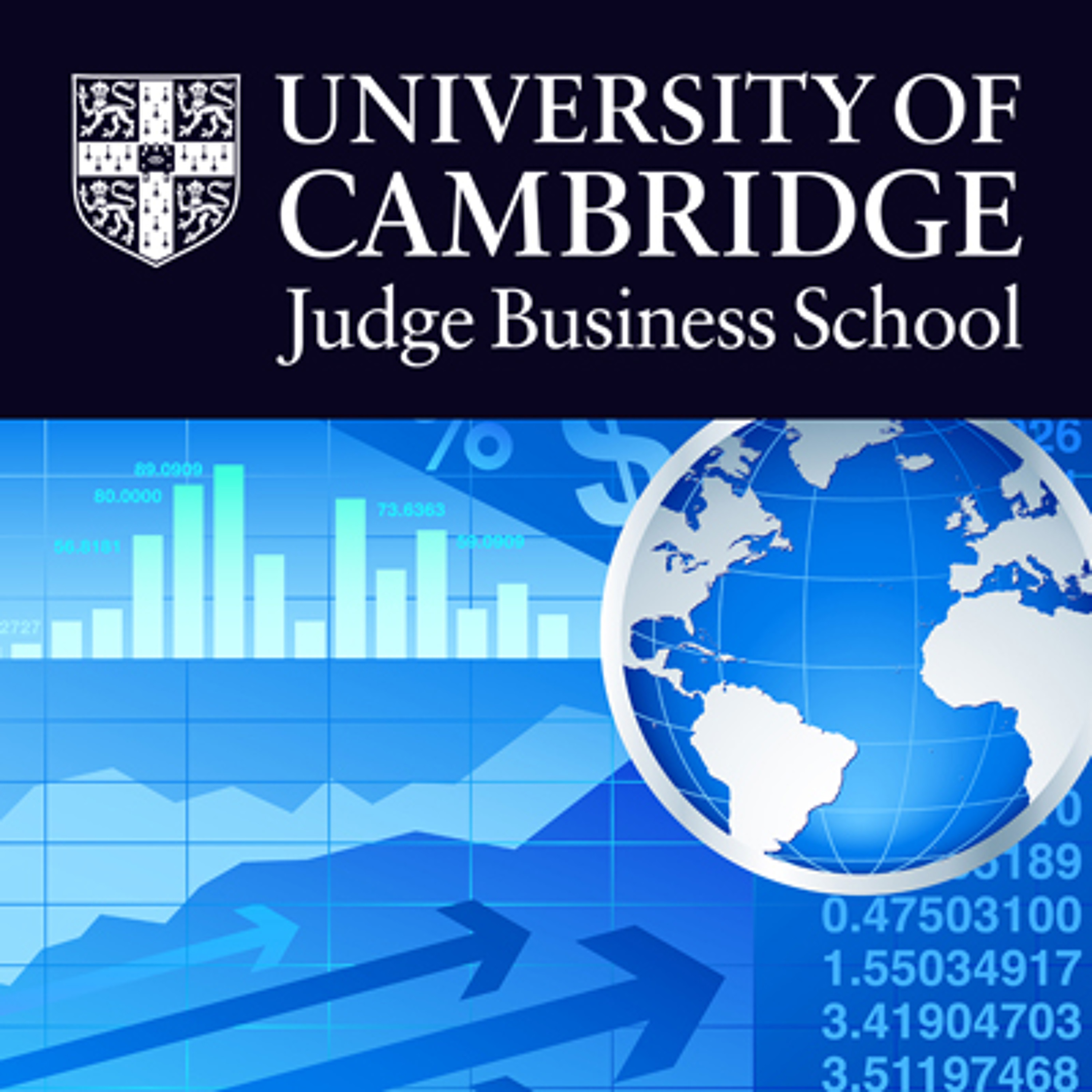
Expert commentCambridge climate change adviser argues the EU Emission Trading System is working as designedAs the European Parliament sets about reforming the EU Emission Trading System that is at the centre of Europe's climate policy, Dr David Reiner says it does work but has suffered in the recession and economic downturn.
2013-07-0408 min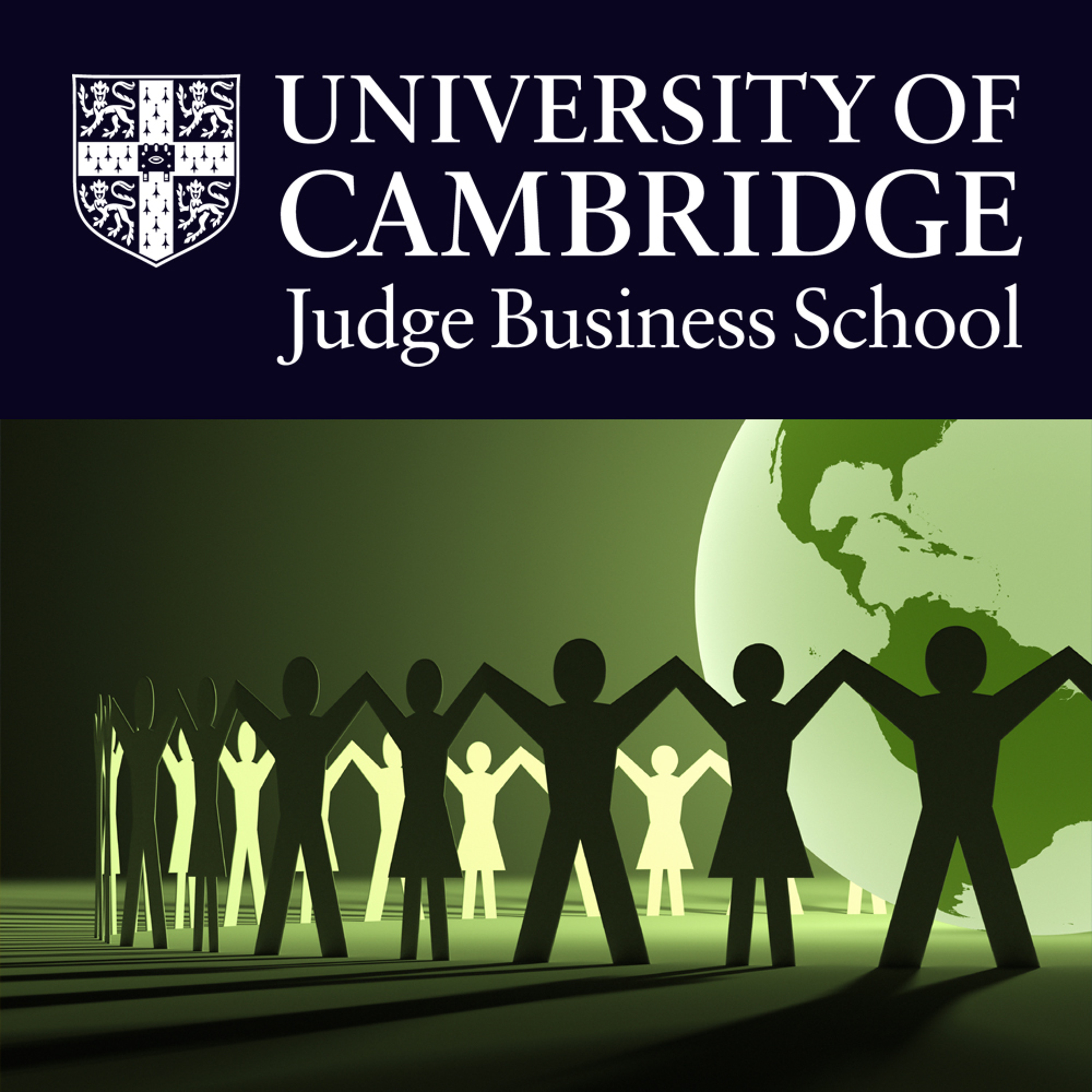
Expert commentPublicise CSR carefully to avoid accusations of 'greenwashing'A fresh study into corporate social responsibility by Dr Stelios Zyglidopoulos and his fellow researchers outlines the risks companies face if accused of 'greenwashing' by using environmentalism or green credentials to claim that their policies and products are environmentally friendly.
2013-06-2509 min
Expert commentBonus cap for Euro bankers is a step forwardThe European Union's move to cap bankers' bonuses is a step in the right direction - it's the first time that the EU has reached a consensus on legislation for the sector - but does not go far enough, says Dr Bang Dang Nguyen, who feels all areas of banking should face greater regulation.
2013-05-2908 min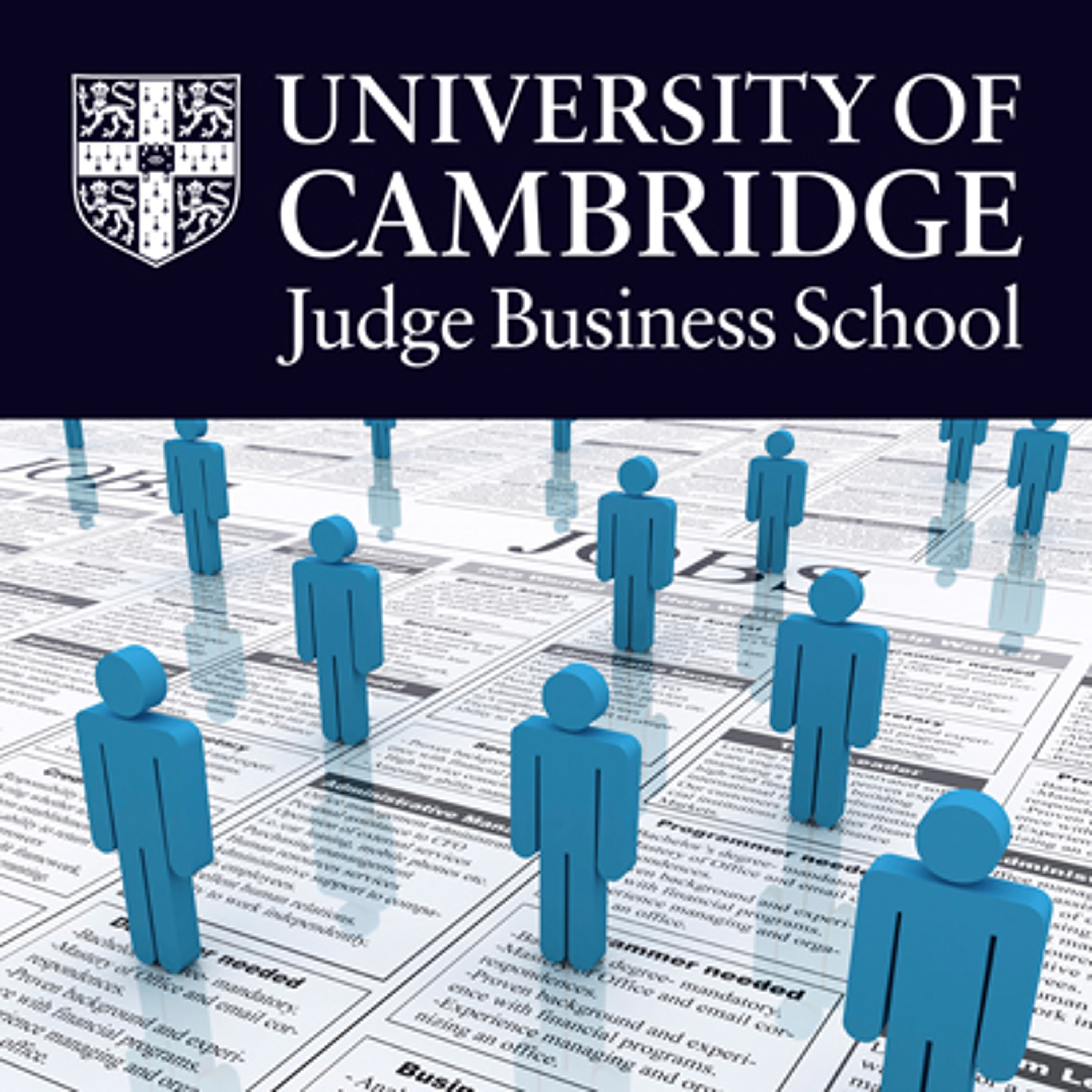
Expert commentPay management requires a 21st century shake-upAccording to Dr Jonathan Trevor it's time to revisit the management of pay. Instead of using it to leverage value, it should be approached as a risk with the primary focus on protecting value.
In his paper 'From New Pay to the New, New Pay' Dr Trevor lays out some principles for consideration by the business and human resources communities. These include the suggestion that pay is an enabler not a driver and that it's like plumbing: it should matter only when it goes wrong.
2013-05-2409 min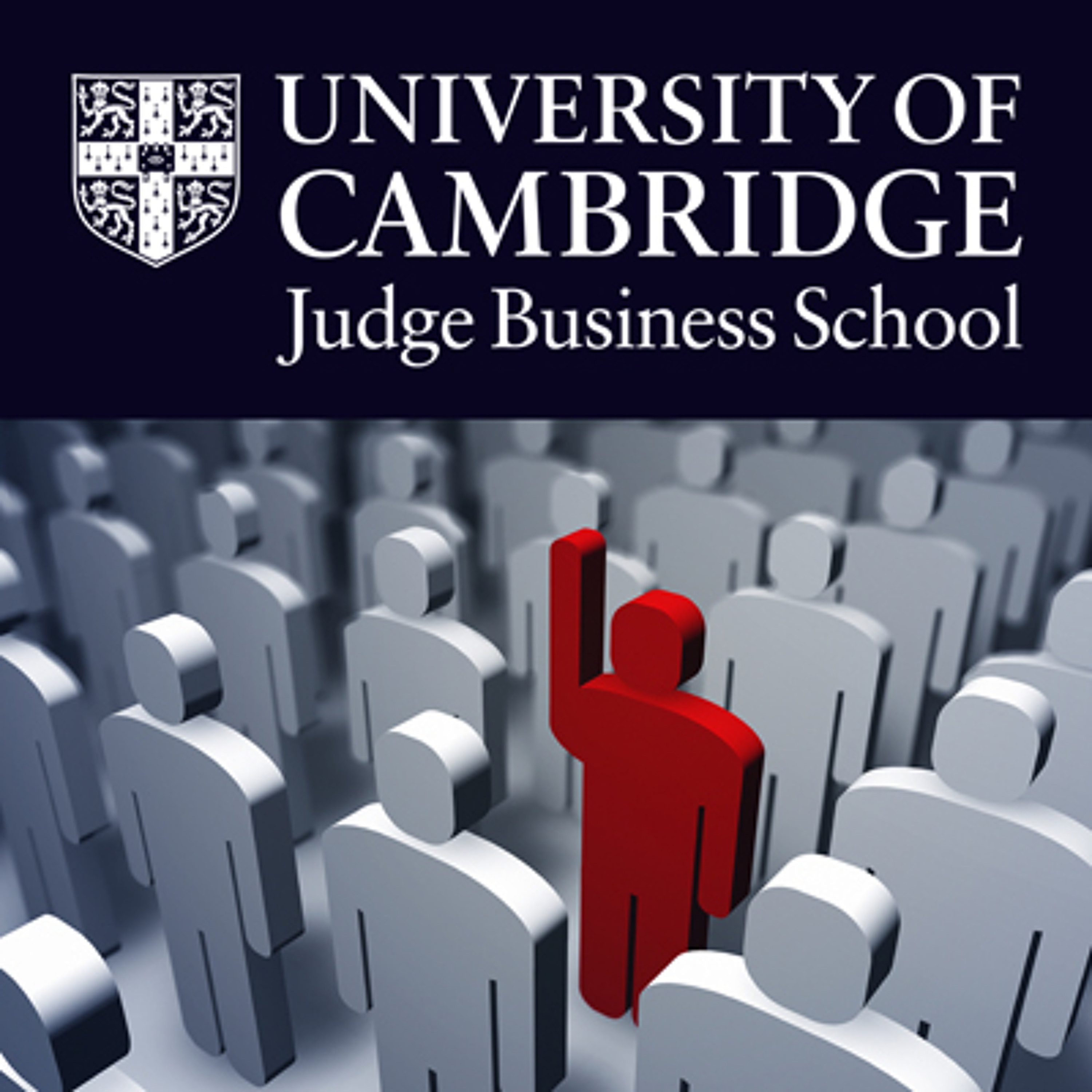
Expert commentLeading innovative organisationsCambridge Judge Business School and its Belgian counterpart Vlerick in Brussels are among the most prominent business schools in Europe. Together they are offering a unique programme on strategy and innovation.
The two schools are meeting a demand underlined in recent research indicating that one in four companies fails to effectively leverage and commercialise new ideas.
2013-04-1107 min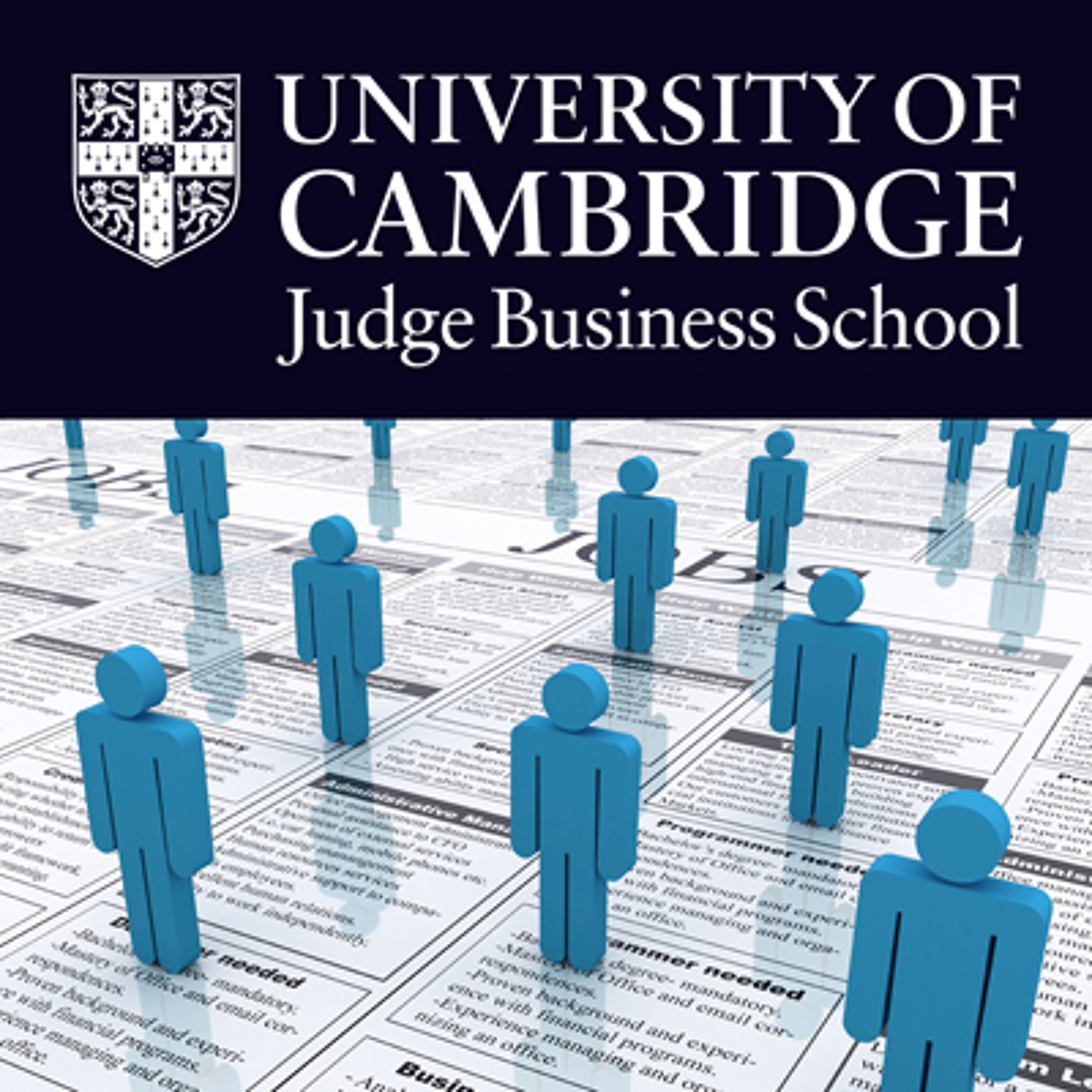
Expert commentCambridge Business Breakthrough Series targets major issuesA mix of half-day practical and virtual sessions form the backbone of Executive Education’s new Cambridge Business Breakthrough Series, which aims to address challenging business issues.
Among these issues, says Executive Education’s Cathy Butler, are innovation and creativity within an organisation, strategic performance management, organisational burn-out and strategic decision-making.
2013-04-0907 min
Expert commentFinance is less about profits and more about valueProfessor Raghavendra Rau talks about his Executive Education programme, the Cambridge Financial Management Certificate of Achievement, which offers a comprehensive introduction to the major concepts of the theory underpinning finance.
The programmes available in the Certificate explore finance from different perspectives, and are aimed at those switching into financial positions or those who've already made the transition.
2013-04-0509 min
Expert commentUsing 'open platforms' could revitalise the public sectorThe public sector could save billions of pounds a year by adopting 'open software' systems, take a lead in creating organisations for the future and play a huge role in improving UK plc's position in a competitive global economy says Dr Mark Thompson, who uses the word 'deverticalisation' to support his argument that eliminating vertically integrated organisations when standardising many processes would lead to both improvements and economies.
2013-03-0709 min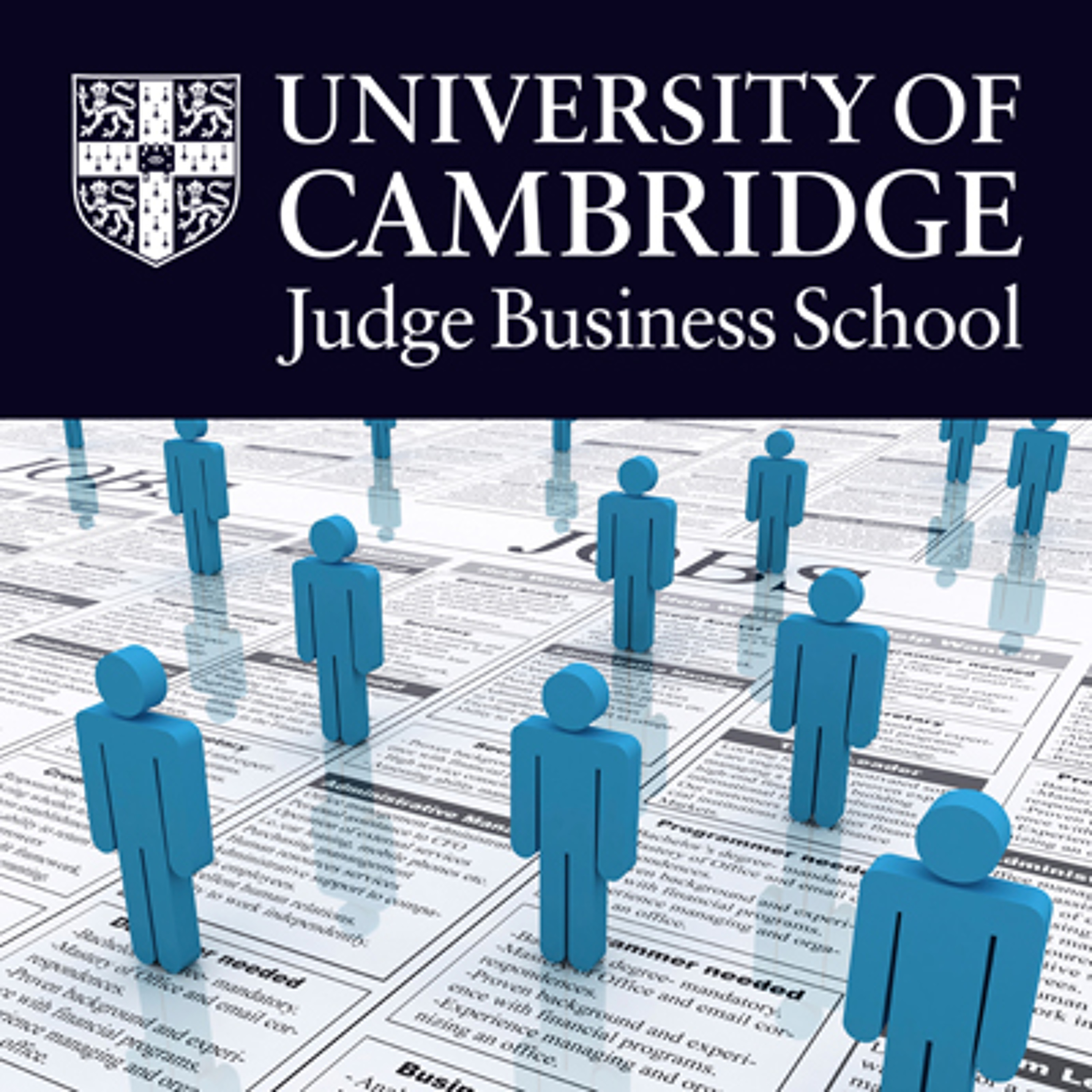
Expert commentCan UK law firms survive the storm?Law firms are facing dramatic changes in the legal services sector as it navigates through a 'near perfect storm'. Challenges are being thrown up by the economic downturn fuelled by sophisticated demands around delivery and pricing, off-shoring and market liberalisation that allows non-lawyers to own legal businesses. In the future, Tim Bellis believes that law firms may need to alter their hiring policies in the future to reflect their approach to increasingly commoditised work-streams where the best and brightest are replaced by the plodders.
2013-02-2111 min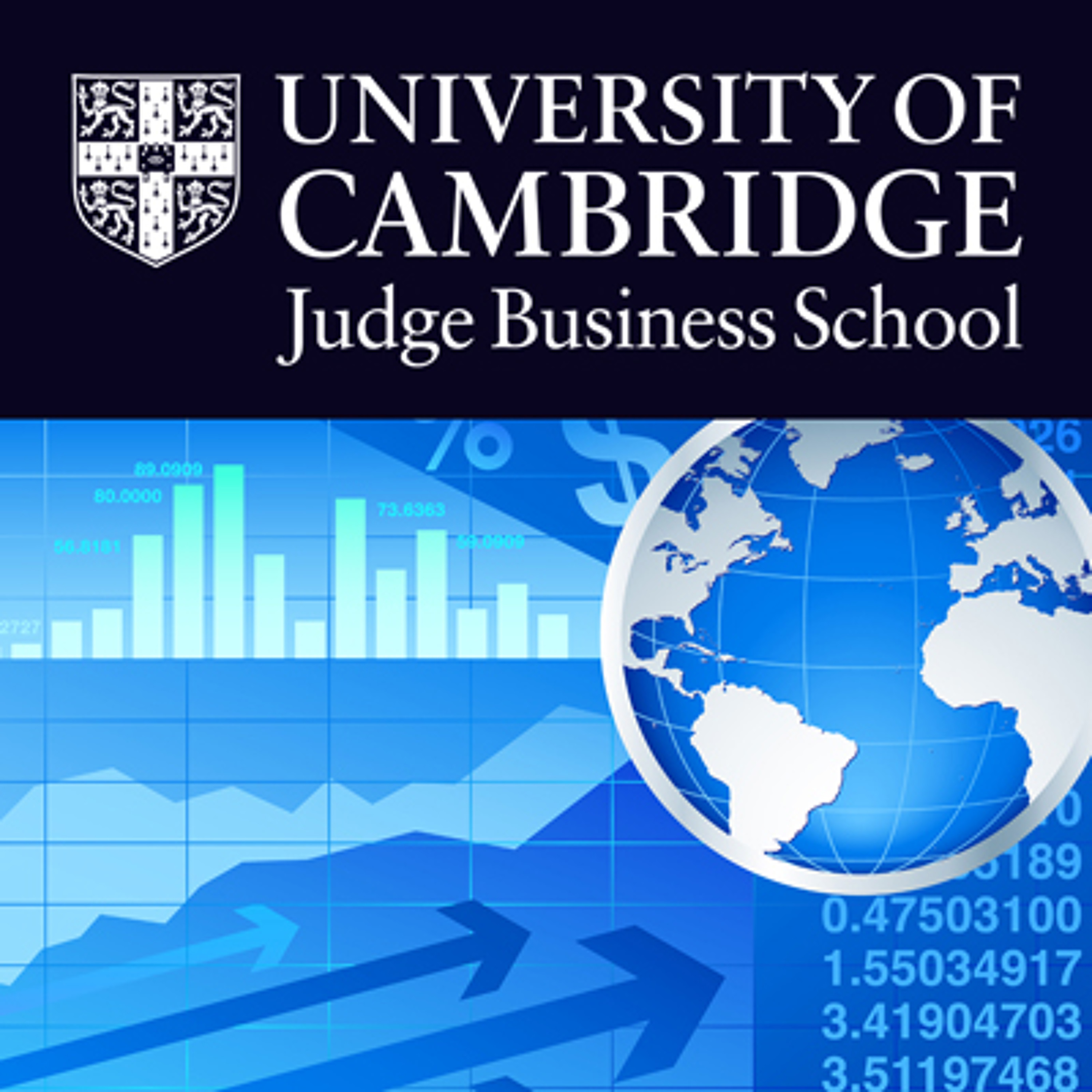
Expert commentDraconian austerity measures do not workWhen austerity policies are linked positively to structured measures and discipline at a macro-economic level, the strategy works. However, just rapid and deep austerity cuts do not.
Dr Christos Pitelis warns that austerity measures on their own forces governments to simultaneously take steps to improve economic competitiveness, causing output to fall followed by a failure to revive economies. Austerity measures alone are widely seen as a bad move.
2013-01-0410 min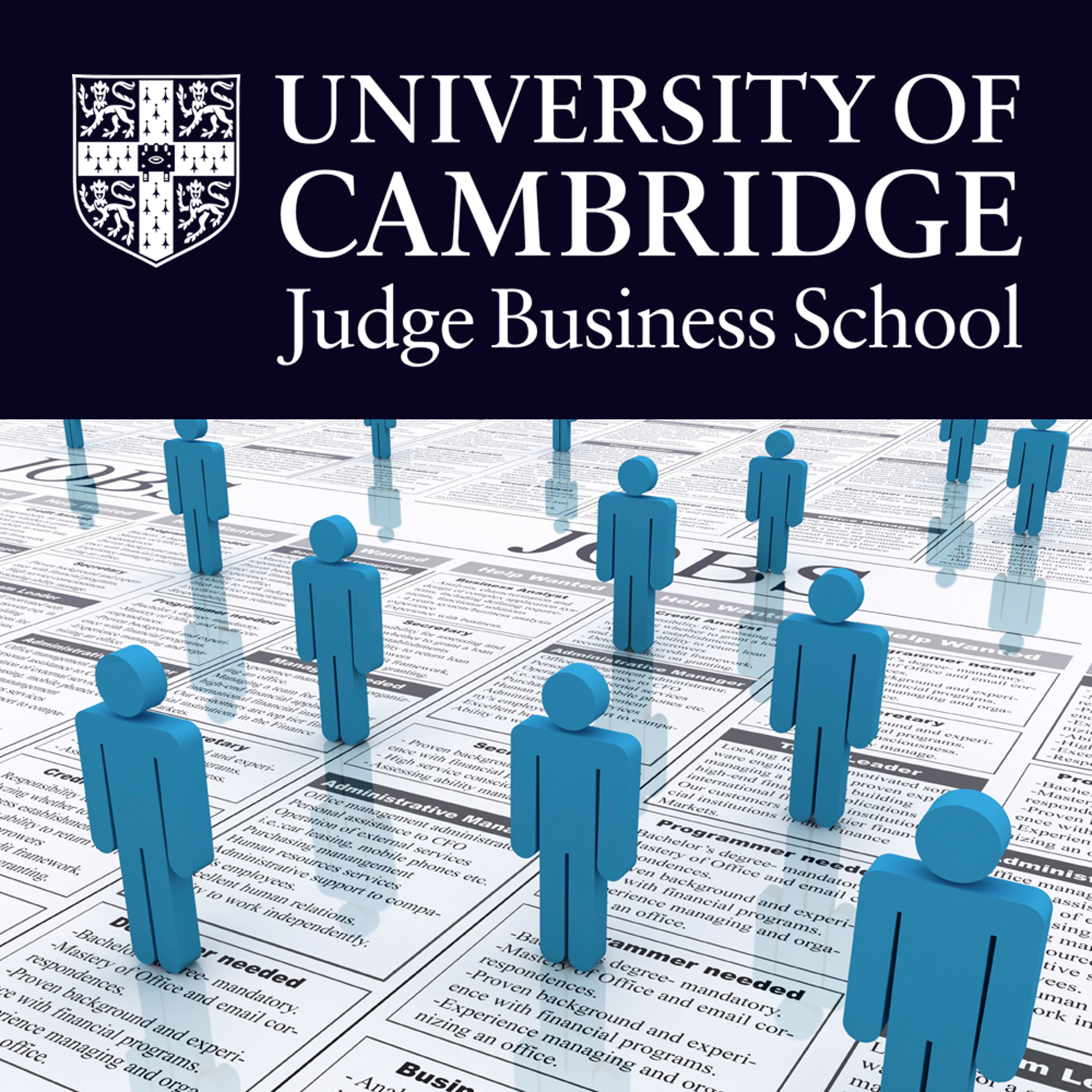
Expert commentThinking research"Getting Explicit about the Implicit", co-authored by Dr Jochen Menges of Cambridge Judge Business School, explores the unintentional, spontaneous and often unconscious 'implicit' measures that influence workplace behaviours.
2012-12-1210 min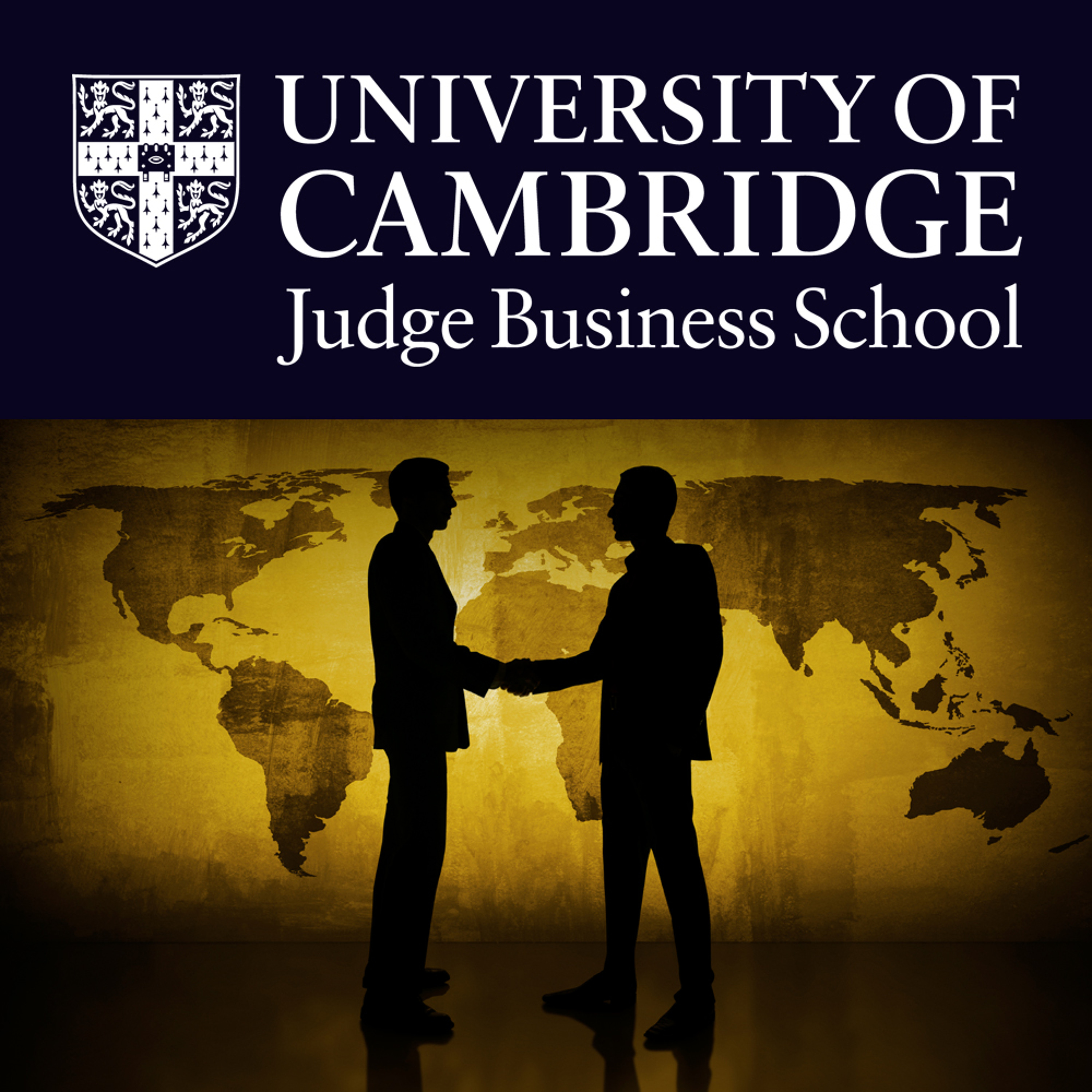
Expert commentChanges ahead for China predicts Professor Peter WilliamsonIncreased public participation and a new leadership prepared to listen to the voice of the people are among changes forecast for China by Professor Peter Williamson of Cambridge Judge Business School.
2012-12-0707 min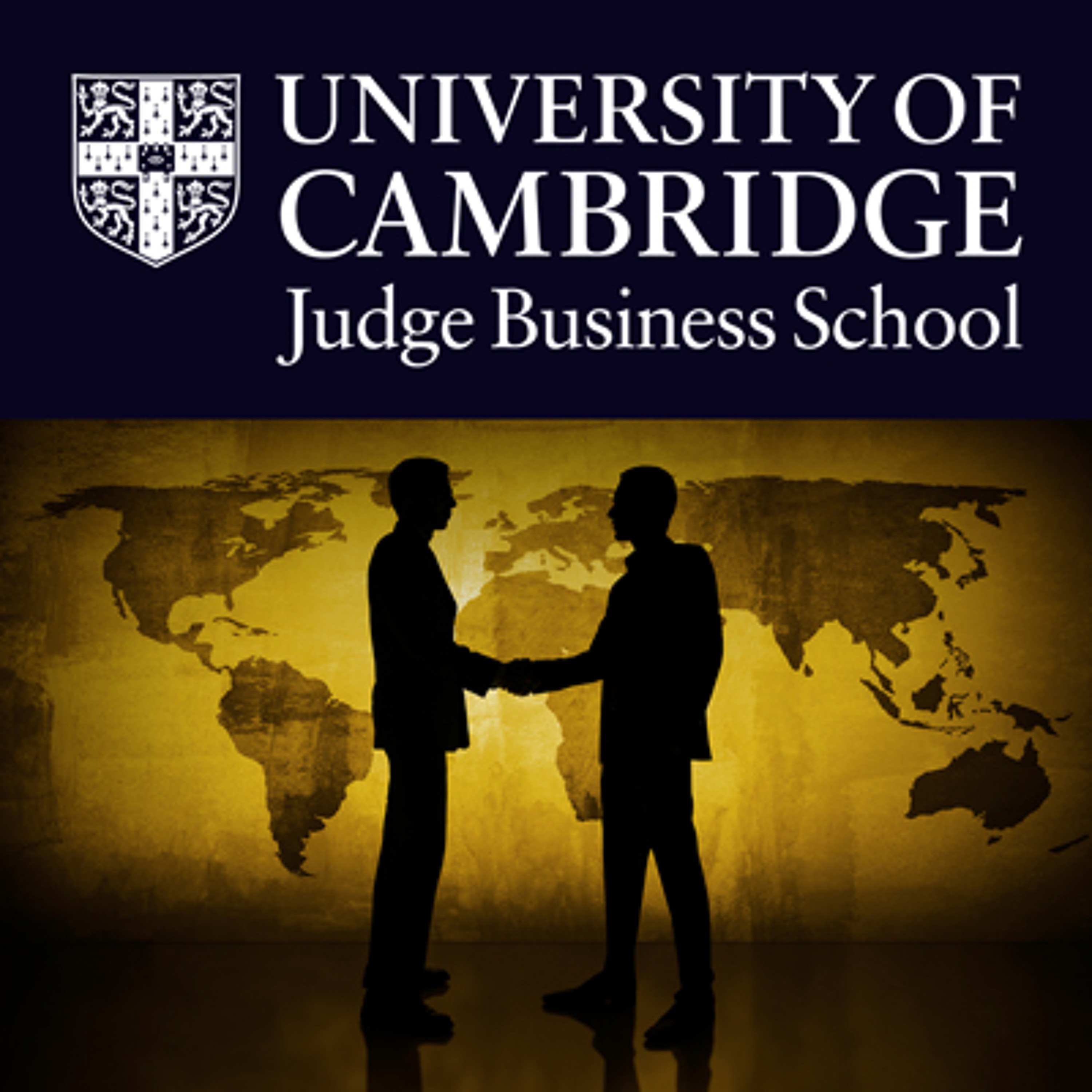
Expert commentOut with the old – in with the new: China faces economic and judicial changeOver the next two decades the creation of infrastructure and investment in industry will become less important to China's GDP, being replaced by consumption and growth in the service sector around manufacturing and agriculture, explains Professor Peter Williamson of Cambridge Judge Business School.
2012-11-2910 min
Expert comment'Shareholder Spring' failed to make wavesCambridge Judge Business School academics Professor Raghavendra Rau and Dr Bang Dang Nguyen agree that the so-called 'Shareholder Spring' that began to emerge in the spring of 2012 proved to be a damp squib.
2012-11-2711 min
Expert commentThreshold penalties for health deliveryResearch into the provision of healthcare support for outpatient medical services, led by Dr Houyuan Jiang, University Senior Lecturer in Management Science at Cambridge Judge Business School, concludes that a unified Performance-Based Contract approach with threshold penalties would achieve the best outcomes for outpatients.
2012-11-2001 min
Expert commentLeaner Western banks face slow growthAfter two decades of excessive development, Western banks are going through a shrinkage process and will emerge as less exciting and facing slow growth, forecasts University Lecturer in Finance, Dr Simon Taylor.
2012-11-0809 min
Expert commentLarge bribes do not lead to greater benefitsFresh research led by Professor Raghavendra Rau, Sir Evelyn de Rothschild Professor of Finance at Cambridge Judge Business School, has revealed that firms bribing their way to contracts under-perform for up to three years before and after securing the work for which the bribe was paid.
2012-09-2501 min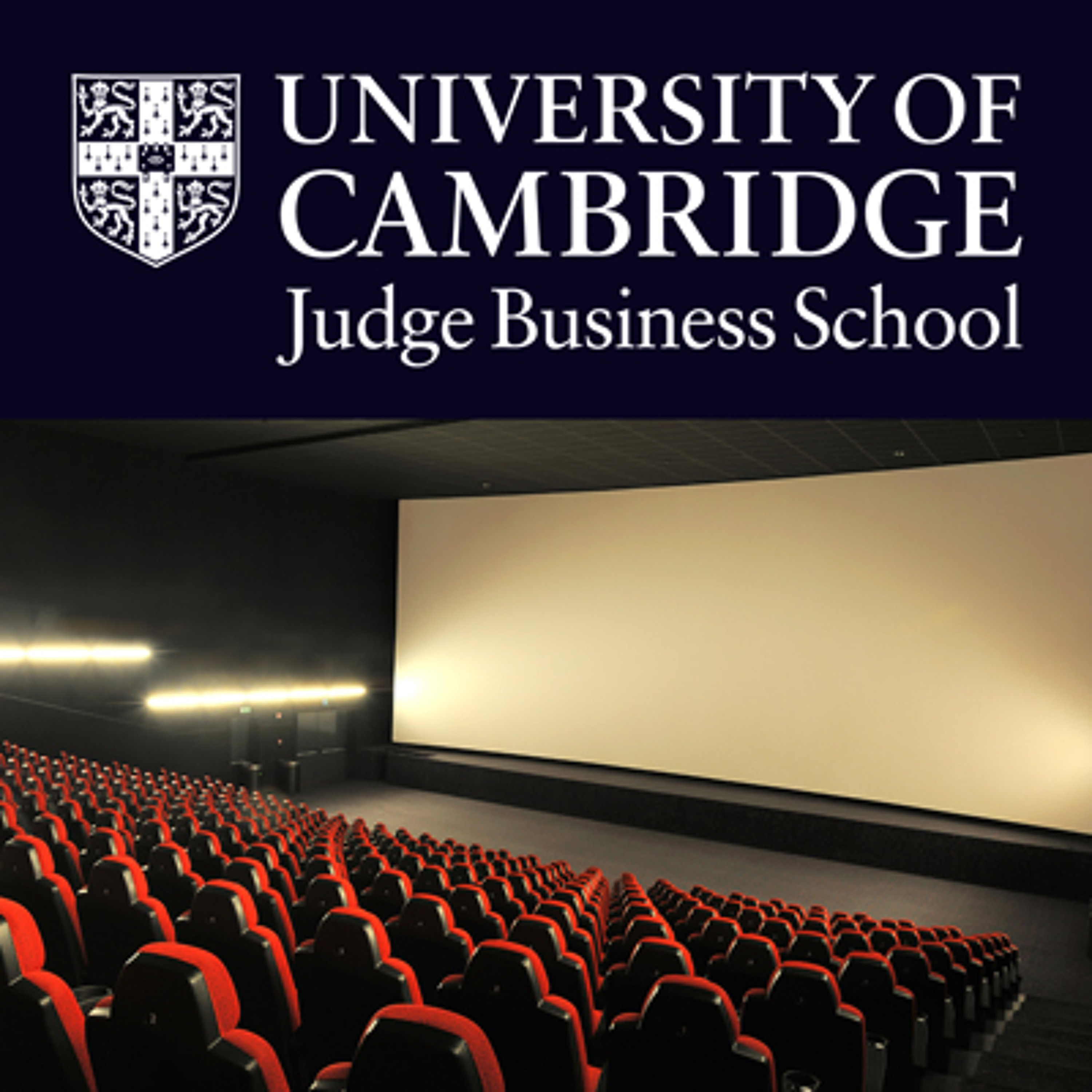
Expert commentFilm industry should rethink its valuesDr Hadida has created her own 'Bridge Video' to communicate her research and believes the industry should step away from box office-driven evaluation to take in wider dimensions of a movie's overall performance. She suggests that box office receipts remain the focus because they are immediate, reliable and easy to collect when a film's actual profitability - overall cost against overall revenue - is neglected in favour of early theatrical revenue.
2012-09-2509 min
Expert commentBanks should put up or shut upProfessor Raghavendra Rau suggests that the government-commissioned Wheatley Review into the LIBOR rate rigging allegations should make the banks put their money where their mouths are.
2012-08-2808 min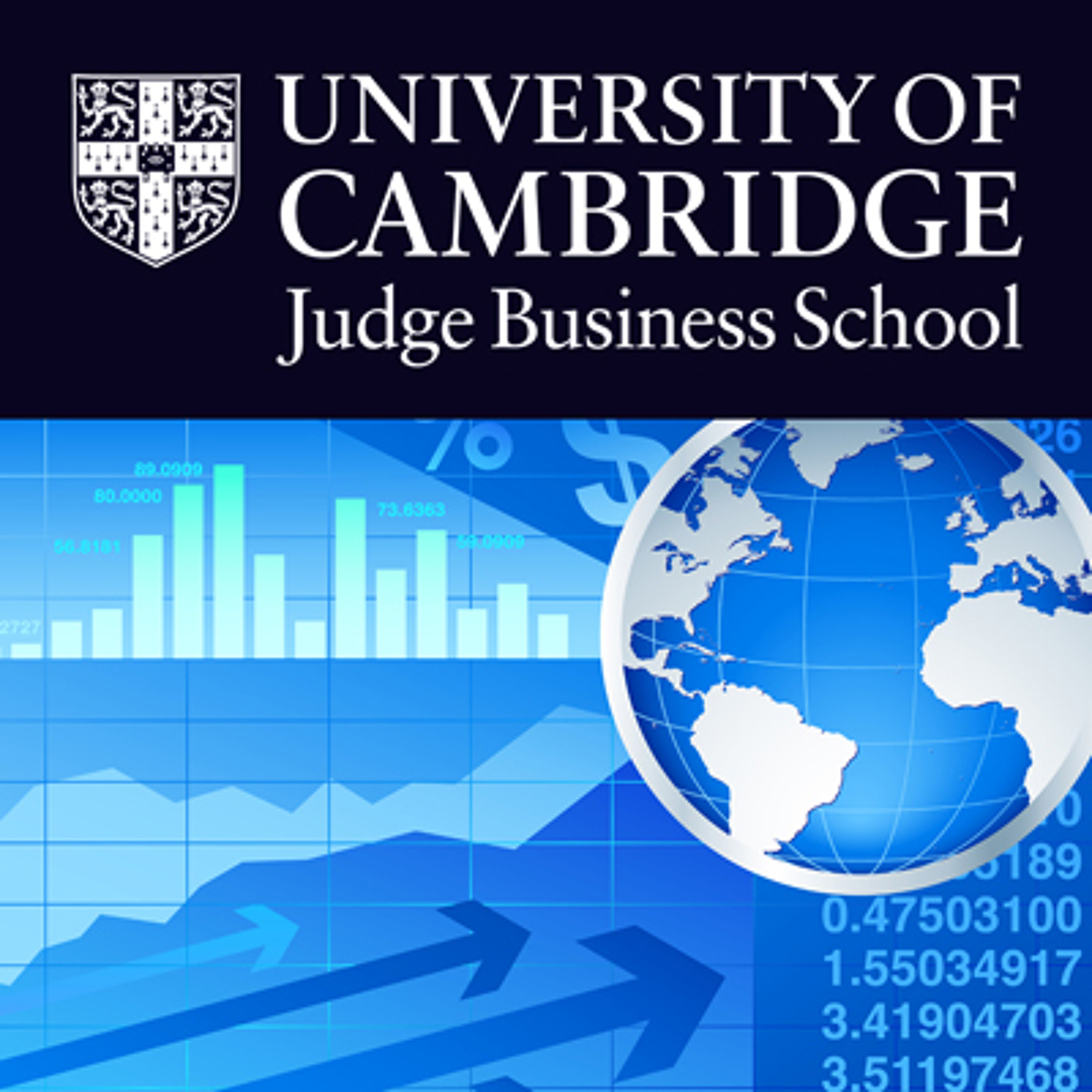
Expert comment2010-2020: a lost decade for the world economy?Michael Kitson calls 2010-2020 a lost decade for the world economy. What is needed now, he argues, is a high level of aggregate demand and continued investment in new technology and innovation coupled with a major shift in economic thinking.
2012-08-2310 min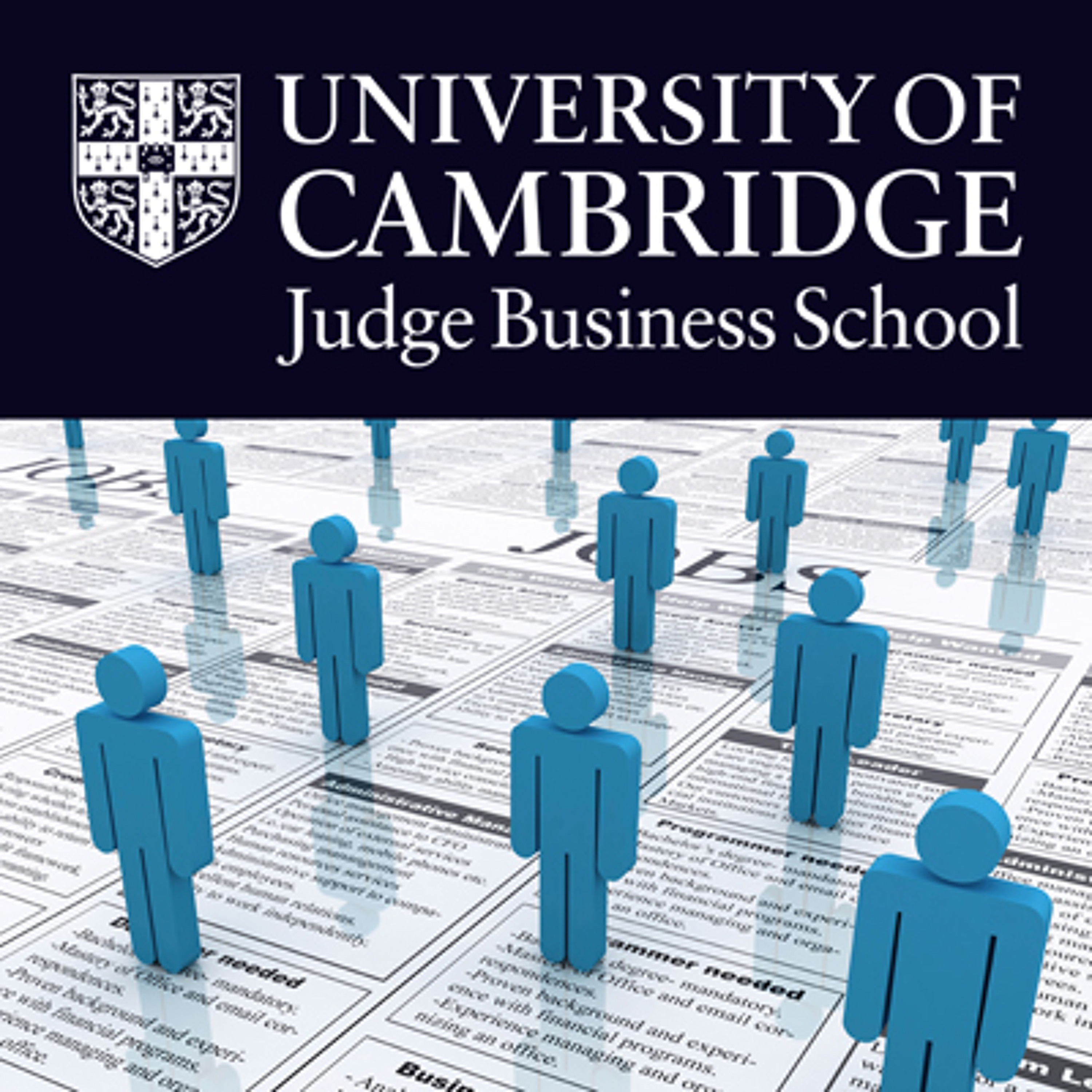
Expert commentConflict in the workplaceDr Jonathan Trevor is calling for a new approach to reward policy. Organisations, he says, are really struggling with the issue of performance and relative reward. It is leading to underlying conflict in the workplace, which he warns is discreet but ever present.
2012-08-1410 min
Expert commentFuel blindShort-term fixes can resolve Pakistan's power crisis including changing the country's power regulatory regime which was introduced through what Dr Kamal Munir terms failed privatisation in the 1990s. Longer term, the fuel mix should be revised with greater roles for solar, wind and hydro, and the harnessing of Pakistan's massive coal reserves.
2012-08-1410 min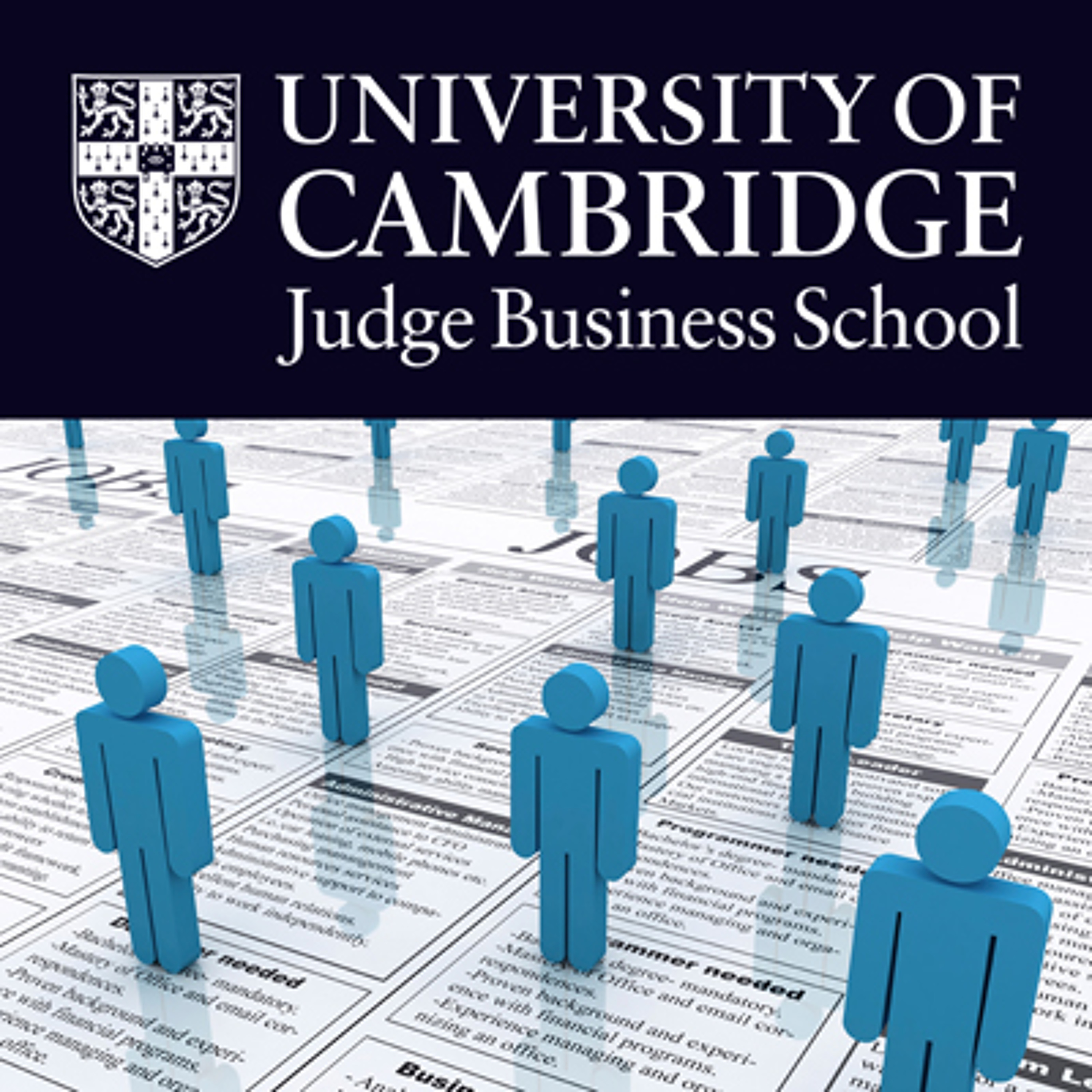
Expert commentGetting creativeFresh research by Dr Andreas Richter into creative self-efficacy and creativity in teams has thrown new light onto an area overlooked in previous studies. Prior research noted significant but not consistently strong relationships between creative self-efficacy and individual creativity, but the latest findings indicate the link is very positive.
2012-08-0707 min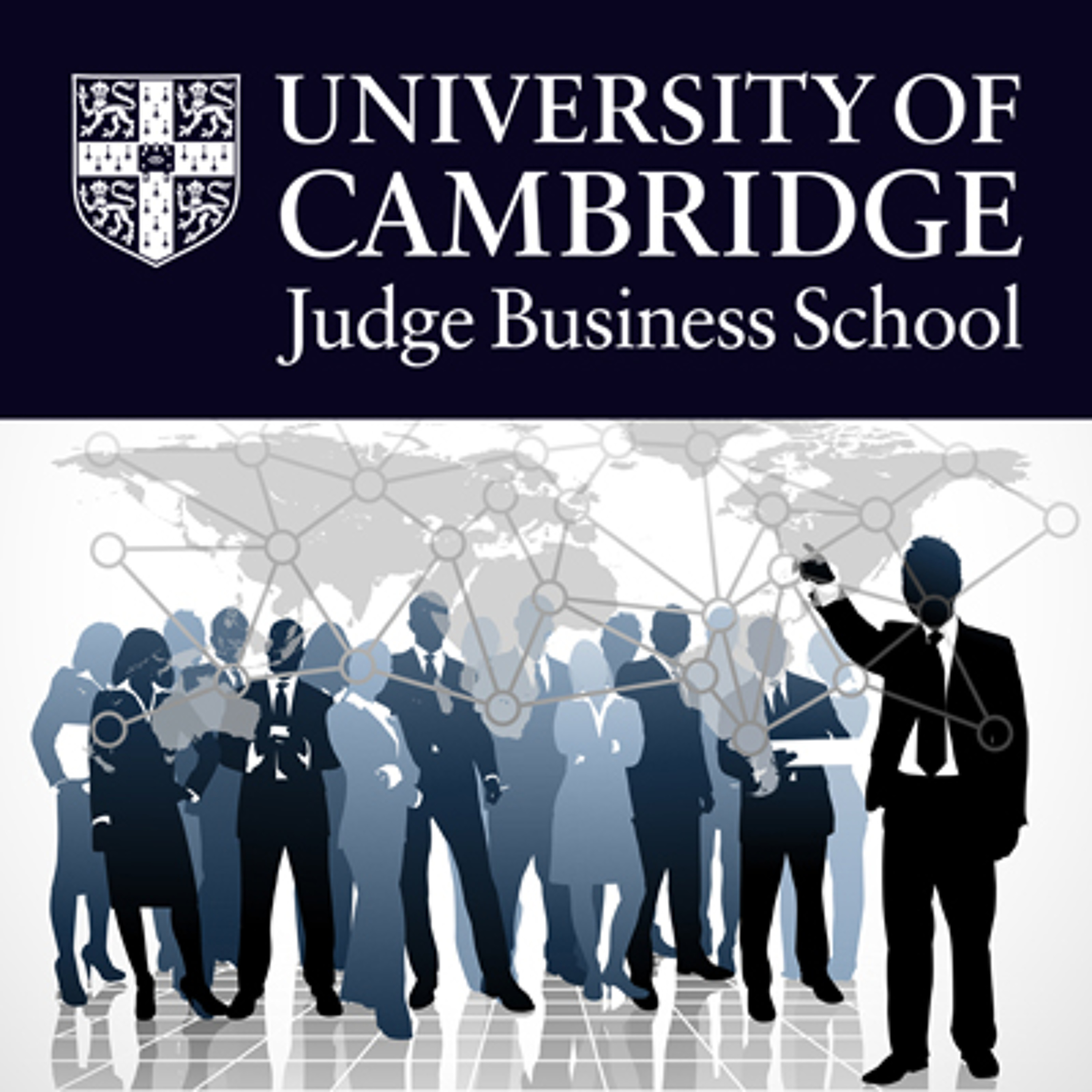
Expert commentOpportunity or threat?Leaders of established and successful organisations must recognise and react positively to the deep-seated changes taking place in an operating environment where complexity is leading to uncertainty. The alternative - to exercise greater control and improve the existing model in order to survive - has a limited shelf-life.
2012-08-0308 min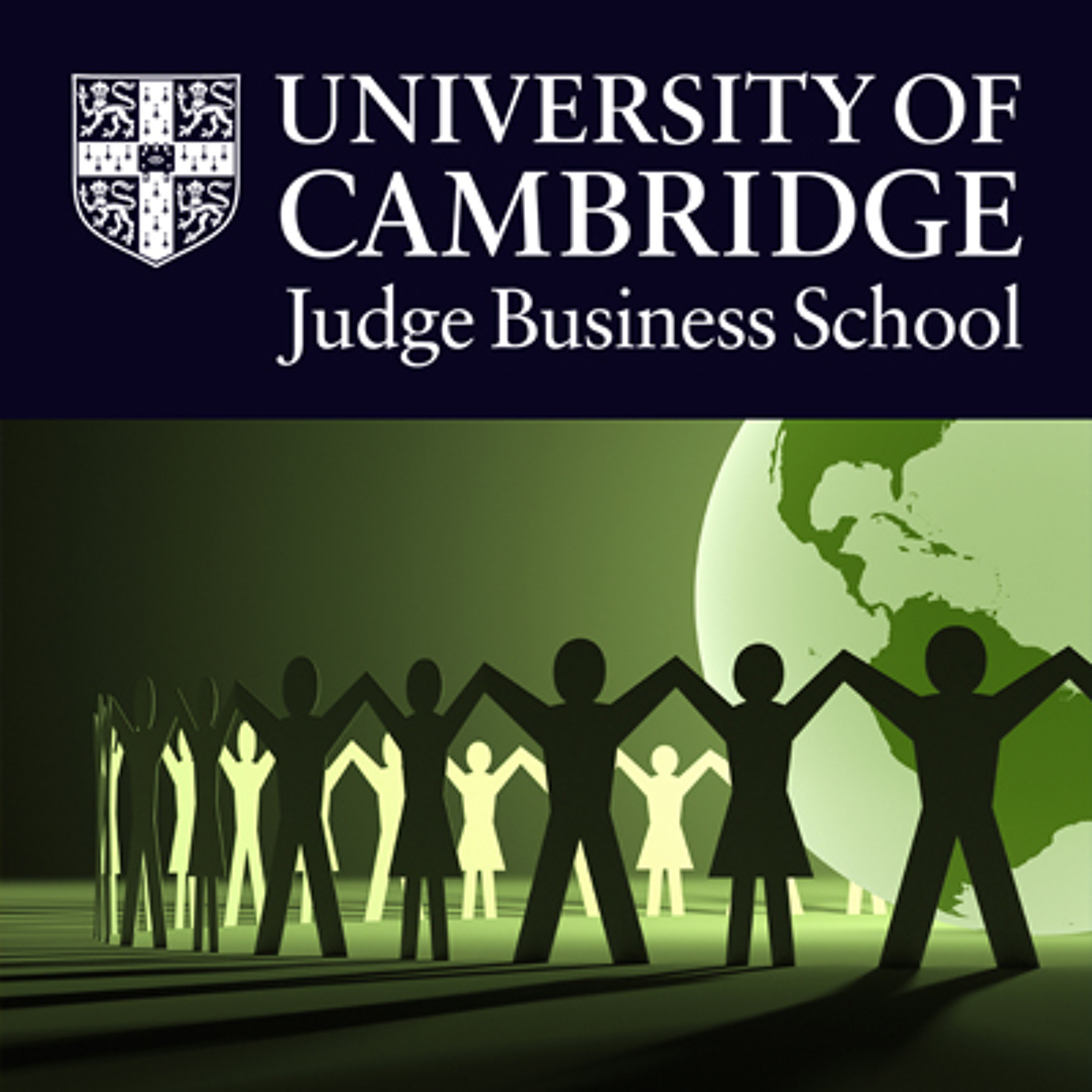
Expert commentDoes the Rolodex matter?Underperforming chief executives are protected if they are part of the same social networks as their directors and even when forced out, well-connected CEOs can rely on the 'old boy' network to find new and better employment, explains Dr Bang Dang Nguyen. His new research looks into the impact of social ties on the effectiveness of boards of directors and on corporate governance.
2012-07-3106 min
Expert commentTaxing dirty energyOnly 10-15 per cent of the population is motivated strongly to go green if it's not in their own economic best interests. Dr Chris Hope explains that business is key to creating a green economy. Steps are required to ensure that businesses, looking for value-for-money in their energy supply and use, end up with a clean and green product. This can be done by making sure that anything that is dirty has a tax on it to recognise the pollution, the damage and impact caused by that dirty energy. If there is no tax or price on dirty energy and...
2012-07-1710 min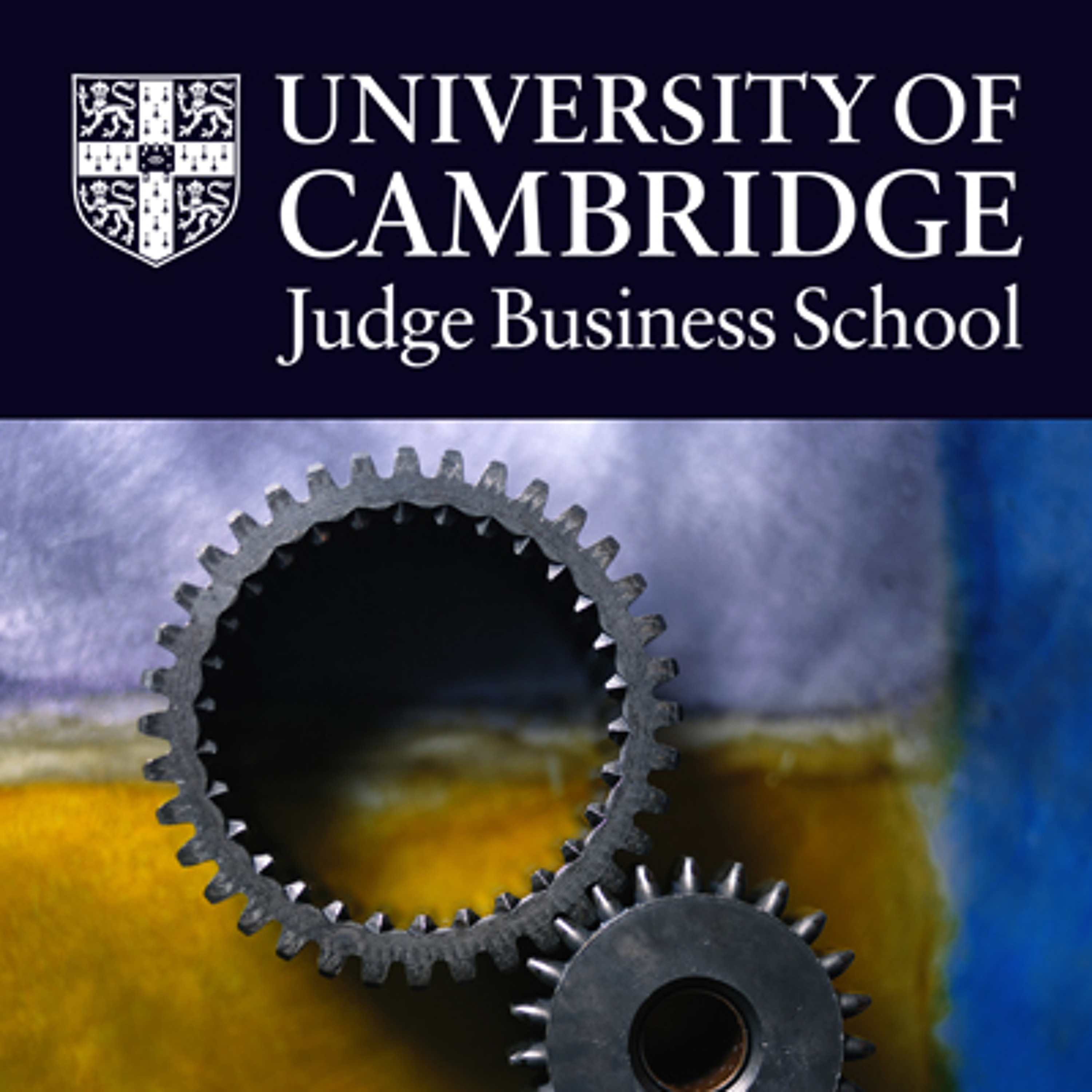
Expert commentSwift, even flow"To improve your productivity you need to do two things," explains Professor Roger Schmenner. "Reduce sector variation and reduce the throughput time. In doing so you will uncover all of the problems that occur in a process. You'll see what to fix and that's how the waste will come out and improvements will be made."
2012-07-1210 min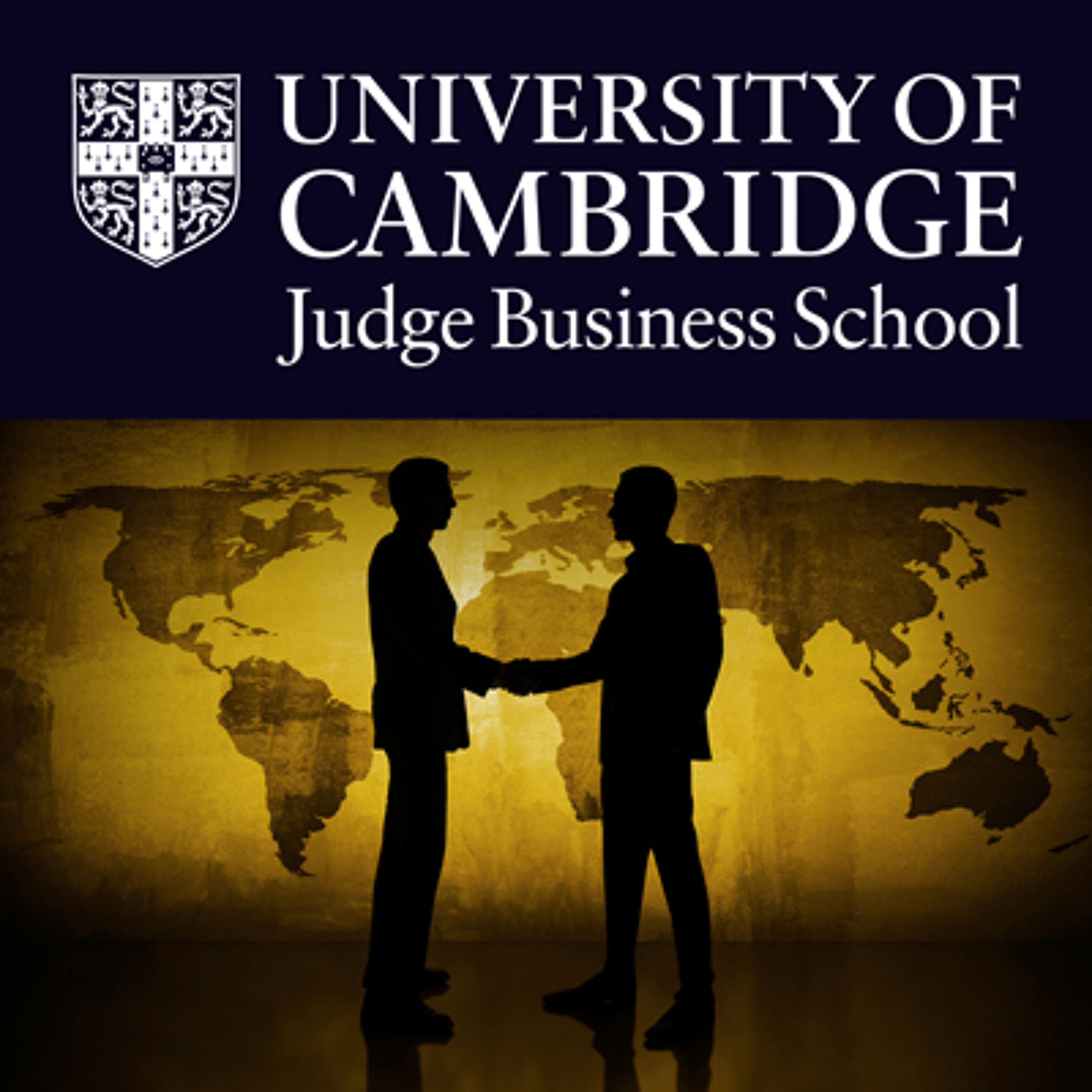
Expert commentAn institutional contextCompanies working in foreign markets can improve their chances of success by adapting their strategies to local differences and taking into account aspects of social, political, economic cultural and historic backgrounds, such as adapting to the role of the judiciary or what intellectual property protection means locally. "The question is, are companies really able to respond to those more difficult kinds of things that are hard to get your hands around, that can't be measured quantitatively, but are very important if we are to be successful in emerging markets?" asks Professor Peter Williamson.
2012-07-1010 min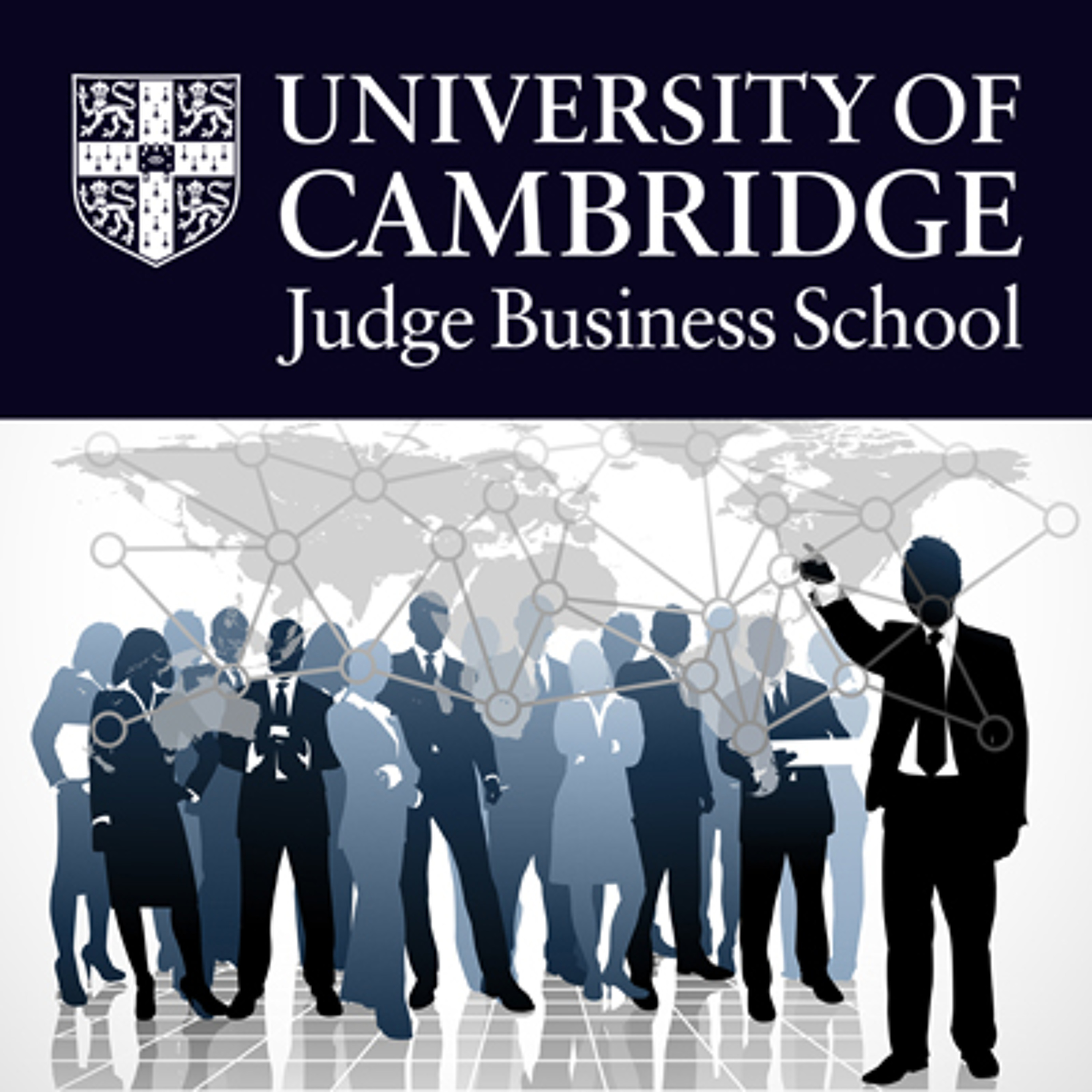
Expert commentLeadership, vision, cynicism and social issuesLeadership plays a huge part in the transformation and visioning of the future organisation but cynicism is a major barrier in that process; and, as the operating environment becomes increasingly uncertain, vision is becoming more important than planning.
2012-07-0910 min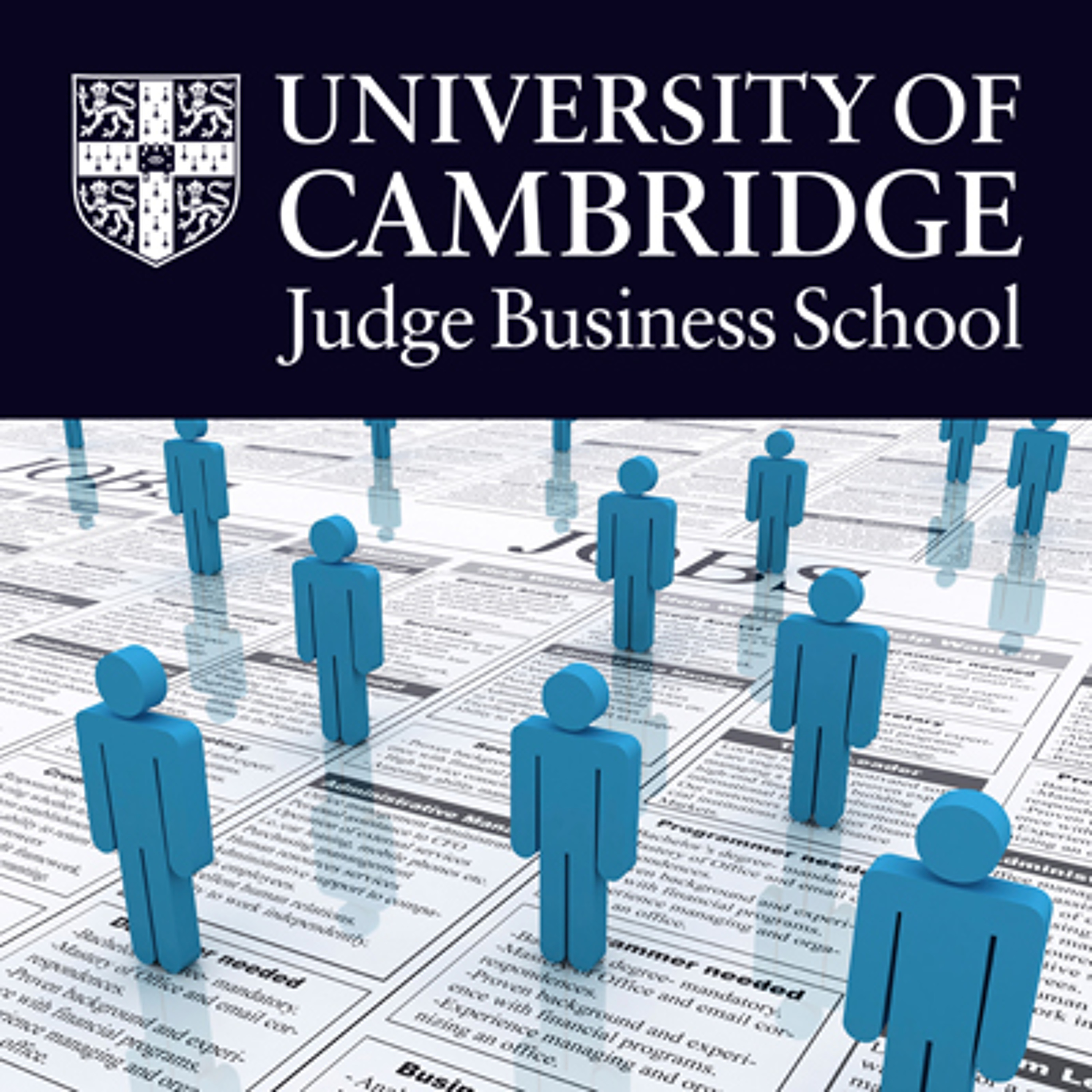
Expert commentThere is an I in teamDr Mark de Rond looks at why it's so hard to get teams to realise their potential, how to enable people to work more effectively on teams and why there's conflict when a team's intentions are aligned. He questions whether that conflict is harmful or if it actually helps the team dynamic.
2012-07-0711 min
Expert commentThe hour between dog and wolfTestosterone-fuelled young male city traders, on a winning streak, shift their risk preferences and take on too much risk. When they lose money in a volatile market, their hormonal response drives the financial community to being risk averse. Dr John Coates explains "We've been trying to identify the molecules and nervous pathways in the body that contribute to this transformation, that would account for shifts in risk preferences which we think destabilise the financial markets."
2012-07-0310 min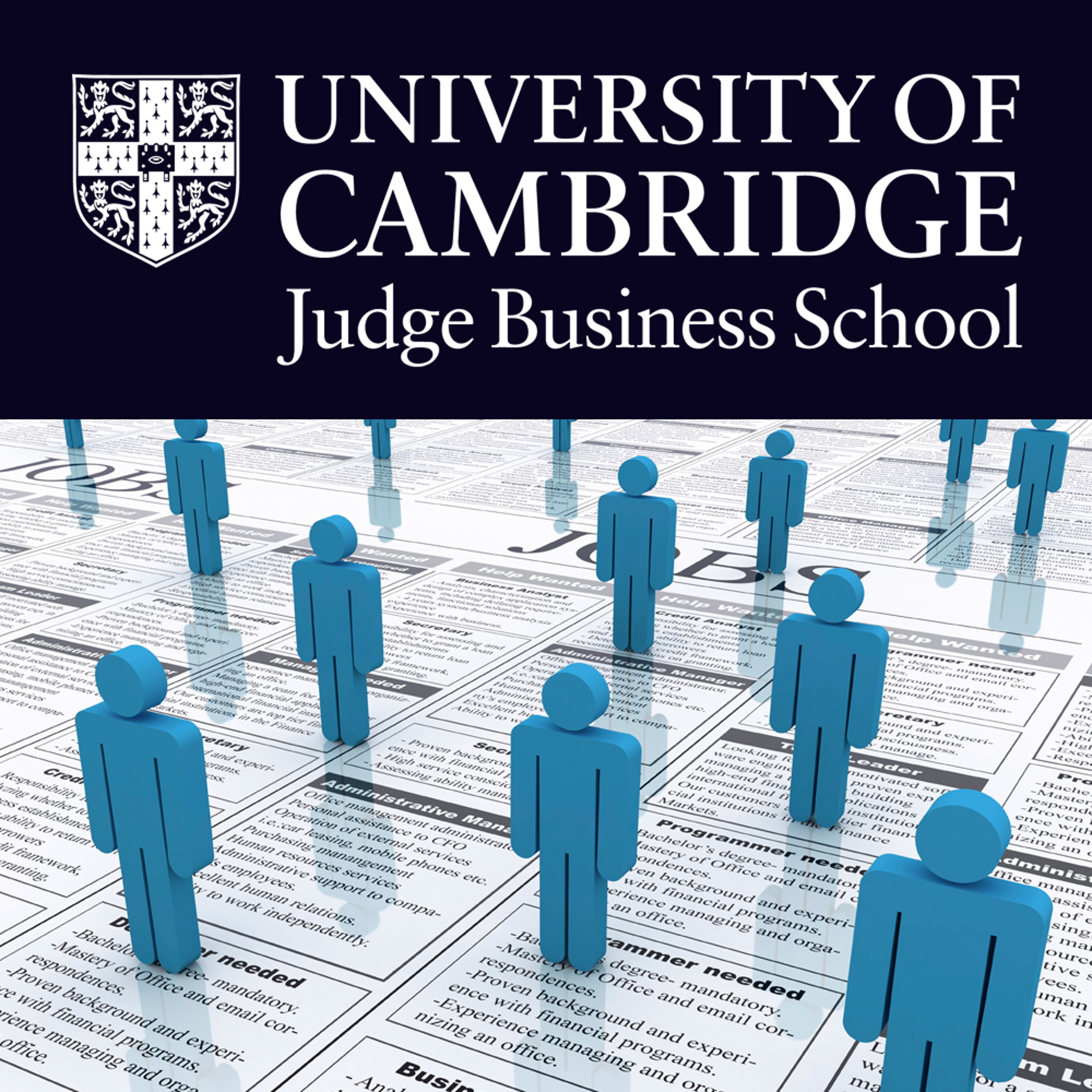
Expert commentService with a smileResearch by Professor Martin Kilduff reveals that managers who help employees to deal with negative emotions feel their actions are 'extra-role behaviour' above-and-beyond their managerial duties. Employees, he says, do not expect any reciprocation, but managers on the other hand, expect personal commitment in return and that, Professor Kilduff warns, could lead to problems.
2012-06-1206 min
Expert commentNatural capitalCEOs of businesses in emerging economies are taking the lead over their European counterparts in understanding the importance of sustaining their 'natural capital' - the genes, species and ecosystems that together make up life of Earth. "Historically the emerging economies, particularly China, have not addressed the short-term effect they are having, with its long-term impact, on natural capital, but we've seen a growing change in that," explains Dr Rands.
2012-06-0710 min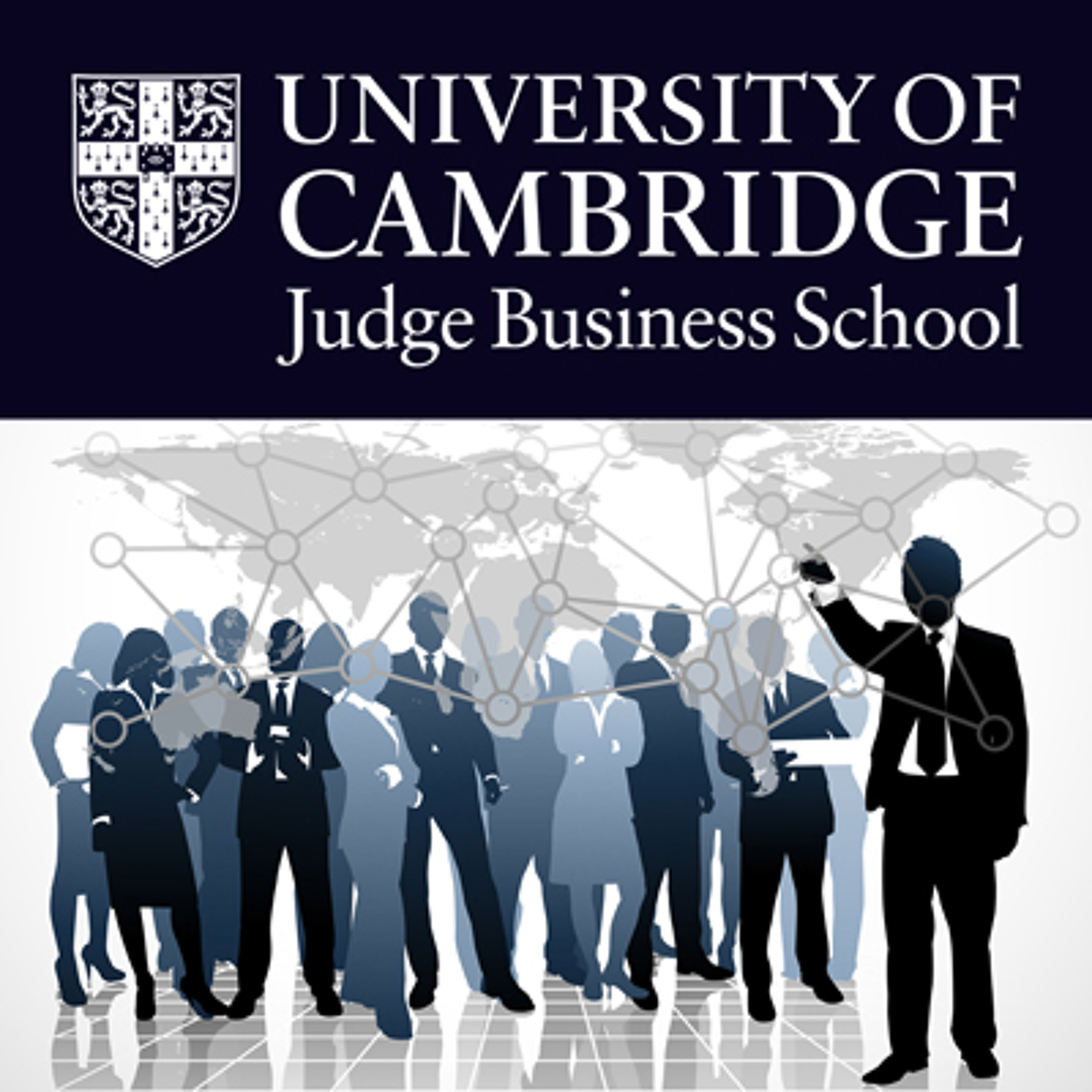
Expert commentBeyond efficiencyDr Jonathan Trevor and Kate Tojeiro argue the traditional, bureaucratic organisation - based on execution and efficiency - is being replaced by network-based, informal structures as the industrial age disappears. Organisations need to cultivate a model of empowerment, development and liberation of talent within an organisation, to go beyond just merely seeking to exploit efficiencies, but to do something fundamentally different without reference necessarily to those above. The key to this empowerment, however, is trust!
2012-06-0609 min
Expert commentHelium floats up the agendaA recognised expert on energy technologies, Dr Bill Nuttall is predicting a healthy long-term future for the helium industry, with the gas playing a major part in both nuclear fission and fusion. He discusses the tensions of an evolving hi-tech demand for the gas with its unsustainable traditional fossil fuel source. Among the conclusions he makes in his co-authored book, The Future of Helium as a Natural Resource, are that more gas will be needed, reserves will have to be conserved and recycling must be prioritised.
2012-05-3109 min
Expert commentA case of bad PRCarbon dioxide capture and storage (CCS) technologies have been described as the best way to combat climate change, but their deployment has been seriously hampered by a poor communications strategy. The information available about CCS is often too technical and fails to address public concern around the social, political and economic issues, explains Dr David Reiner.
2012-05-2109 min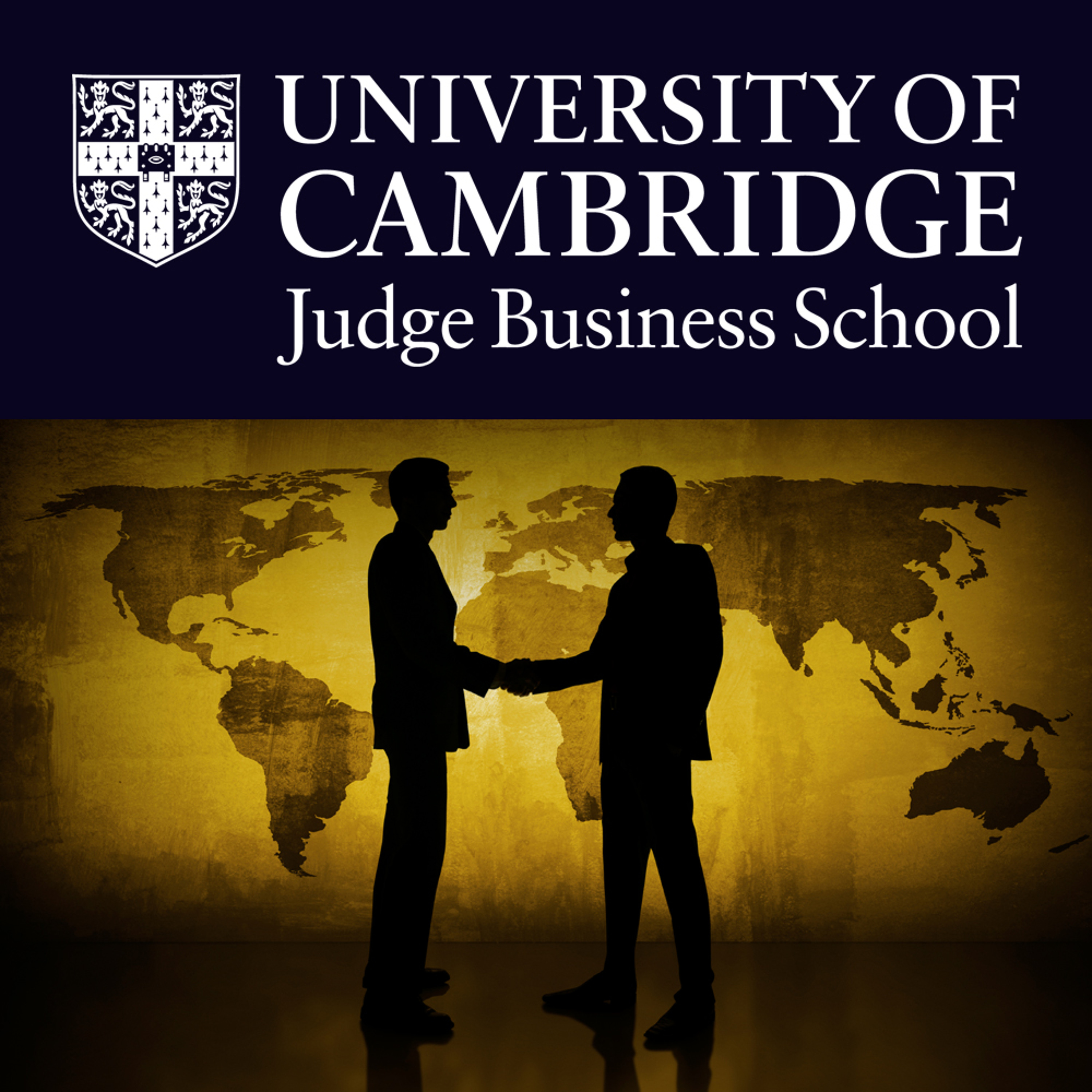
Expert commentDoes my bottom line look big in this?Research by Dr Ben Barry, an Ogilvy Foundation scholar at Cambridge Judge Business School, into the way fashion brands use models reveals that women want those models, regardless of age or size, to inspire them with glamour, artistry and creativity, as opposed to stimulating just aspiration. His cross-cultural study of consumer response to size, age and race diversity in fashion adverting involving nearly three thousand women in North America, Canada and China also revealed strong cultural differences. In North America he found the practice of using only models who reflect the Western beauty ideal to be ineffective, whereas in China...
2012-05-1509 min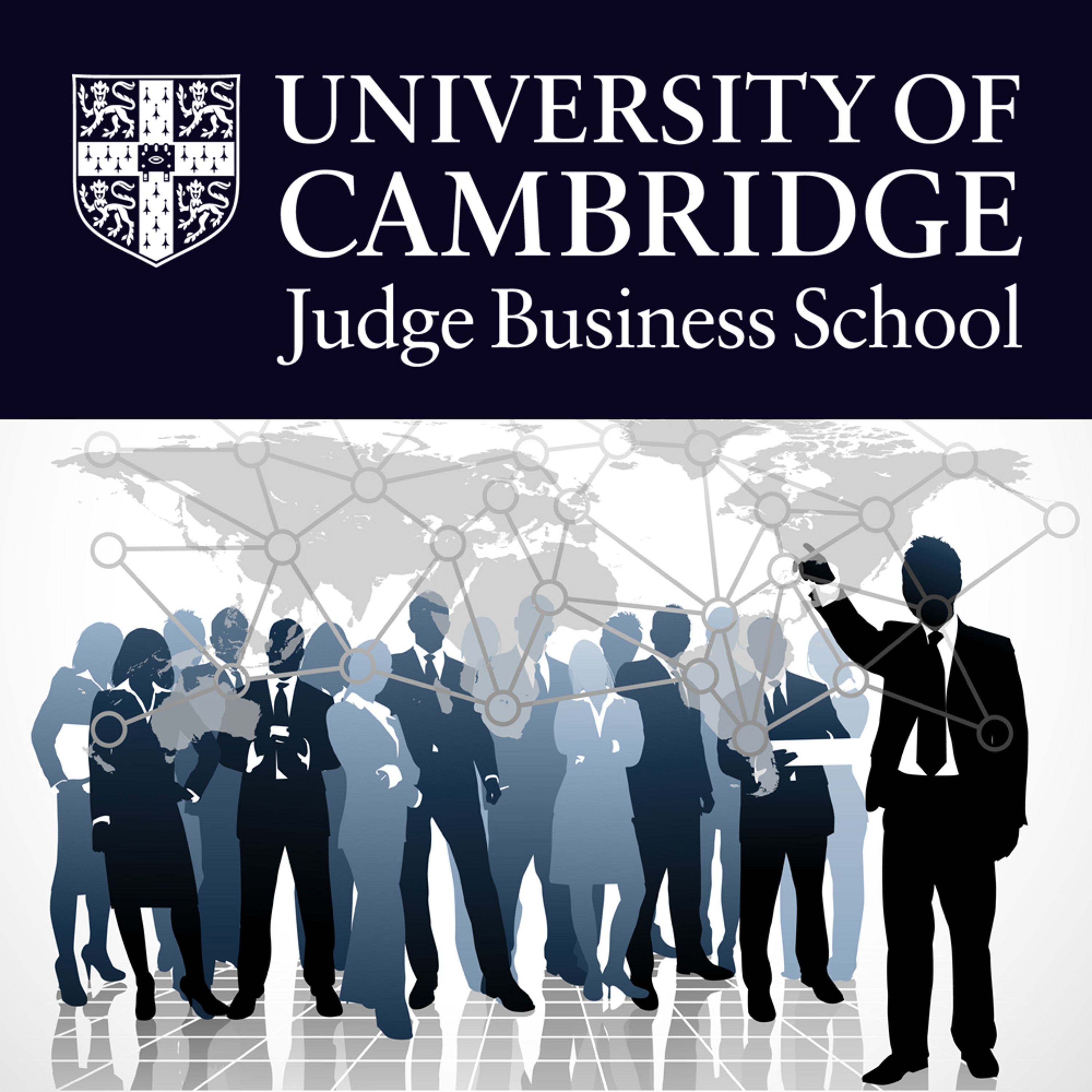
Expert commentFor leadership read fellowshipSocial media needs to be seen in the context of what we're seeing as the emergence of distributed leadership, where organisations are becoming flatter, leaner, more empowered, more democratic and more knowledge intensive. According to Kate Tojeiro and Dr Jonathan Trevor, people are no longer waiting for permission from on high to engage with each other and to make something new and exciting. We're seeing a leadership change being driven by social media.
2012-05-1109 min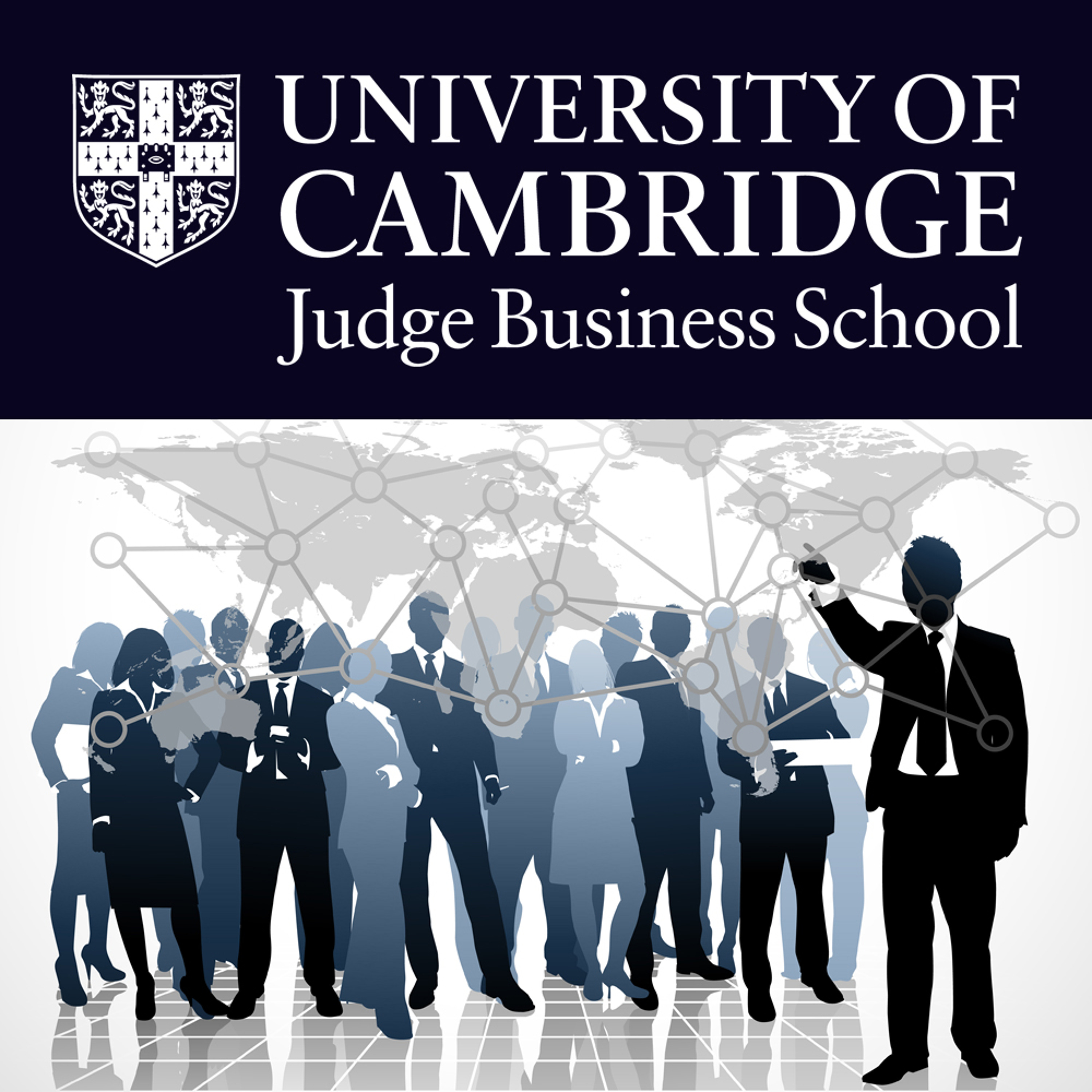
Expert commentCutting the mustardDr Jonathan Trevor and Kate Tojeiro
Levels of satisfaction, loyalty and engagement are at an all-time low but there other measures which indicate that, given the difficult environment, some leaders are managing people very well. So, which leaders are cutting the mustard and how are they doing it, ask Dr Jonathan Trevor and Kate Tojeiro.
2012-05-0411 min
Expert commentShale we or shan't we?As exploration of shale gas reserves resumes in Lancashire in the UK, a leading energy industry observer says EU legislation fails to support an important nascent industry. Dr Pierre Noël, Senior Research Associate and Director of the Energy Policy Forum at Cambridge Judge Business School, believes that European and UK energy policies should concentrate on carbon emissions with credible long-term carbon pricing or taxes. If a strategy was in place, natural gas would displace coal and so reduce carbon emissions in the short and medium terms.
2012-04-2509 min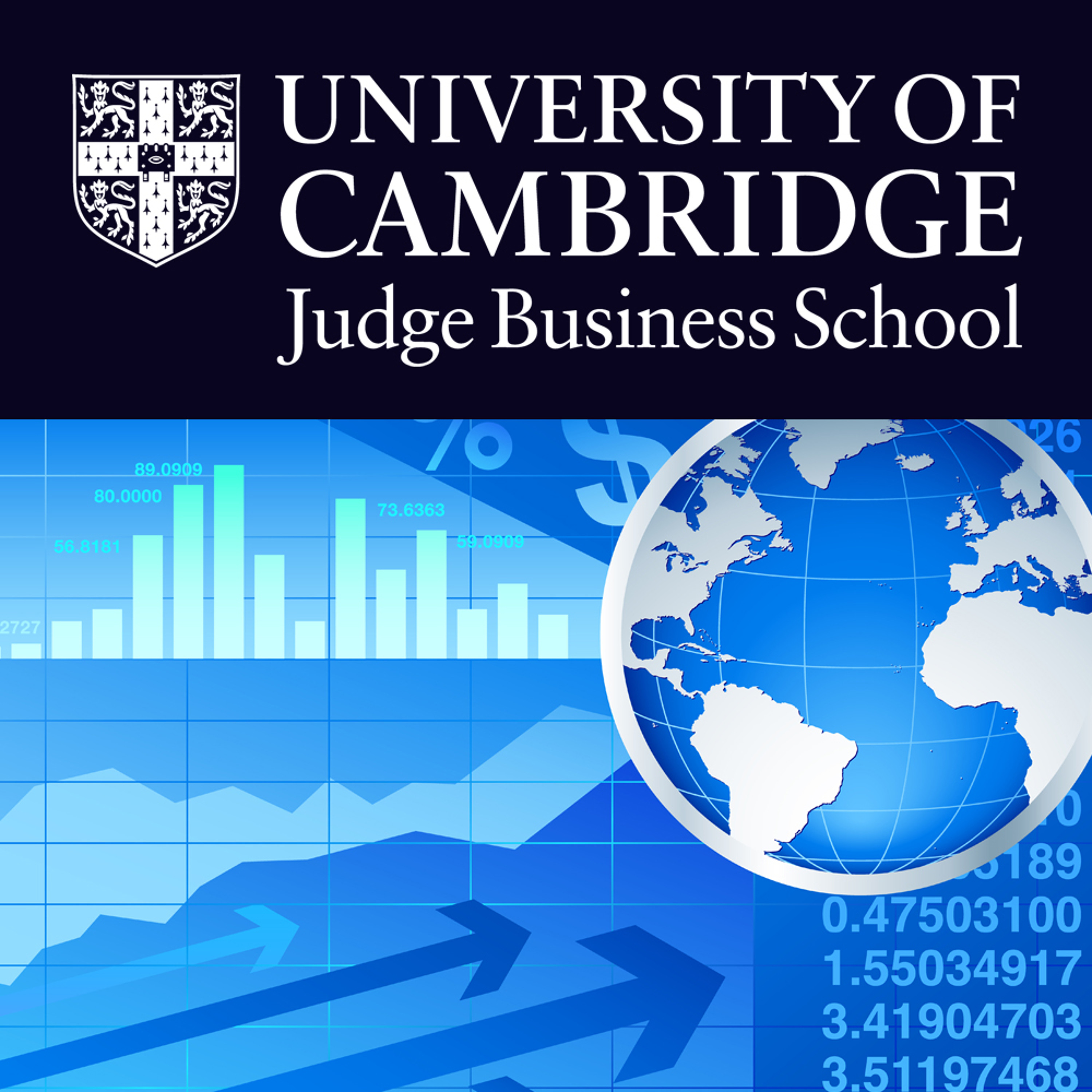
Expert commentFrom top to bottomIdiosyncratic portfolios and an unconventional approach are two of the findings in the first detailed analysis of John Maynard Keynes' investment philosophy, strategies and trading records by Dr David Chambers and Professor Elroy Dimson. "The popular consensus to have grown up around Keynes is that he was a fantastic investor. Whilst we have not exploded that story, we reveal it is a more nuanced story than this popular view suggests."
2012-04-1710 min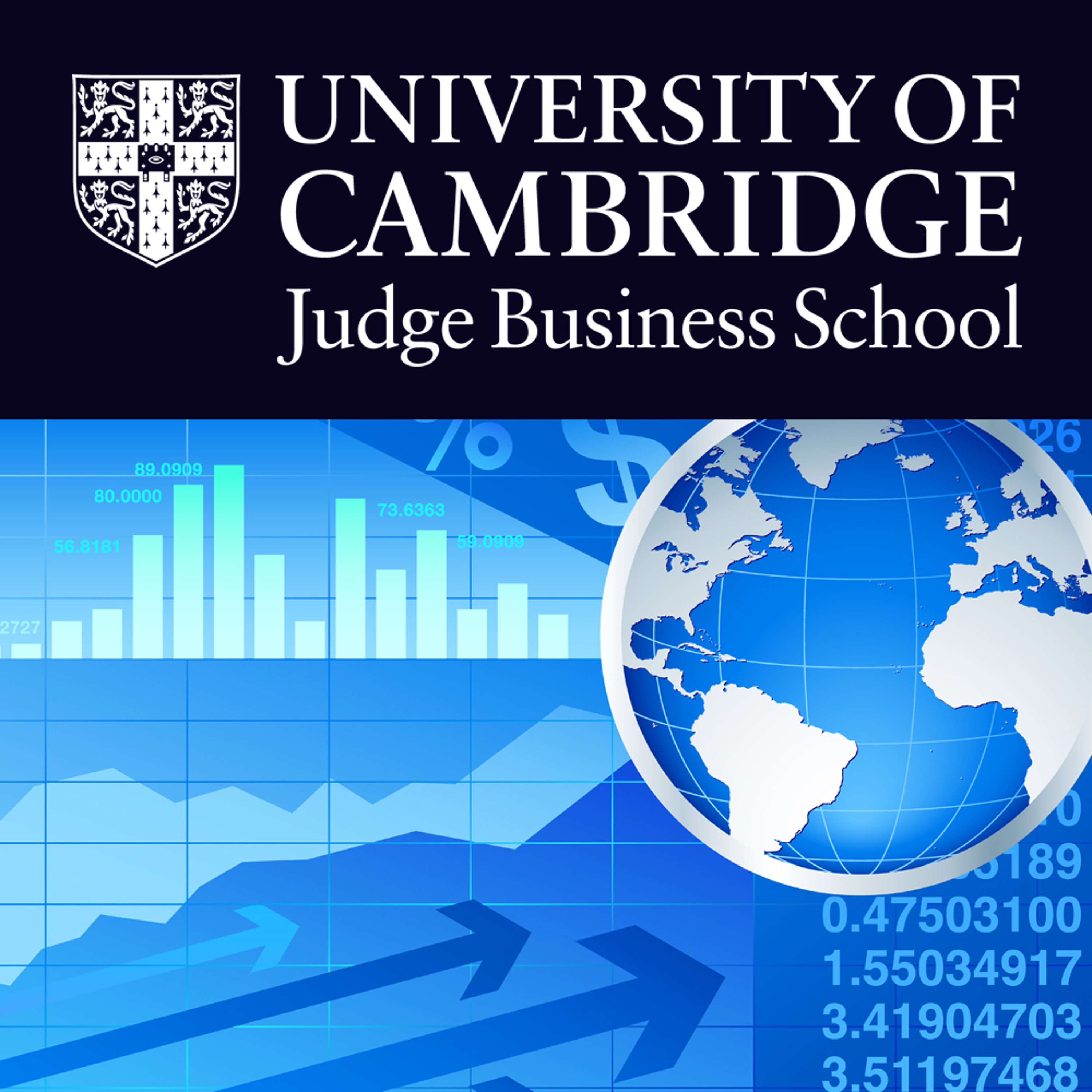
Expert commentRethinking economicsMichael Kitson compares the current global recession to the Great Depression of the 1930s, and feels that austerity is here for a long time unless there is a change in economic policy globally as we well as in the UK.
2012-04-0309 min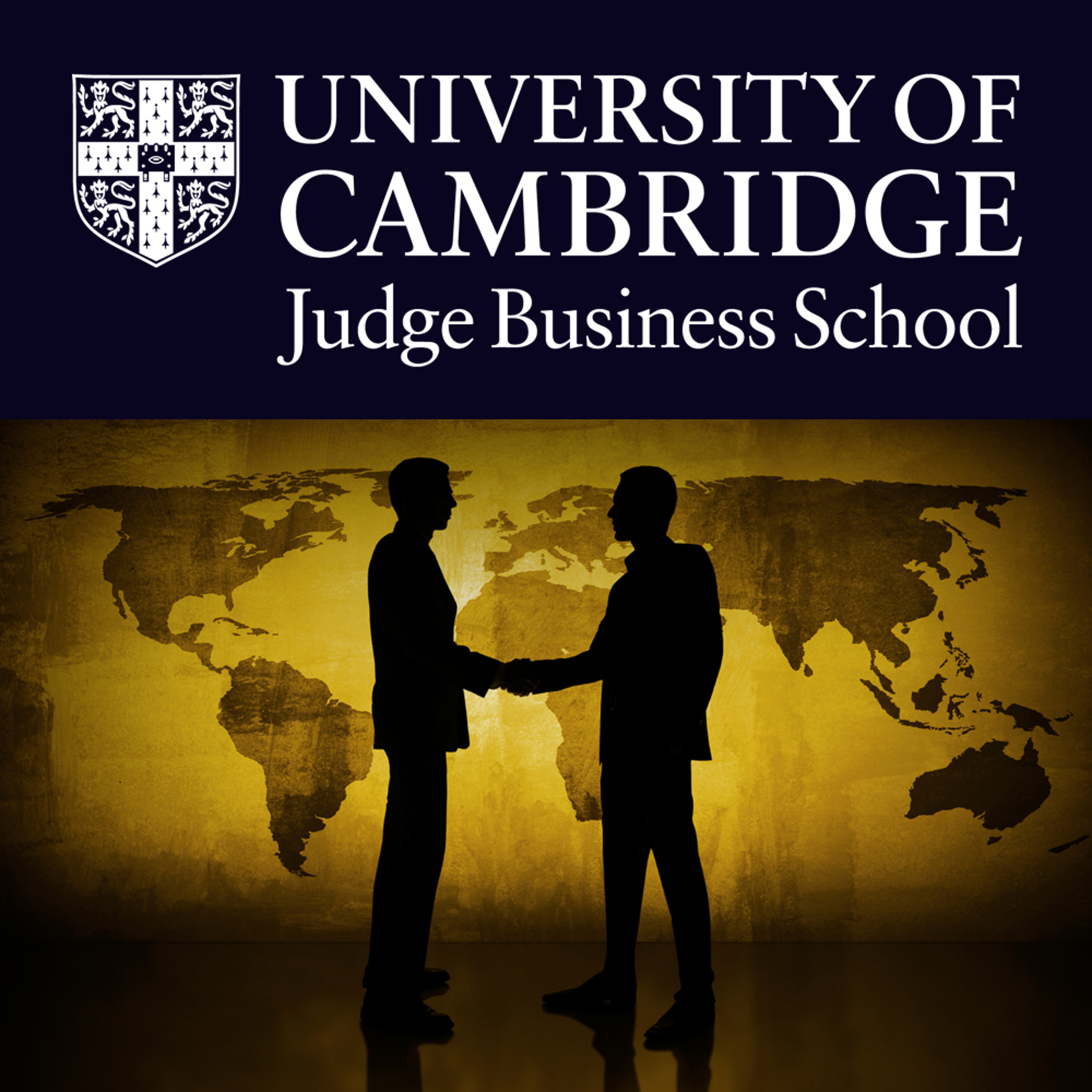
Expert commentReversing the economic decline of PakistanAs the country gears up for a general election, Dr Kamal Munir, an advisor to the Pakistan government, warns of the tough challenges ahead. It will be difficult, he says, for one single government to turn the country's fortunes round completely; there are no shortcuts. He identifies energy provision and youth unemployment as being key issues for Pakistan's future.
2012-03-3008 min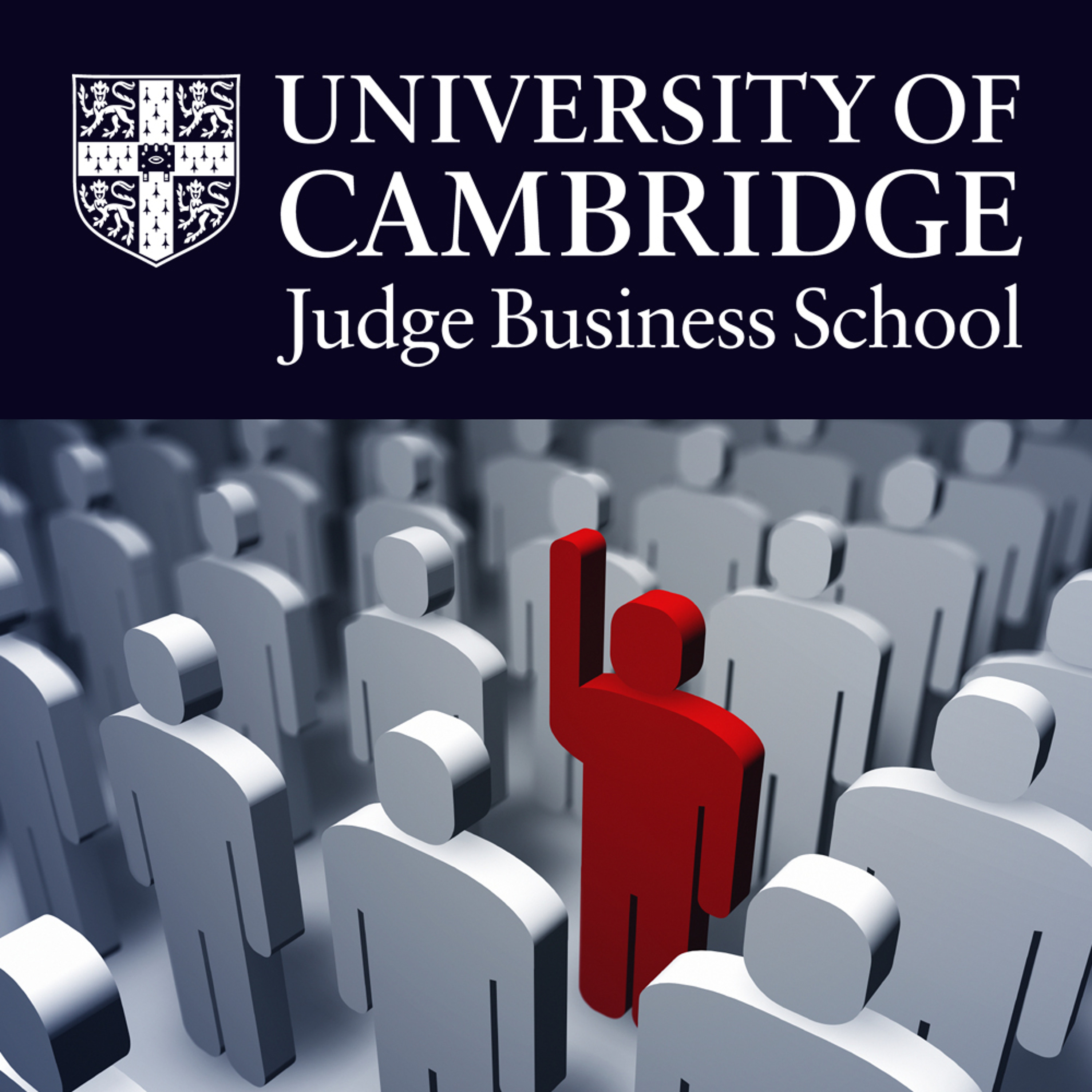
Expert commentCalling all entrepreneursProfessor Michael Barrett has been studying a mobile phone-based solution that offers financial access for populations that have no bank accounts in emerging economies. Called M-Pesa ('M' for mobile, and 'Pesa' a Swahili word for money), it was developed by Sagentia in Cambridge and Vodafone.
2012-03-1309 min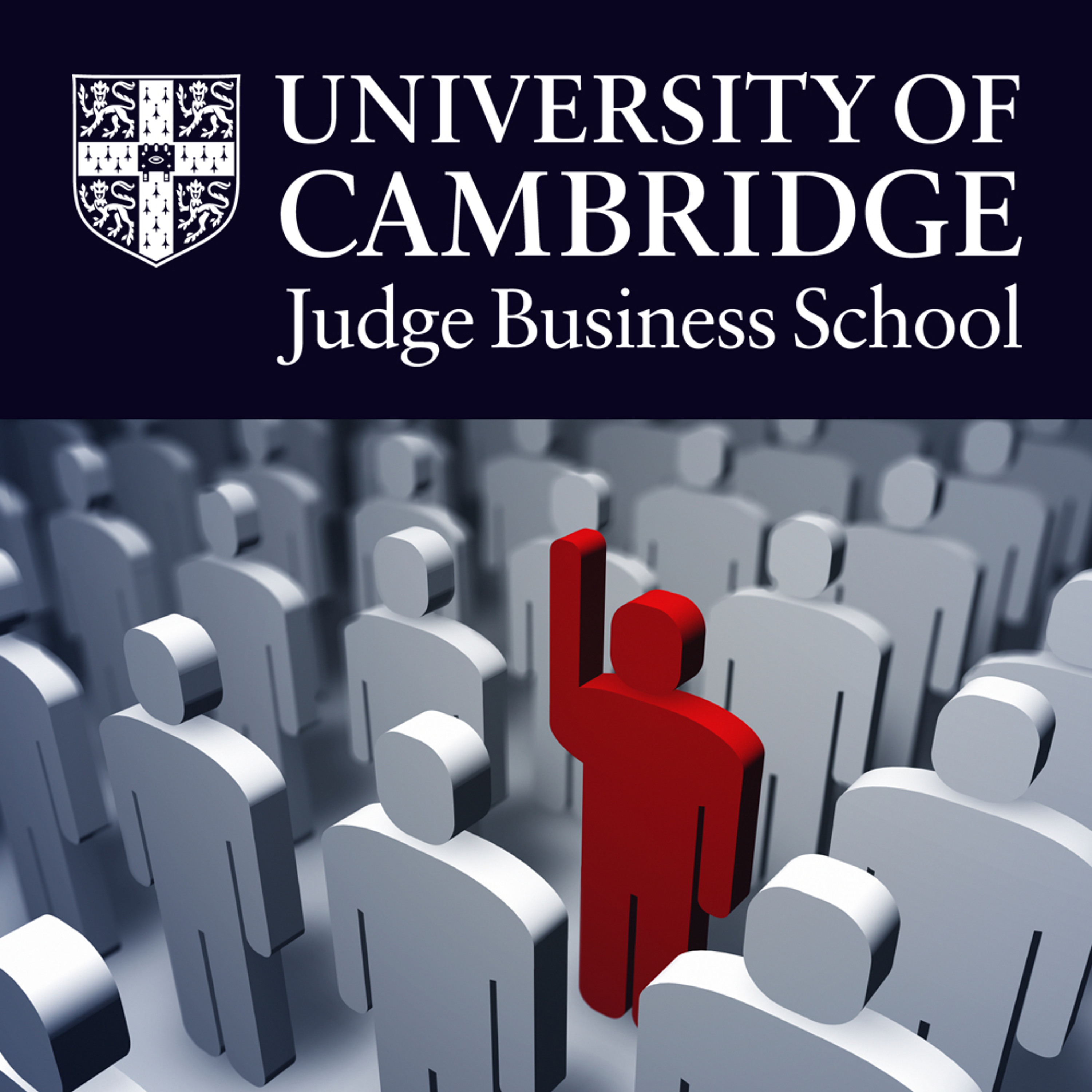
Expert commentJugaad InnovationProfessor Jaideep Prabhu recognises that although innovation is the major strategy for companies worldwide, the current economic climate is suppressing R&D budgets and traditional highly structured innovation processes. Western companies, he says, should look to the frugal and flexible approach to innovation used by countries like India, Brazil and China as they lead the way in economic growth.
2012-02-2708 min
Expert commentThe 'fairer sex' and entrepreneurshipWomen have excellent skills yet their entrepreneurial success is limited, says Dr Barakat. Entrepreneurship programmes have similar impacts on the sexes but, in absolute terms, women remain disadvantaged because they start at a lower point and their confidence and ambitions to be entrepreneurial are consistently lower.
2012-02-1711 min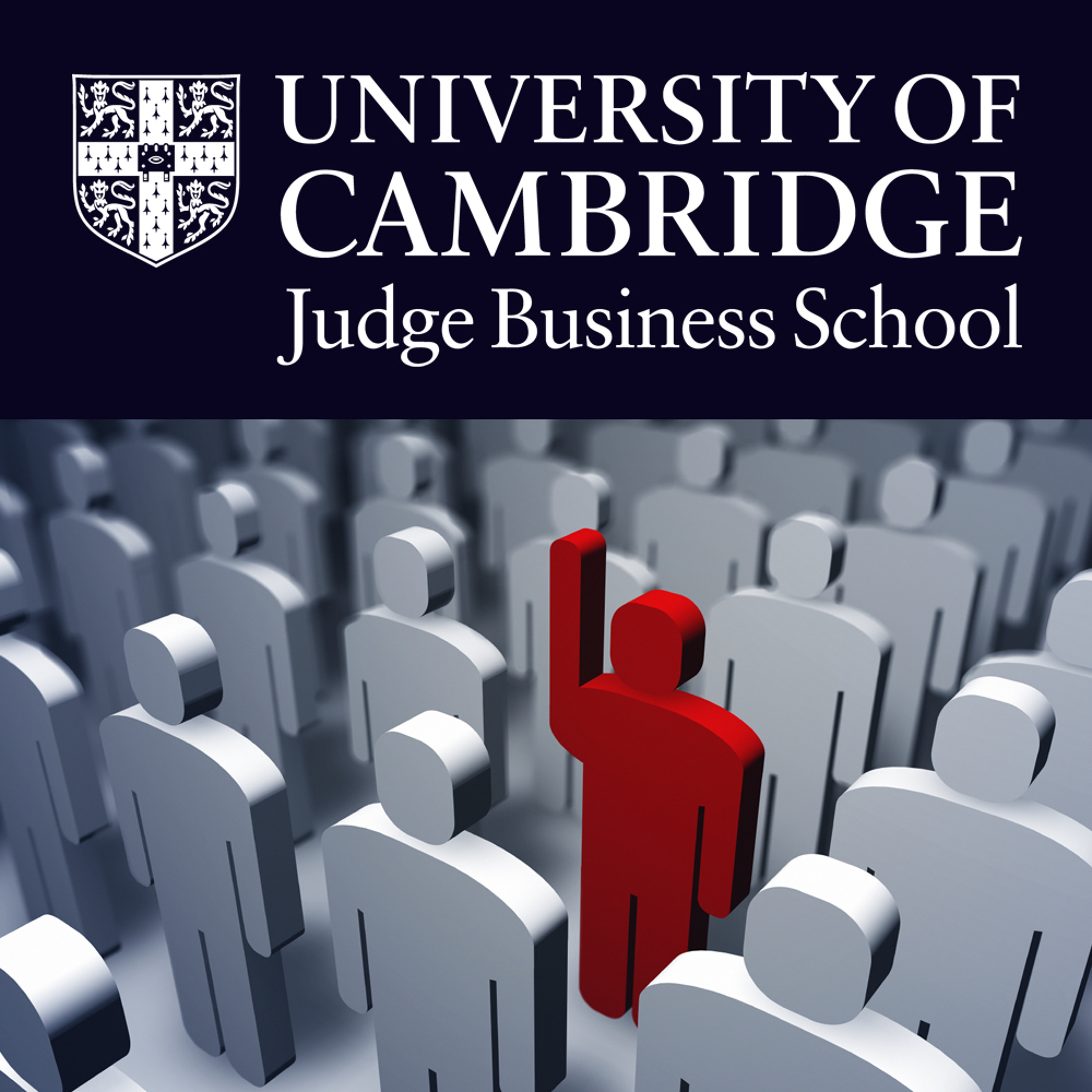
Expert commentA negative 'Kodak Moment'Five years ago Dr Kamal Munir, who has followed American company Kodak's fortunes for more than a decade, warned the company that unless it changed its strategy and embraced digital imaging and photography, its days were numbered. A few days ago Eastman Kodak filed for bankruptcy protection in the United States.
2012-02-1611 min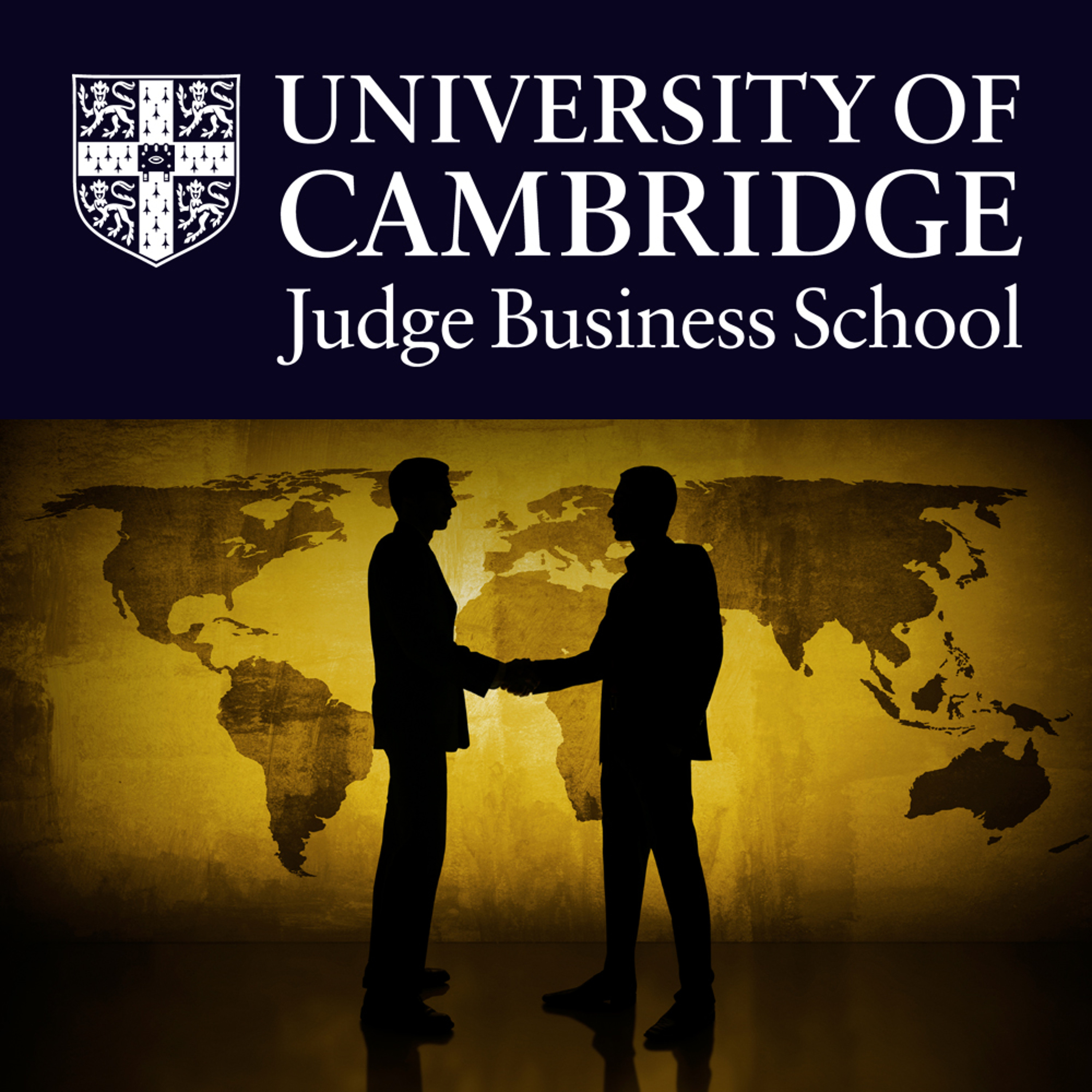
Expert commentCorruption time bombsDr Stelios Zyglidopoulos and Dr Barak Ariel warn that, fuelled by the economic climate and constant pressure for performances that are not feasible given existing resources, corporate corruption is more widespread than ever. In countries where corruption is prevalent, they believe multinational corporations should lead the battle to stamp it out.
2012-02-1413 min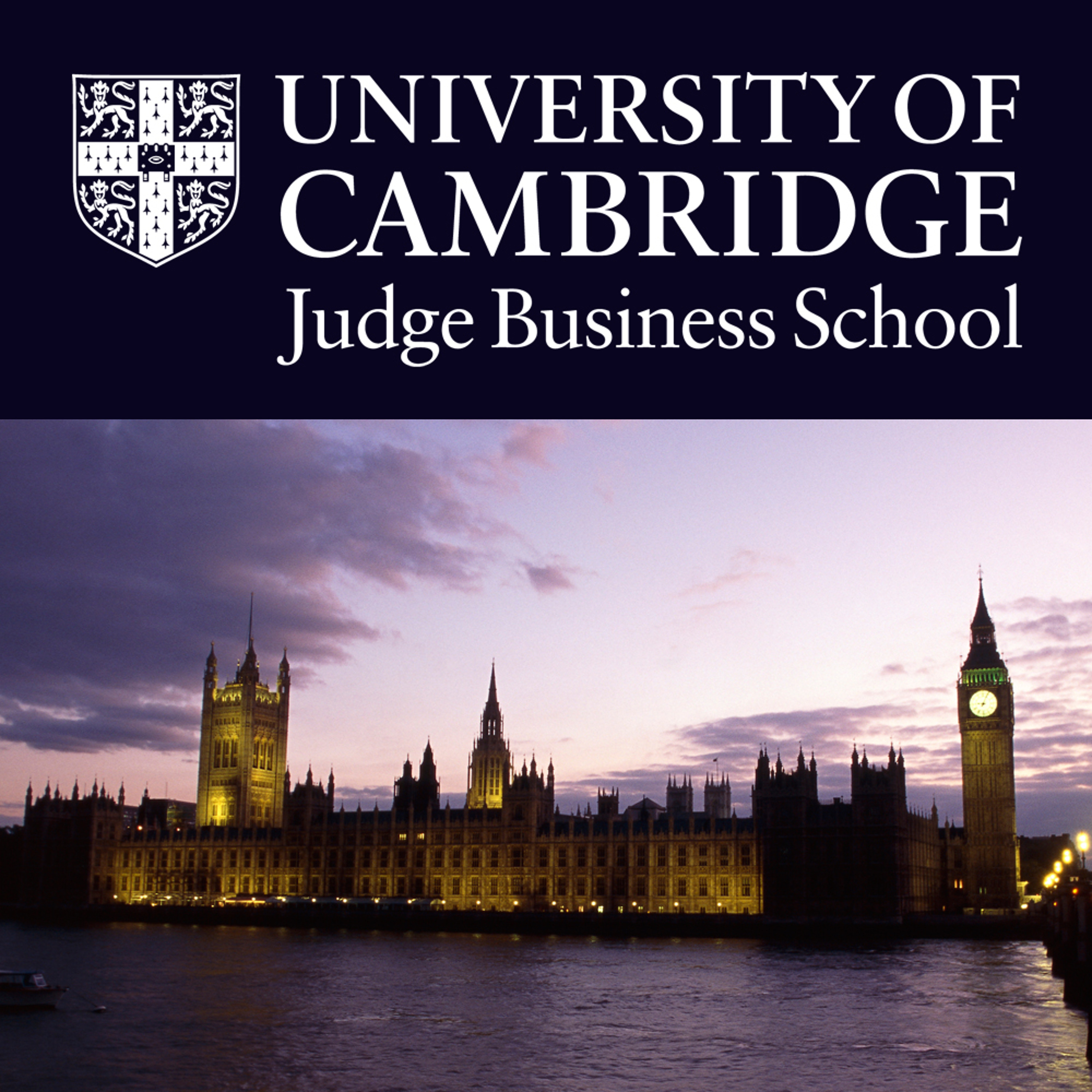
Expert commentCoalition warned on immigration plansAs the government prepares to announce an overhaul of the UK's immigration policies, Michael Kitson says raising controls now may negatively affect the country's innovation and long-term future growth.
2012-02-0706 min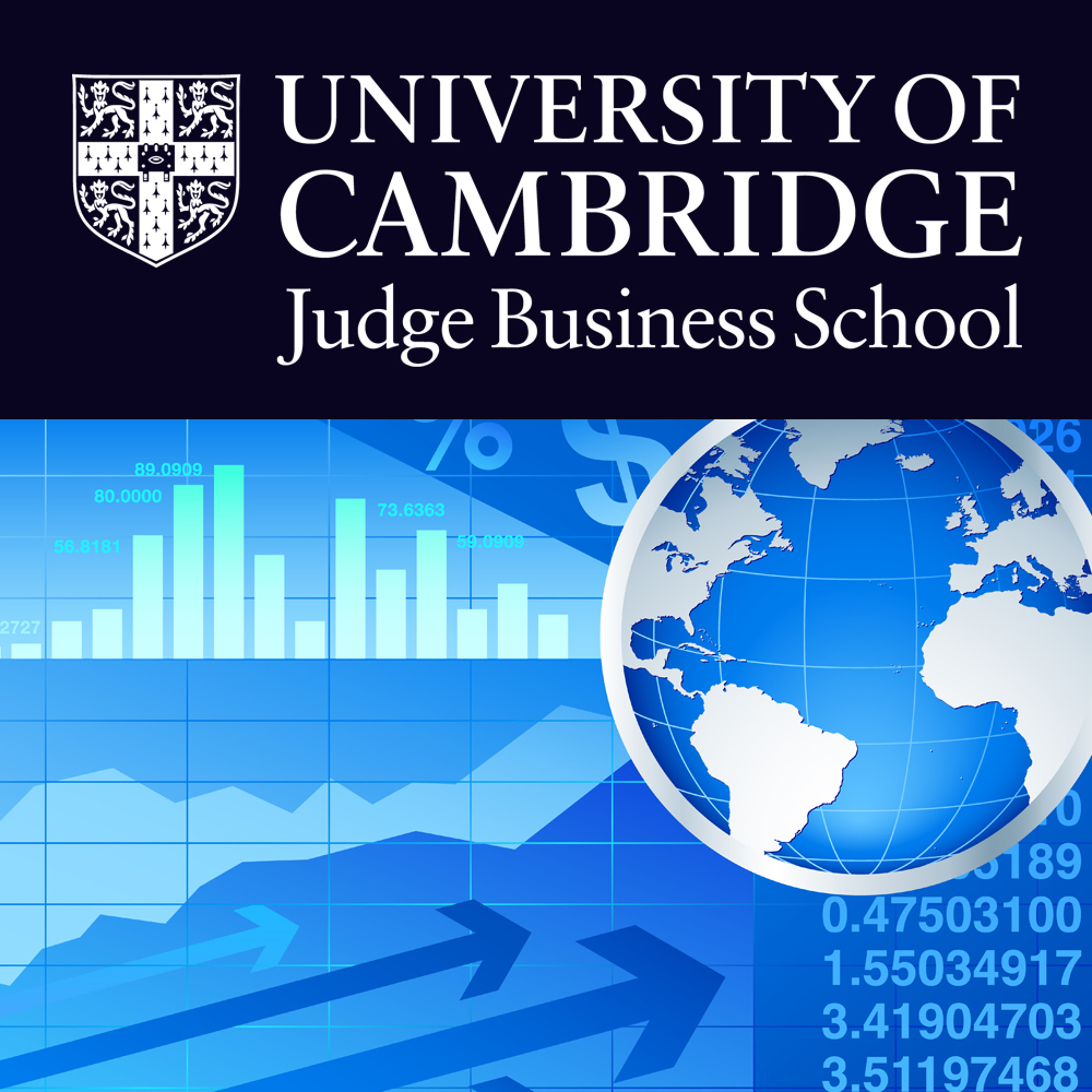
Expert commentDo the mathsCambridge Judge Business School's Executive Education programmes are being boosted with the introduction of four new finance programmes offering a complete overview of financial theory and practice. Professor Raghavendra Rau explains why the current climate is a good time to learn about finance.
2012-02-0306 min
Expert commentWhat makes an MBA 'world-class'?The former Director of the Cambridge MBA takes a global view of MBA programmes to identify a check-list for a 'world-class' MBA. The natural starting point is three key enabling factors - reputation, resource and research.
2012-01-3110 min
Expert commentA quiet revolutionDr Mark Thompson, co-author of the paper Why Government IT Should Never Be The Same Again, explains why the approach to public services is shifting as a result of major changes in technology that are potentially driving major savings through new Google-like or Amazon-like open-business models across non-traditional businesses.
2012-01-2510 min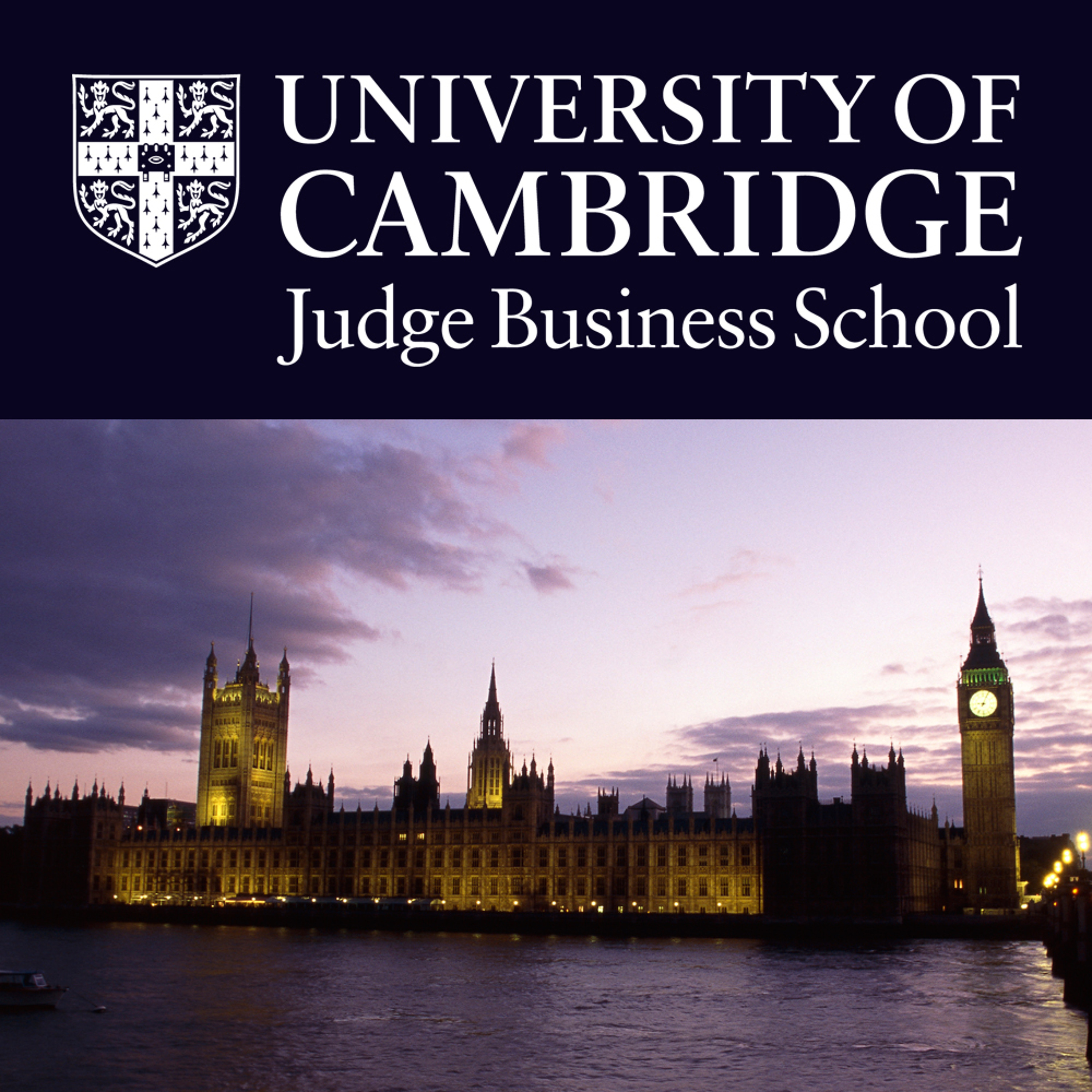
Expert commentGovernment support for cluster development importantSupply-side and industrial policies being employed by government, if combined with related policies, could strengthen both clusters and the eco-system and bring advantage to the whole economic zone. Dr Pitelis points to the British government's intervention taken to support the Tech City cluster as a positive example of success.
2012-01-1910 min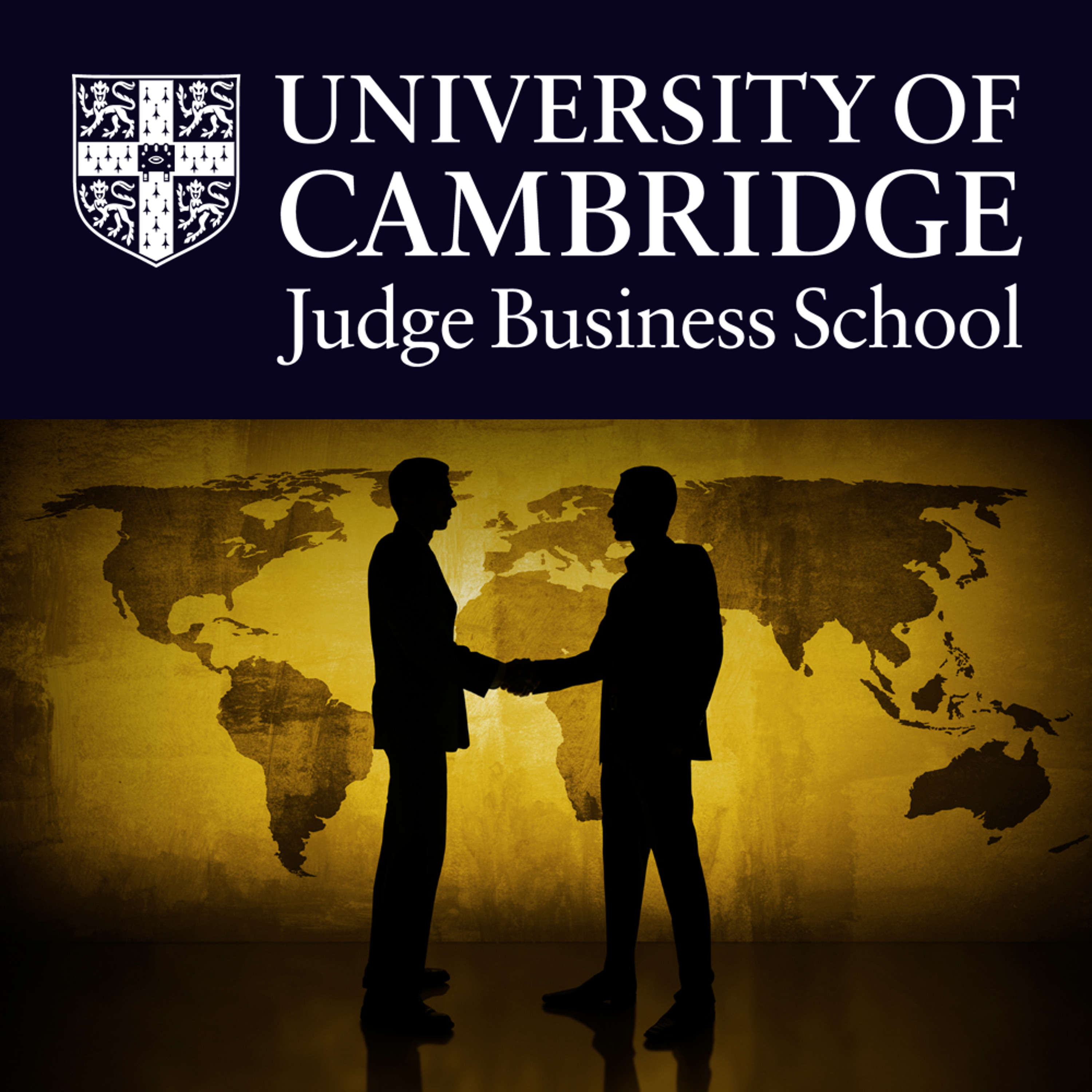
Expert commentWhen will Chinese banks change the world?Chinese banks have the potential to threaten other banks around the world, not least because they could buy them. According to Dr Simon Taylor, the management of the banks want expansion but the government will have a view both on that and how any growth policy is pursued.
2012-01-1008 min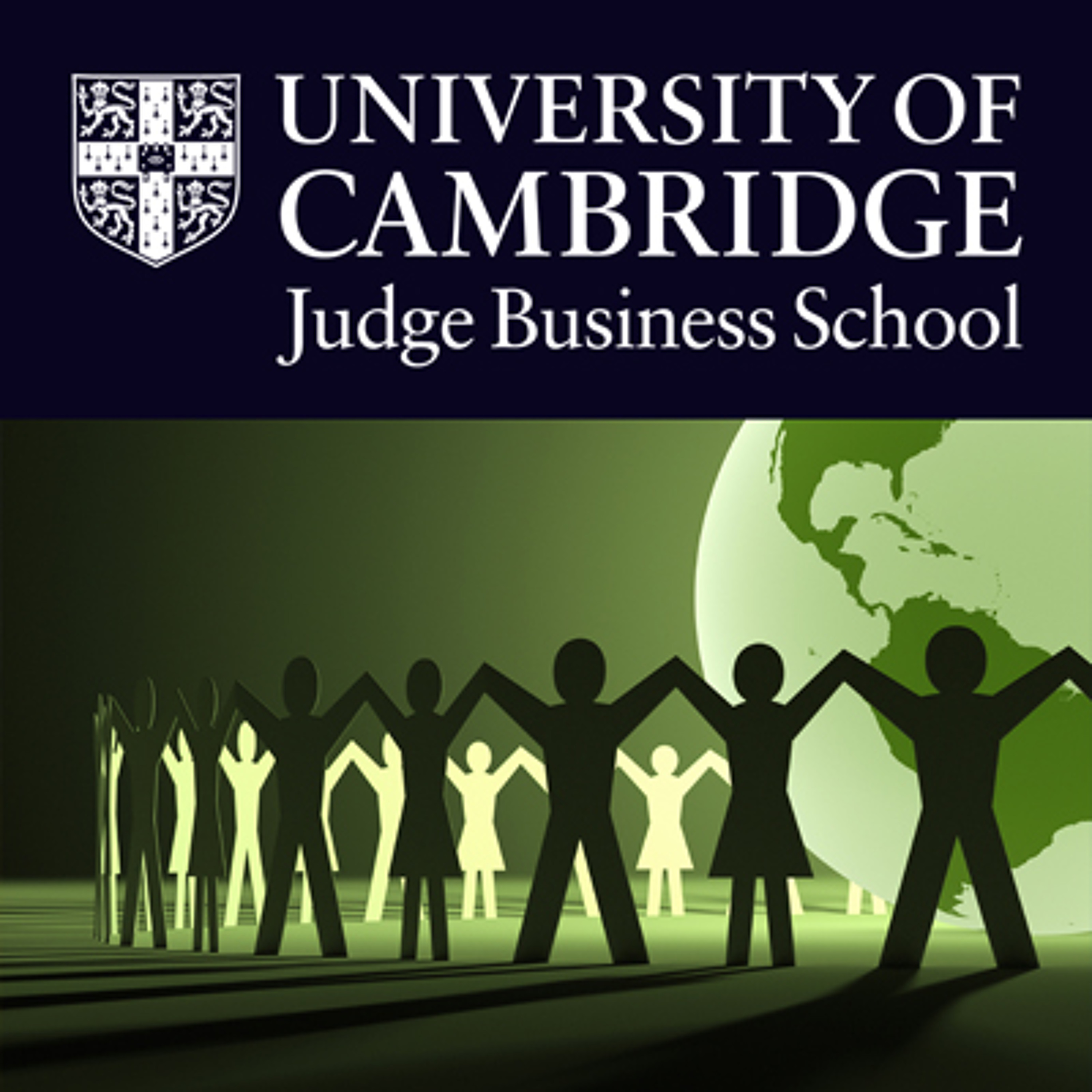
Expert commentMake proxy voting more transparentFresh research into the role of institutional investors suggests that several issues should be addressed in relation to proxy voting. Dr Pedro Saffi explains why investors should know what they are being asked to vote on so that they can decided whether to lend their shares or not.
2011-12-1509 min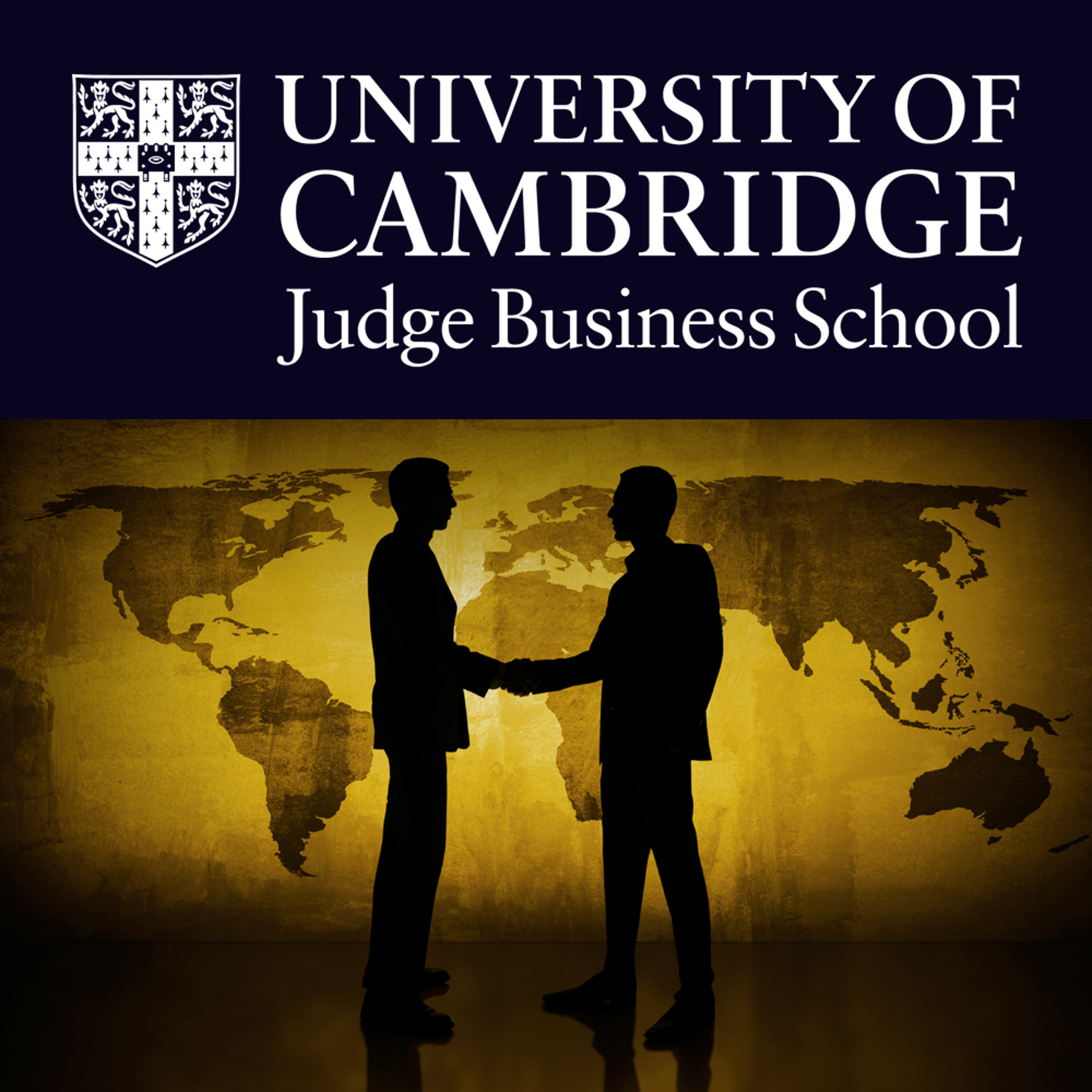
Expert commentChinese puzzle falls into placeProfessor Peter Williamson explains the new Chinese approach which includes buying physical assets, companies with state-of-the-art technologies and global R&D facilities. This new strategy will, he says, impact many Western and European companies.
2011-12-0806 min
Expert commentTaking the long viewDr Michael Pollitt defends the energy industry in the wake of criticism over their rising profits by their regulator Ofgem, arguing that we need to look at average profitability over a run of years. These figures, he says, should be examined in the round because some of underlying investments the energy companies make pay off over a 15-year, even 40-year period.
2011-11-1512 min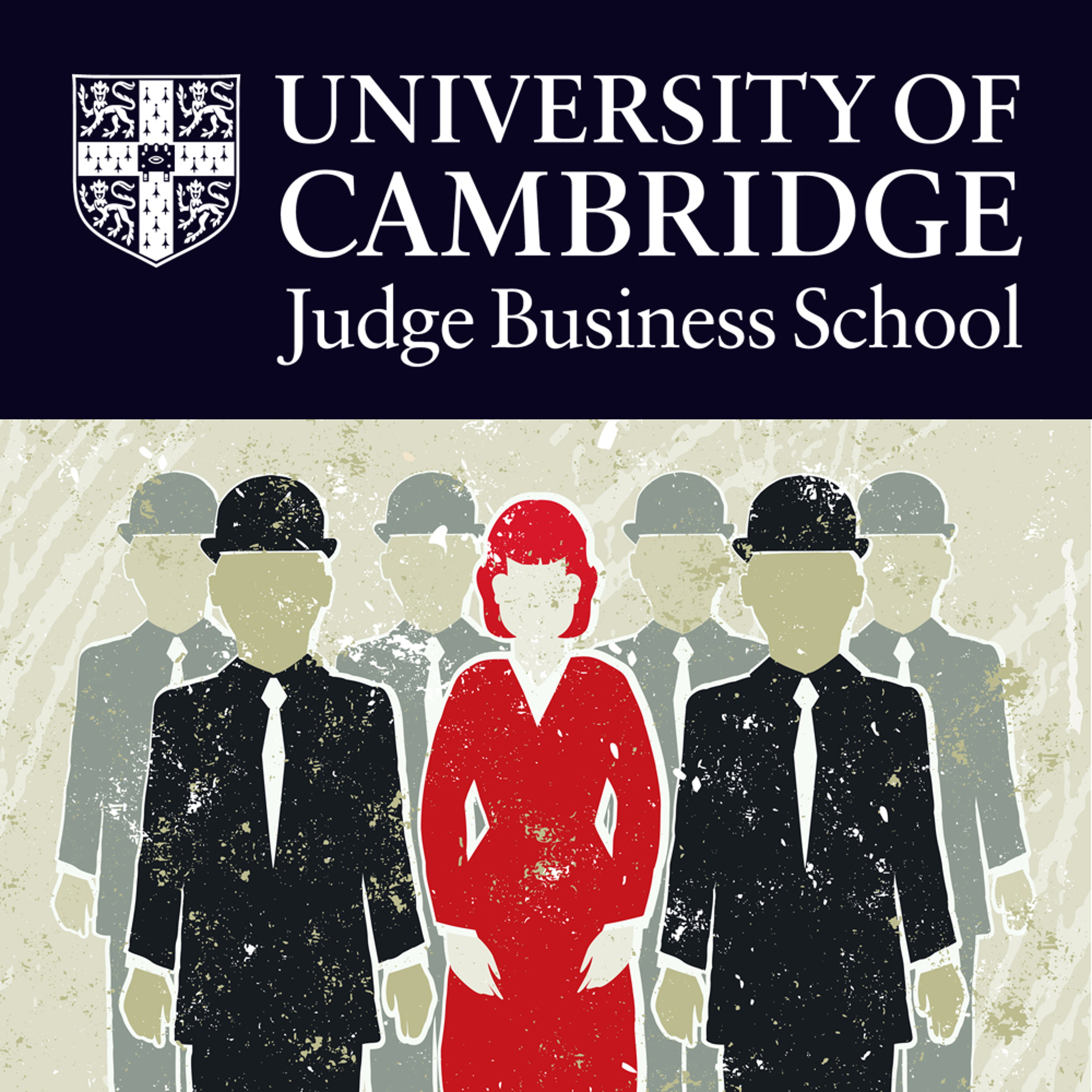
Expert commentGender diversity in the boardroomIt is vital for boards to become more diverse and less monochromatic explains Professor Dame Sandra Dawson. There should be more women and a greater range of people with different views and skills. Whilst she doesn't agree with a quota system, she explains why this may be necessary. Persuading the chairmen to play a more active role in board level appointments is also crucial she says.
2011-11-0112 min
Expert commentFiddling whilst the ice meltsDr Shazhad Ansari asks whether organisational academics are prepared to help build new narratives and to reconcile human and social evolution with the physical reality of climate change, or will they simply 'fiddle while the ice melts'?
2011-10-2710 min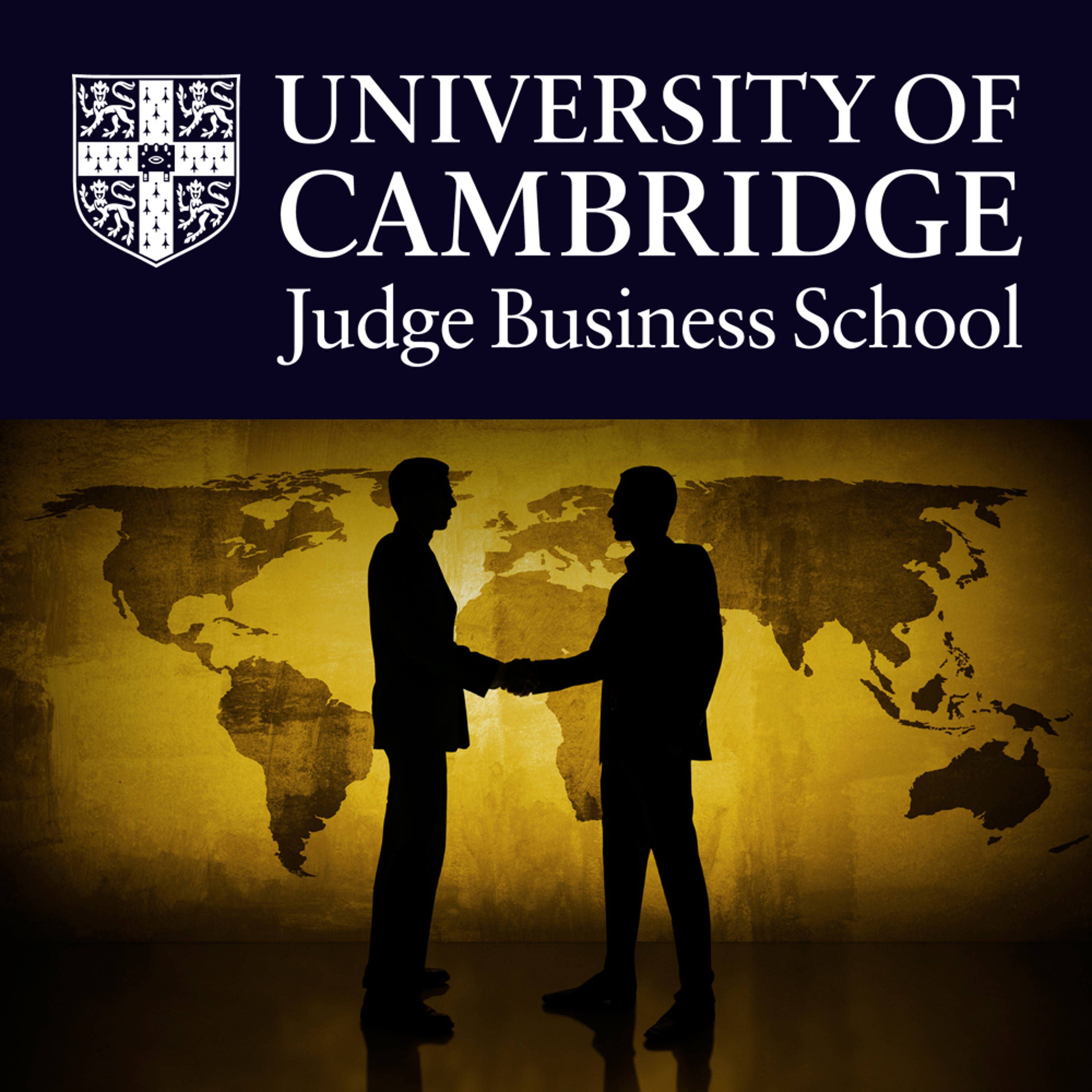
Expert commentCo-operative capitalism in JapanThe economic catastrophe to the country's all important supply chains, predicted by many, has not happened. The recovery is underway largely due to an unusual brand of 'co-operative capitalism' that underpins the close and resilient Japanese business system.
2011-10-0410 min
Expert commentEnergy prices may rise by 30%Dr Michael Pollitt of Cambridge Judge Business School says the UK's green and carbon reduction strategies are surrounded by 'inconvenient economics', a product of the current economic situation.
2011-09-3011 min
Expert commentDon't fight a giantA new study, 'Behemoths at the Gate', offers incumbents strategies to react positively to firms who are muscling their way into a sector through large scale acquisitions. The advice to those already in the market is not to go head-to-head with these incoming giants as few can take them on head-on and win!
2011-09-2809 min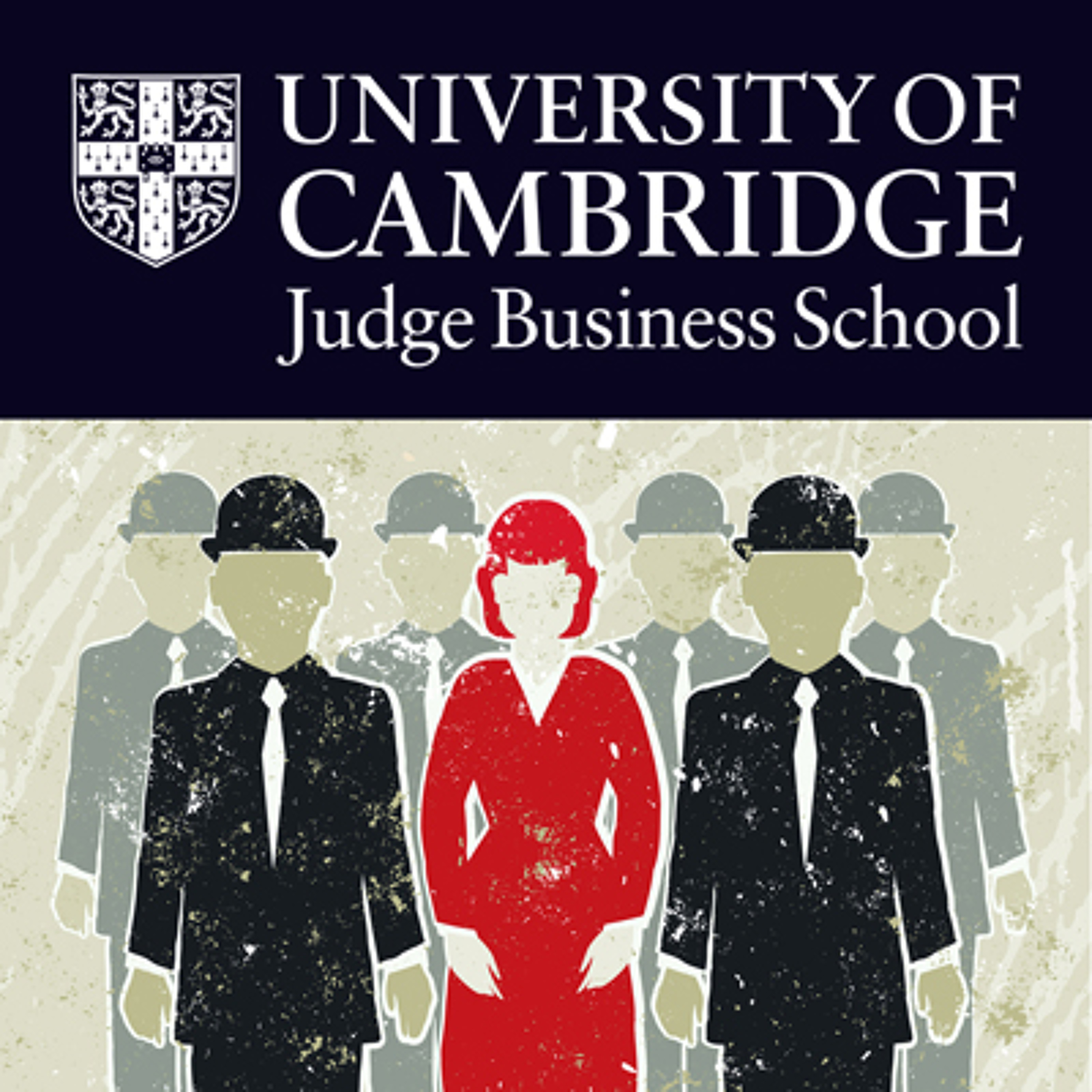
Expert commentAge diversity - why it's not all good newsResearch by Dr Jochen Menges sketches a sobering picture around the trend towards increasing age diversity in the workplace. There is evidence of anger, fear and disgust and employee job dissatisfaction all adding to an overall negative impact on company performance.
2011-09-2211 min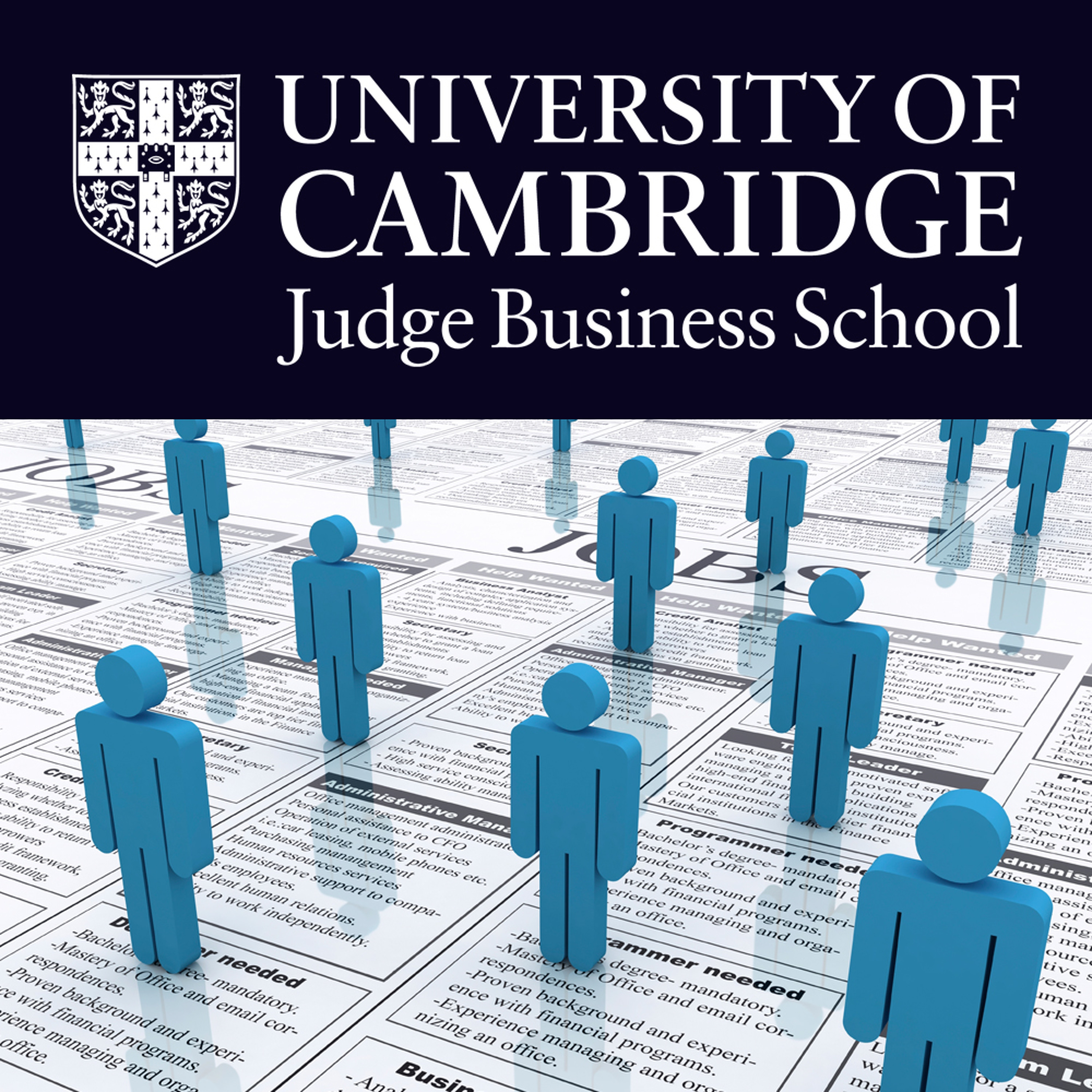
Expert commentShift to services vital for UK industryA long-awaited paper, titled 'Processes to Promise', by Professor Andy Neely, Director of the Cambridge Service Alliance, looks at the way in which complex service providers use business model innovation to deliver sustainable growth and maps out a dozen key issues that should be considered. They fall into three different subheadings: value propositions, value delivery and accountability spread.
2011-09-1911 min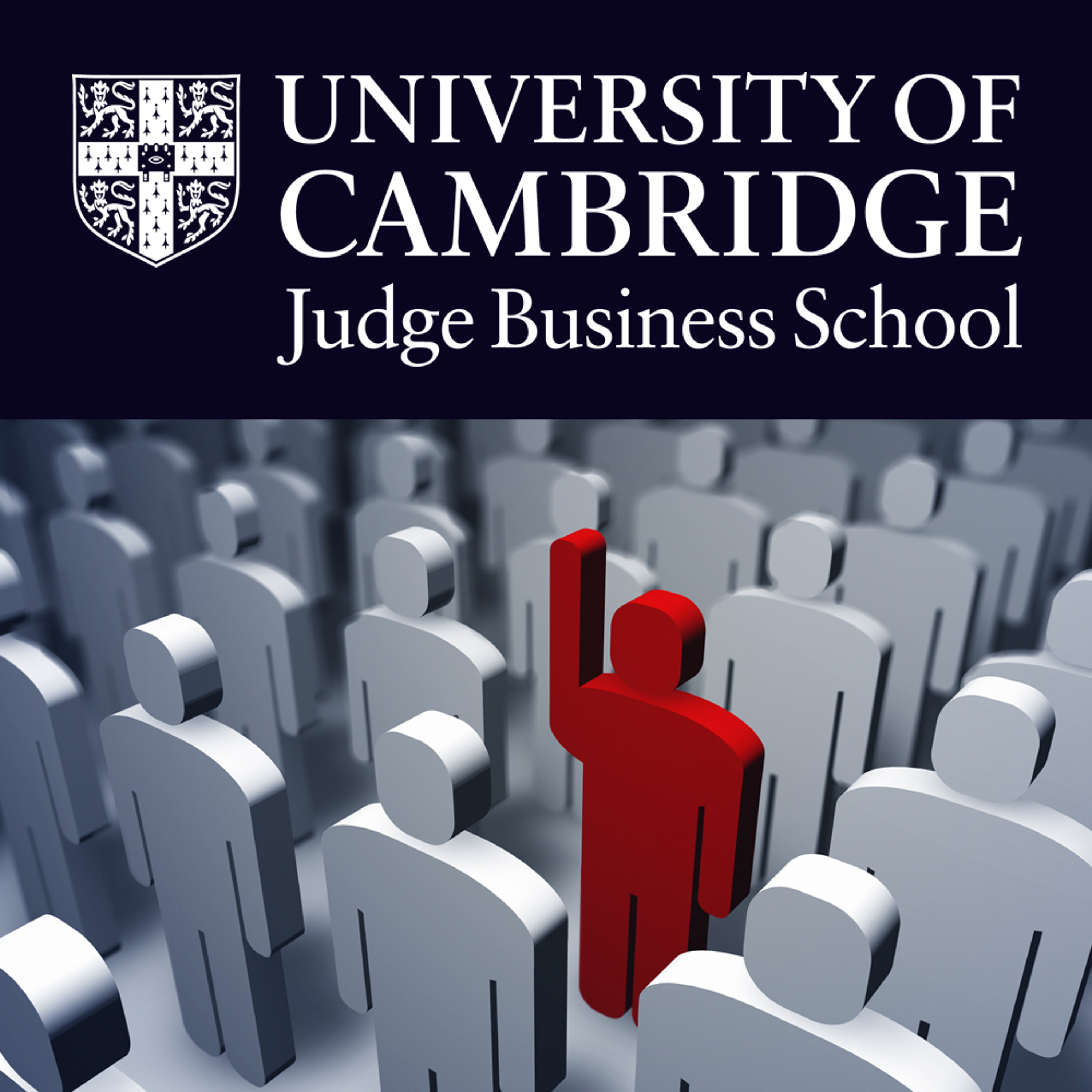
Expert commentInnovation funding myths explodedResearch by Cambridge Judge Business School's Centre for Business Research (CBR) explodes three major myths that have underpinned innovation policy thinking in the UK and elsewhere for decades and identifies the importance of 'lead customers' in the innovation process. CBR Senior Research Associate David Connell explains why the American Small Business Innovation Research (SBIR) programme is the model to follow.
2011-09-0112 min
Expert commentCaring from the communityPublic, or private? Why not social enterprise instead? Dr Helen Haugh says more funds need to be devoted to improve research on how social enterprise business models can step into the care market.
2011-08-3012 min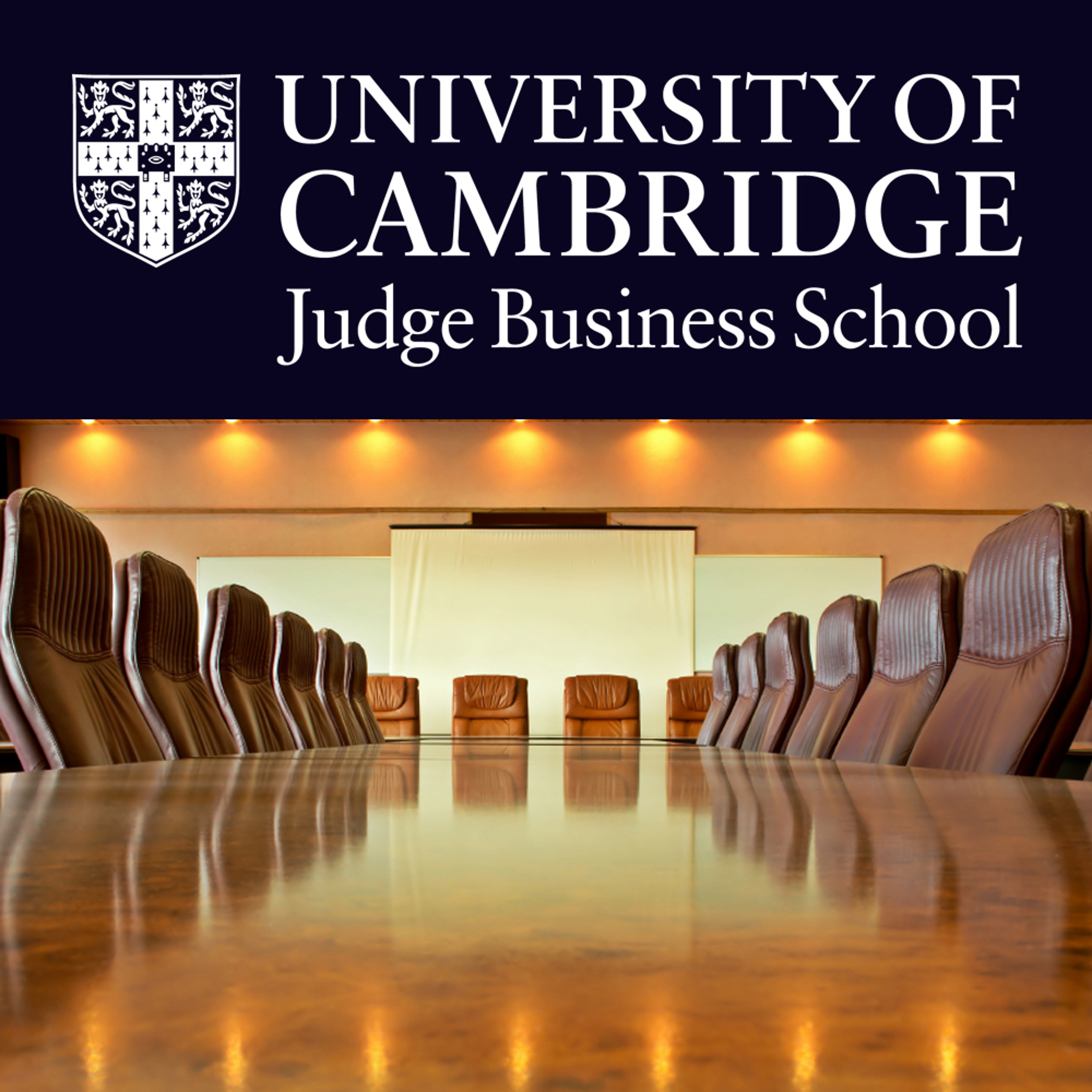
Expert commentThe buck stops hereThe parliamentary and police investigations into phone-hacking and corrupt practices involving journalists and their police sources will also call into question the corporate governance of not just News International but its parent, News Corporation. Professor Simon Deakin discusses the ramifications of the eventual outcomes.
2011-08-0211 min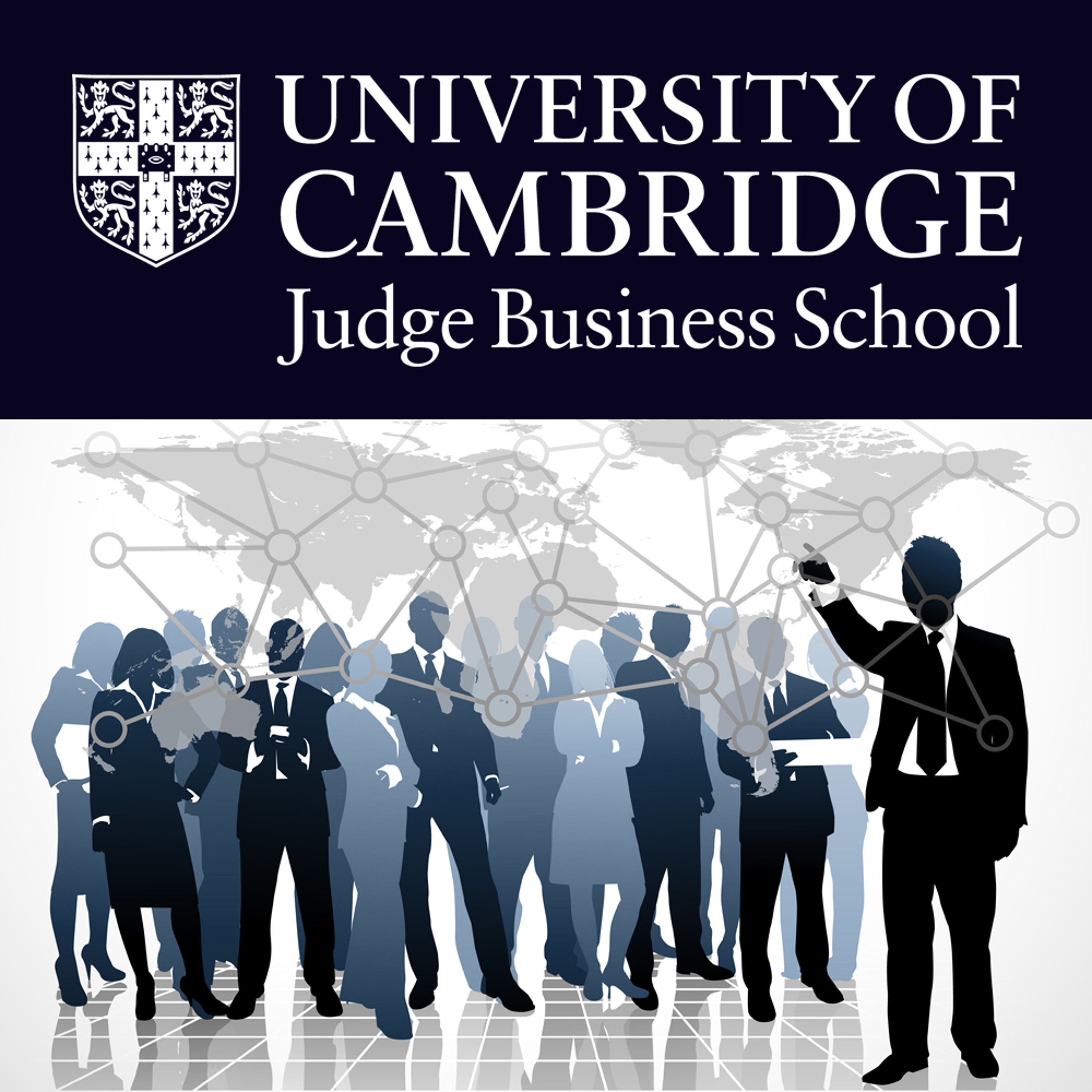
Expert commentCharismatic leadershipThe surprising conclusion, having stripped away the mystique around charisma, is that it's not a 'vision' thing as in the Bush presidency but a much more mundane process, says Kilduff. It's about soliciting advice from people, boning up and becoming an expert, being able to give people advice, treating them with consideration, being available and socially integrating with people at a work level.
2011-07-2611 min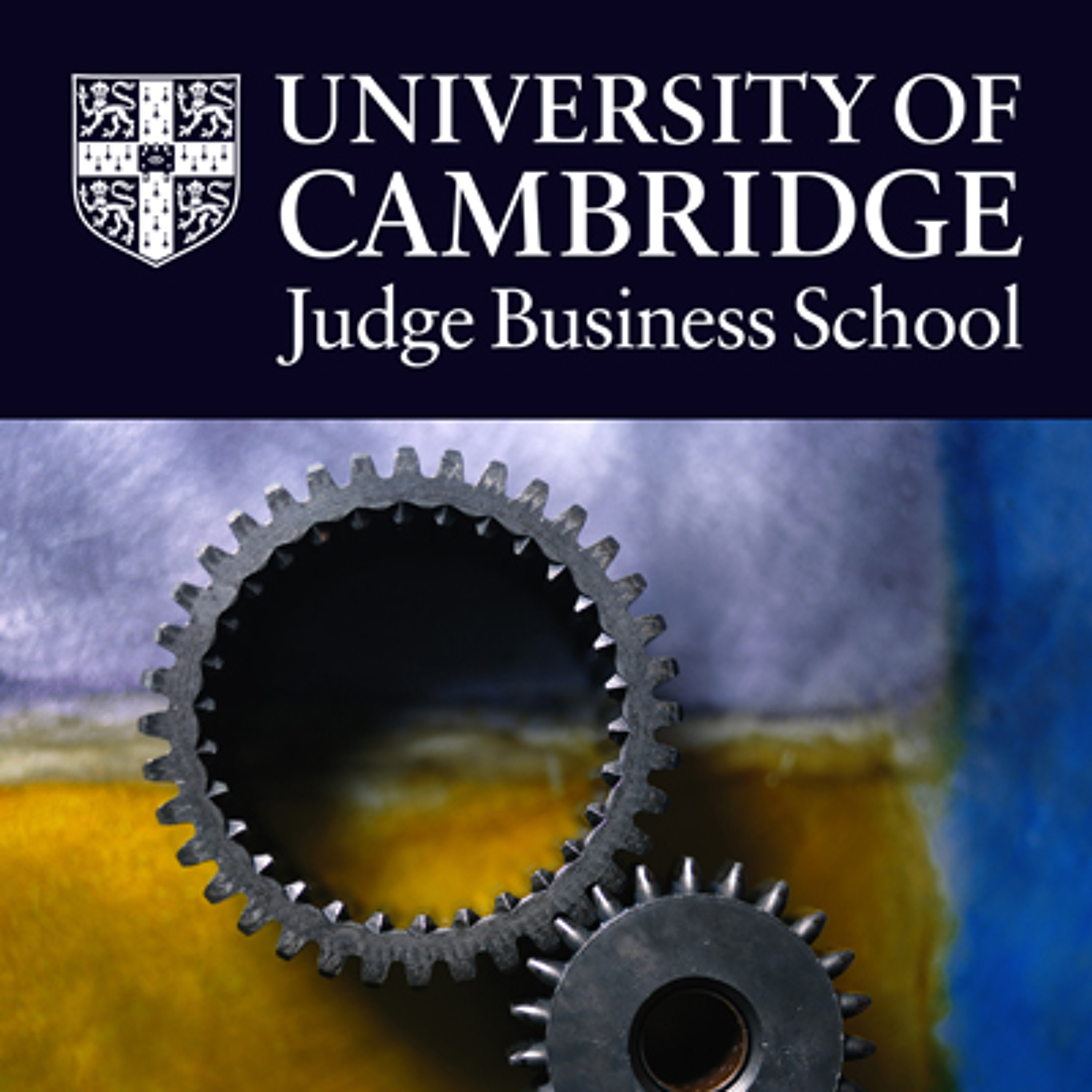
Expert commentA total solutionThe Cambridge Service Alliance (CSA) digs down to find out what's happening in the 'Servitisation of Manufacturing'! Professor Andy Neely, Director of the CSA and Fellow of Cambridge Judge Business School, looks at the trends of the future that will bring about business success and the strategic, economic and environmental influences.
2011-07-2109 min
Expert commentEnergy sappingIt's the 'squeezed middle' may end up paying both higher energy prices and helping through taxation to subsidise those who will need government help to pay their bills, says Dr Michael Pollitt of Cambridge Judge Business School.
2011-07-1912 min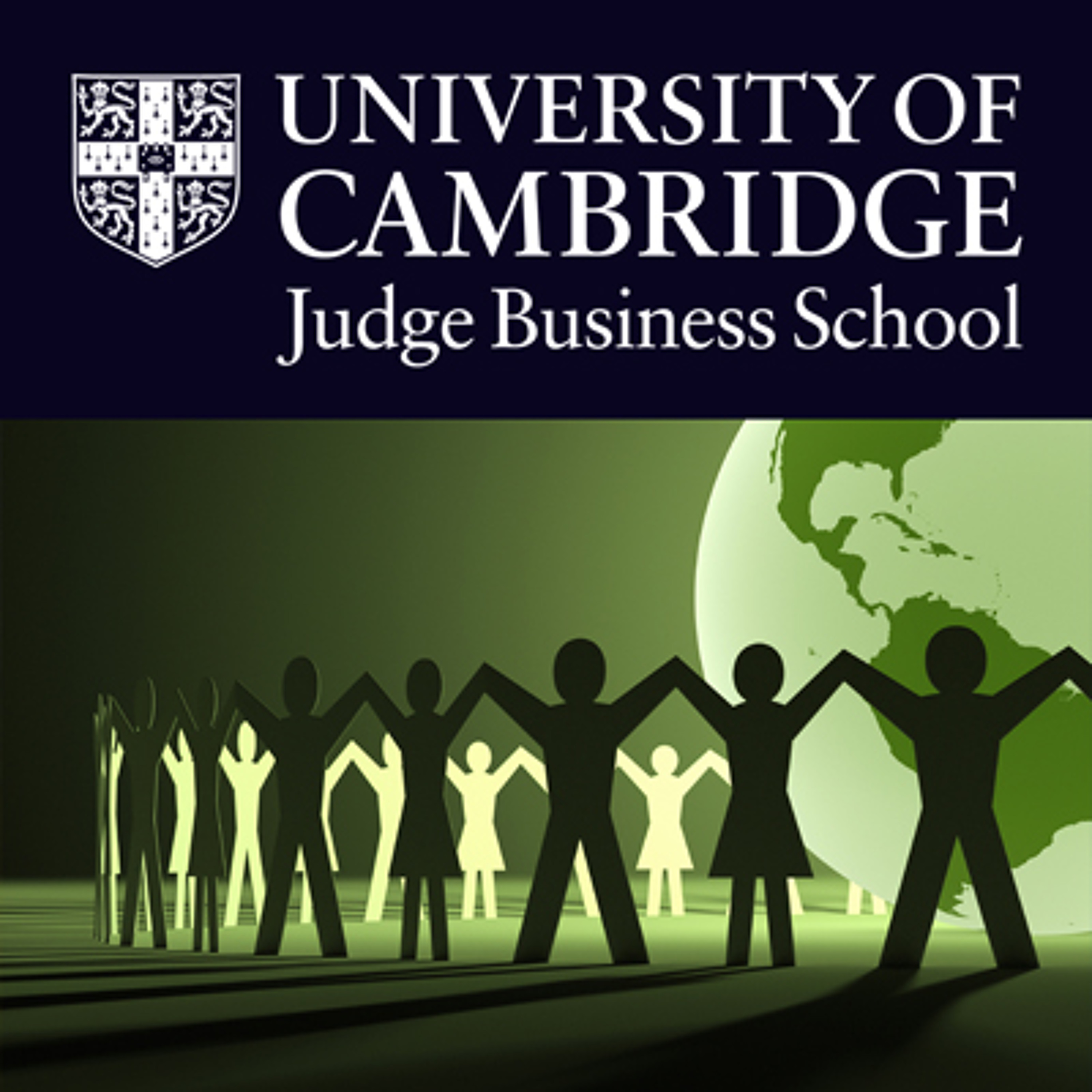
Expert commentPlain brown envelopesNew research by Professor Raghavendra Rau, Sir Evelyn de Rothschild Professor of Finance, places fresh light onto bribery and flies in the face of previous survey-based studies. Focusing on the initial date of award of the contract for which the bribe was paid rather than the date on which the bribery was revealed, and calculating the impact on the company of getting the contract at that time, the research shows finds that firms bribing their way to contracts under-perform for up to three years before and after securing the work for which the bribe was paid.
2011-07-1211 min
Expert commentDefining public entrepreneurshipDo we fully understand what the critical differences and similarities are between the public and private sector? An award-winning paper, "Toward a theory of public entrepreneurship", by Dr Christos Pitelis of Cambridge Judge Business School, Professor Joseph Mahoney of University of Illinois at Urbana-Champaign and others, discusses how the term 'entrepreneur', traditionally associated with private sector goals, and 'for profit' motives, can also apply to the public sector.
2011-06-1410 min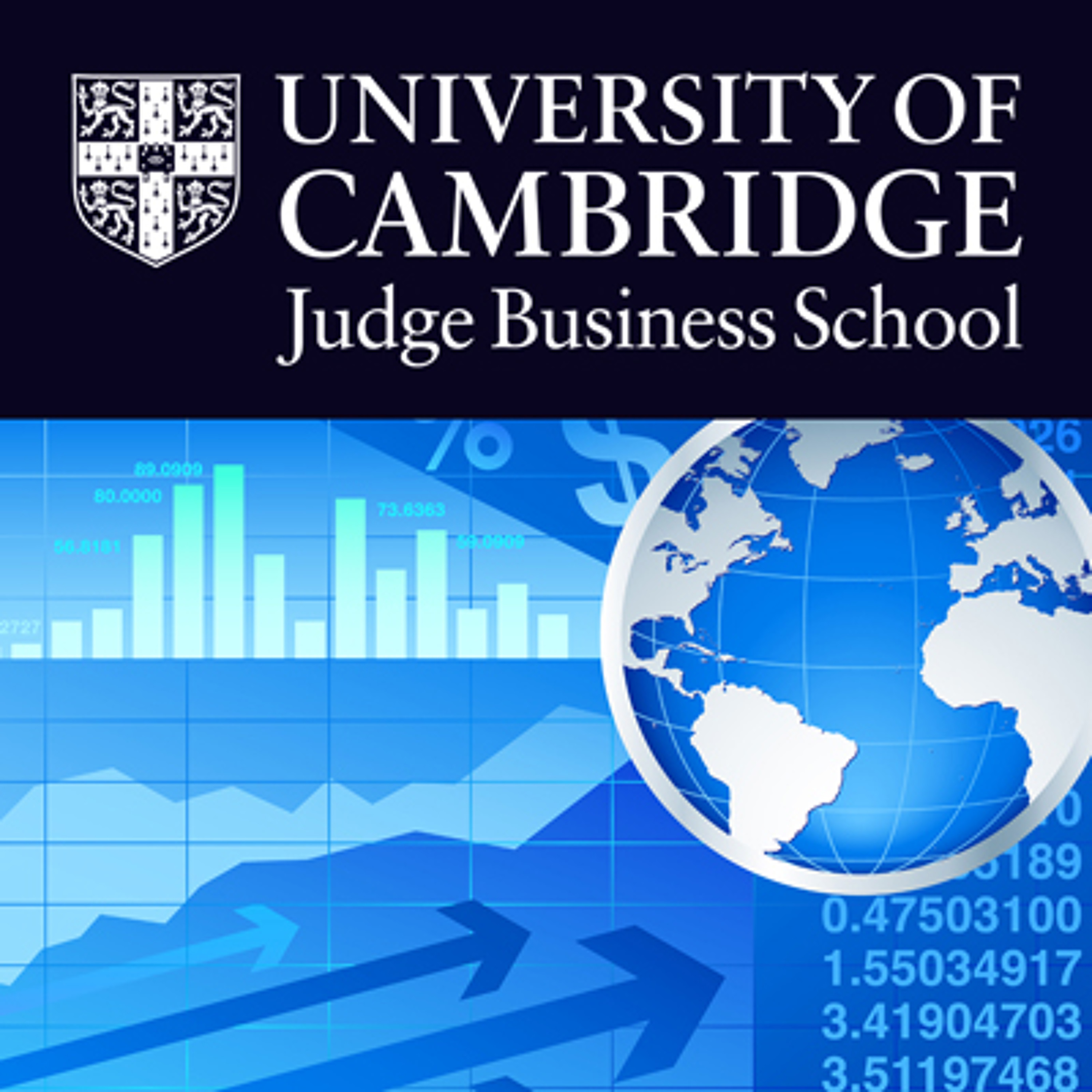
Expert commentHidden connectionsNew research into relationships between the arts and humanities and the UK economy has revealed far greater interaction than expected. Commissioned by the Arts and Humanities Research Council, the report does not fit the conventional wisdom that academics connect to businesses in the realms of science and technology and that it's unlikely to take place elsewhere. Instead it charts widespread interaction between the arts and humanities academics with the private, public and third sectors.
2011-06-0911 min
Expert commentCEOs are overpaidProfessor Raghavendra Rau queries how executive remuneration translates into stock price performance, explaining that the results of his research are consistent with the hypothesis that overconfident CEOs opt for 'options' rather than cash and still fail to deliver what their company's shareholders believe they should.
2011-06-0709 min
Expert commentChina's energy securityIncreasingly, the security of global energy markets will continue to be performed by the US and others including China, but the America-China relationship, of which energy security is only one dimension, is the key driver for the security of energy to the world's fastest growing economy.
2011-05-3111 min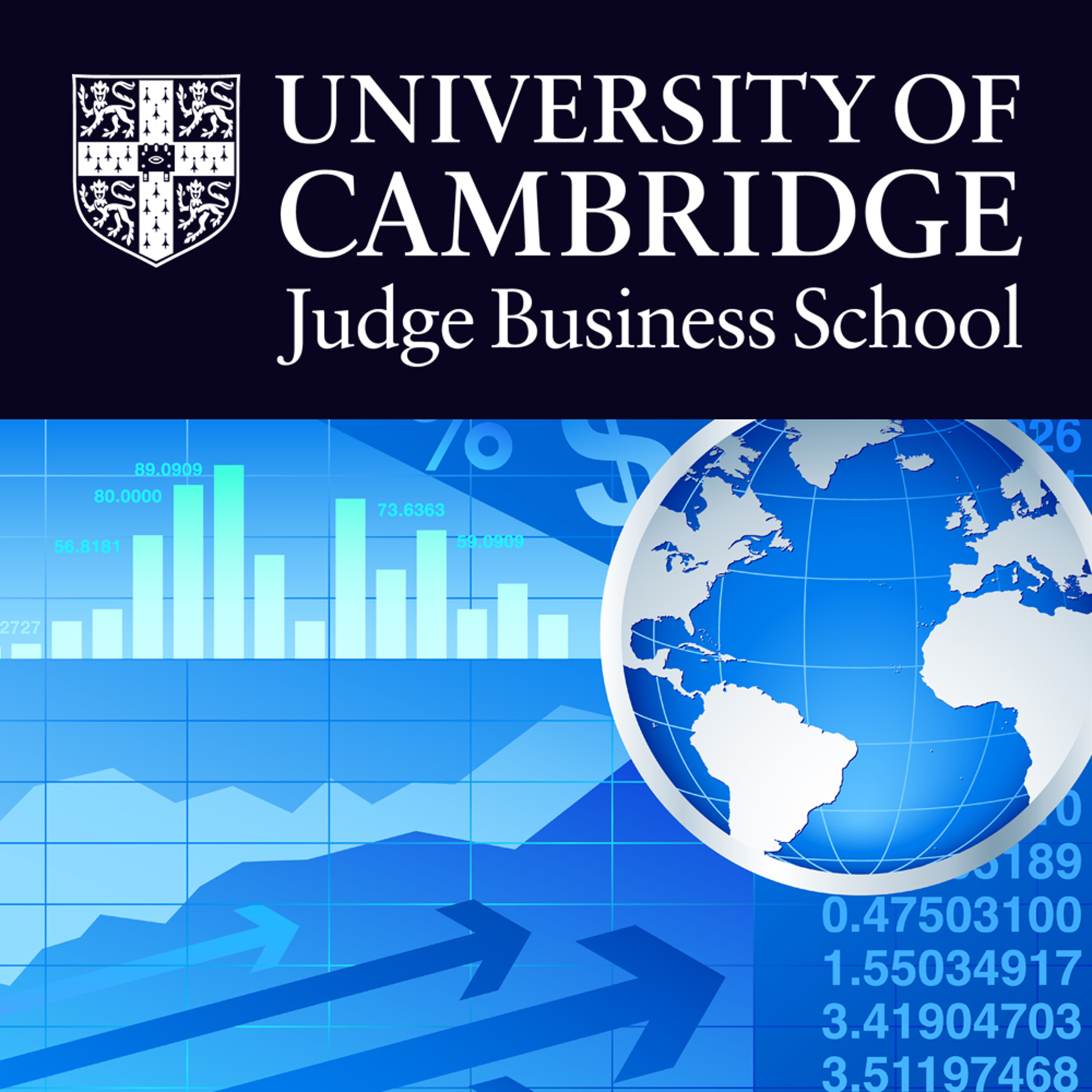
Expert commentEndowment asset managementAcademics, investment professionals, philanthropists, directors of not-for-profit organisations and the charity sector are an under-serviced segment of the market which the School's unique week-long Endowment Asset Management programme will seek to attract as it expands its international direction.
2011-05-2610 min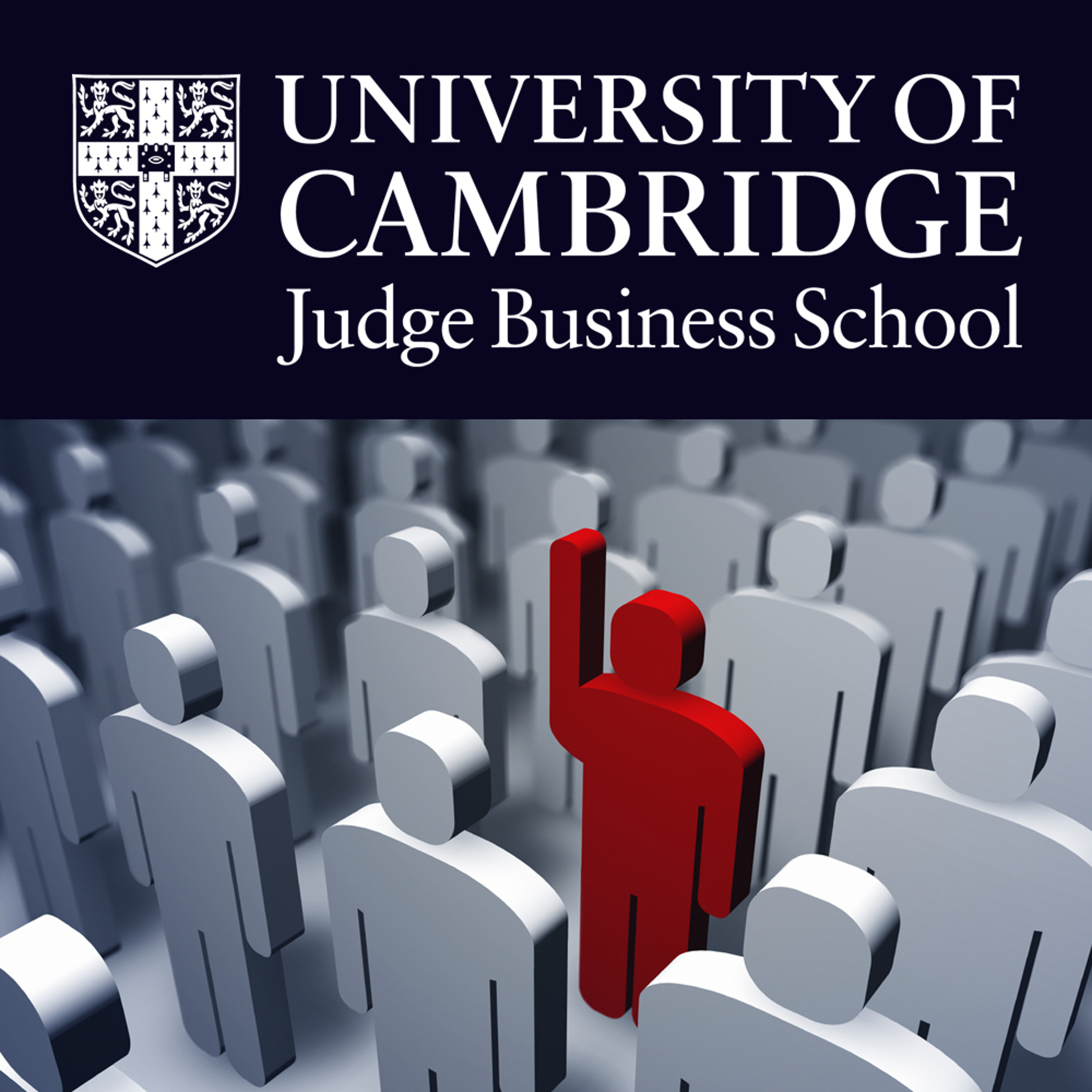
Expert commentMotivated to innovate?New research into the UK newspaper industry, the US car rental market and the US bond markets shows how dominant firms can be very innovative. Dr Vincent Mak explains why they do it and what macroeconomic conditions are needed to encourage these innovations.
2011-05-1912 min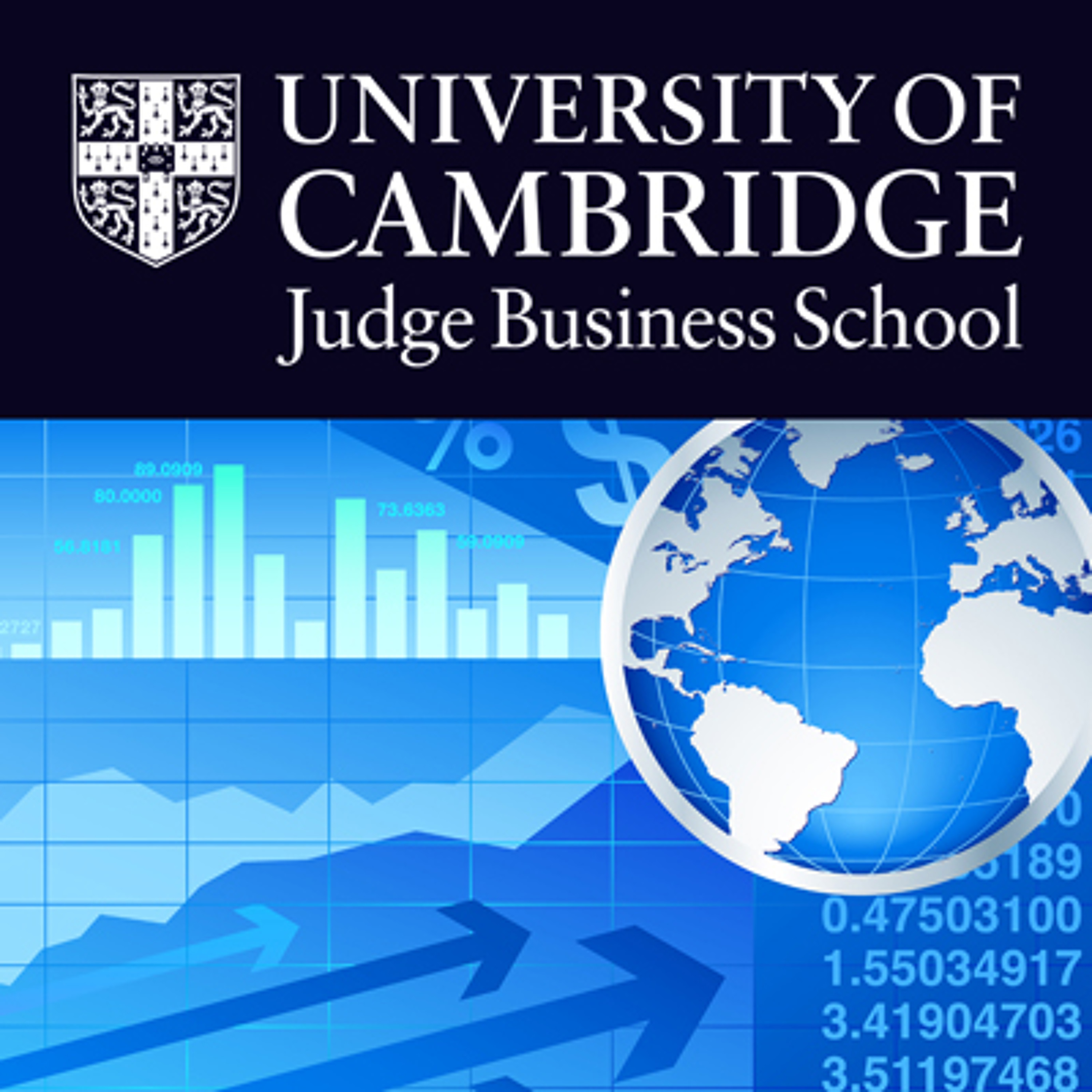
Expert commentNoticeable by their absenceDr Munir says that at a time when economists struggled to explain market behaviour, business schools should have grasped the chance to provide a new theoretical understanding of how markets work based on behavioural and historical evidence rather than untested assumptions.
2011-05-1710 min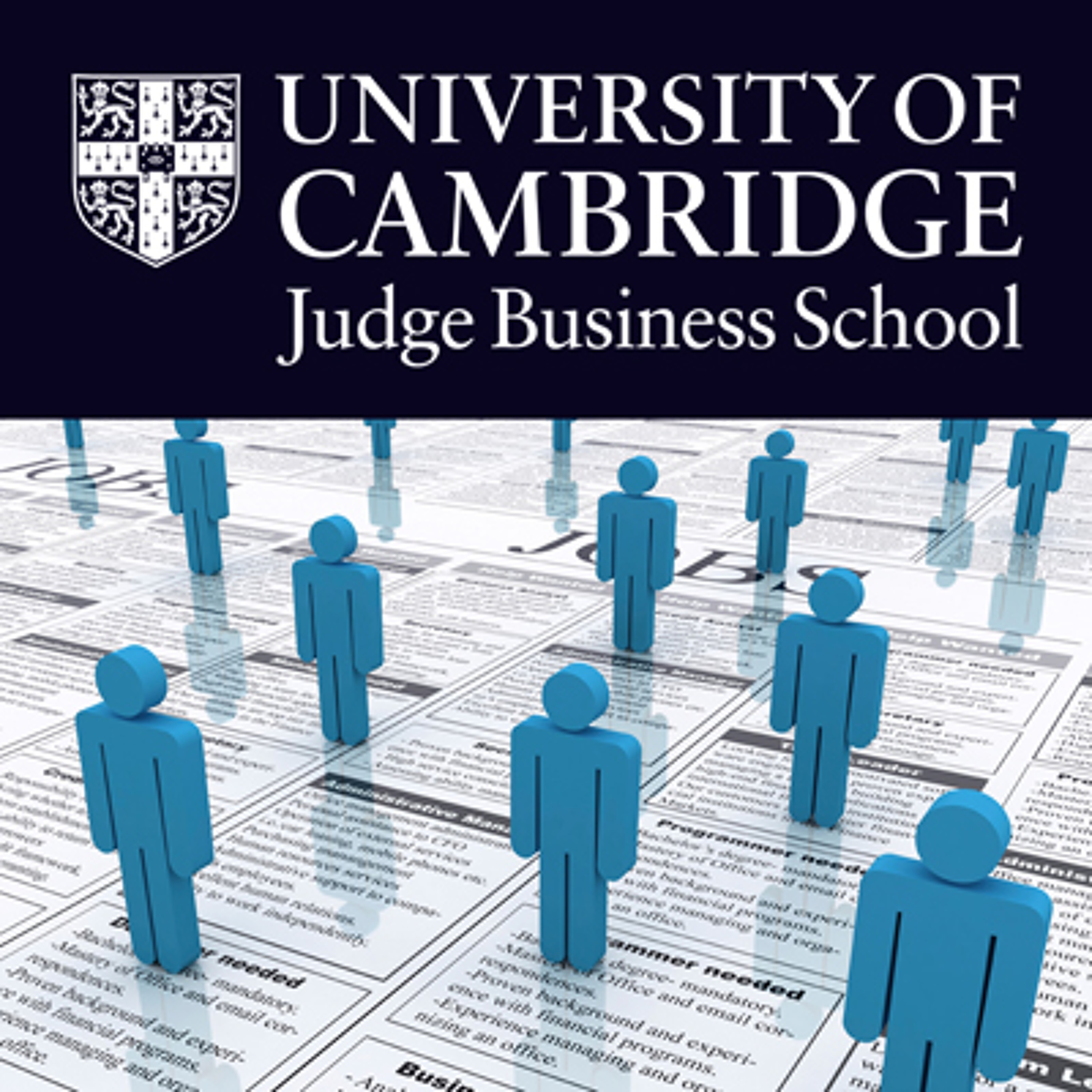
Expert commentThe weakest link?Dr Shahzad Ansari explains why middle managers can't play a 'linking role' in the change process unless they are included in the strategy formulation of the change process.
2011-05-1214 min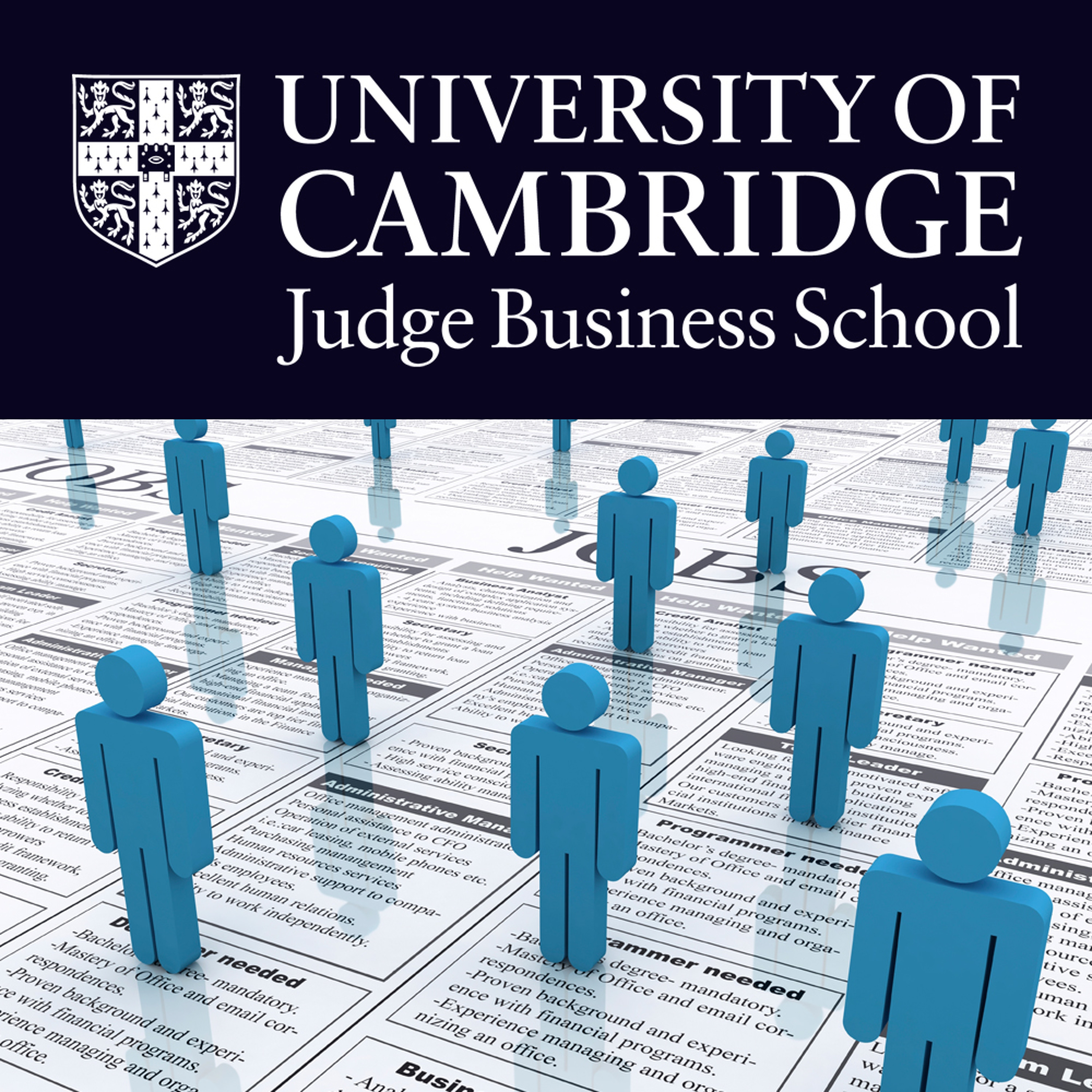
Expert commentDon't worry be happy!Dr Ben Hardy, Research Associate in Neuroscience, Endocrinology & Finance, says morale is related to performance. Workers with high morale believe they that they work harder, longer and communicate more effectively. Low morale can produce the reverse but not in all circumstances. An individual's professional approach may drive them irrespective of their feelings.
2011-05-1011 min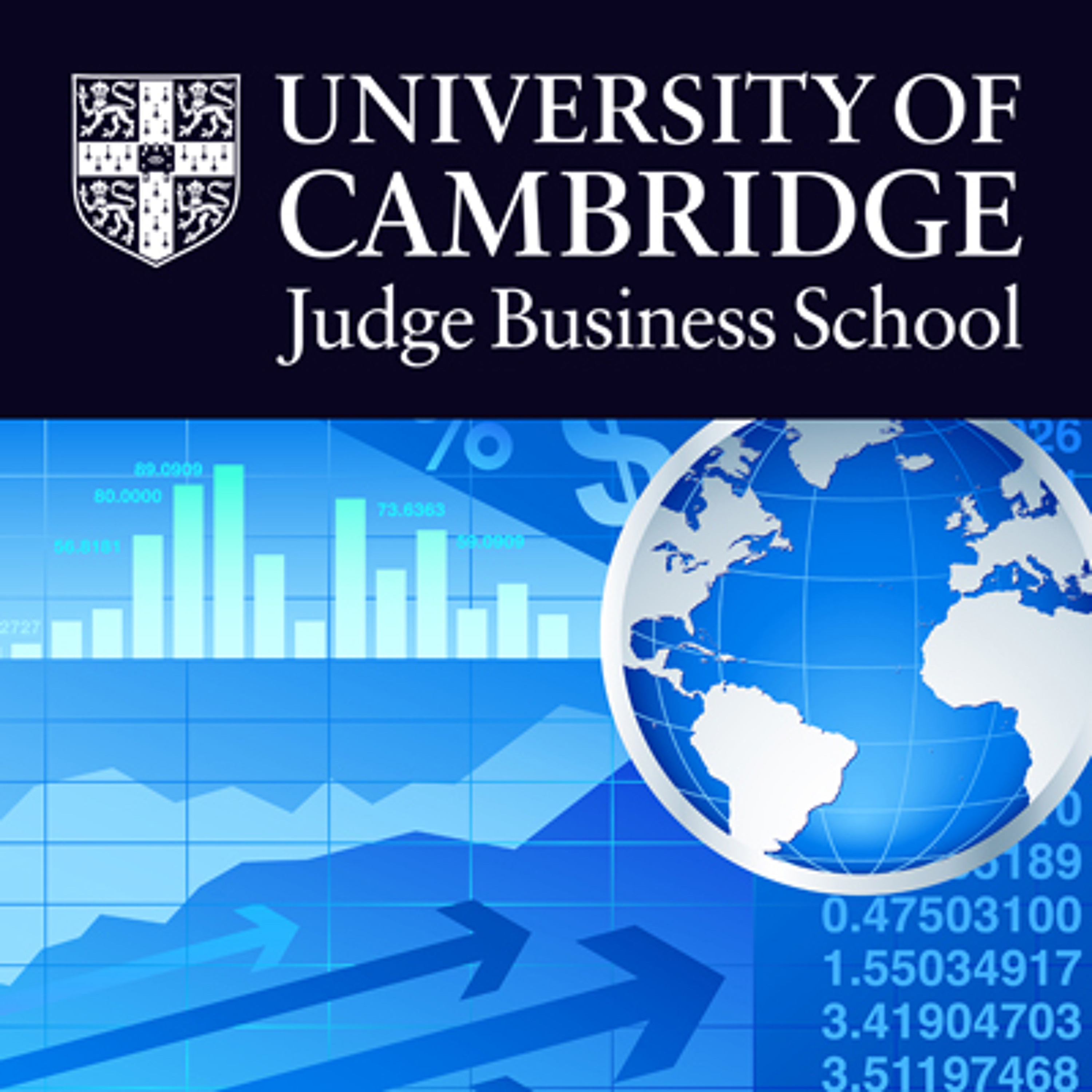
Expert commentTo AV or not to AVSo what's fairer: an 'honest' vote for the party you support, a 'tactical' vote in a system you understand, or a vote cast under AV where a 'tactical' vote is harder to make? Dr Lionel Page's new research reveals that 'sophisticated' 'tactical' voting cost the Conservatives their UK General Election victory in 2010. So will AV be any fairer when tactical voting is more difficult?
2011-05-0510 min
Expert commentToo smart by half?Dr Michael Pollitt, Assistant Director of the ESRC Electricity Policy Research Group, says reducing household energy consumption is the challenge for us all but 'smart measures' will work as long as consumers use the technology to guide and adjust their consumption behaviours.
2011-04-1413 min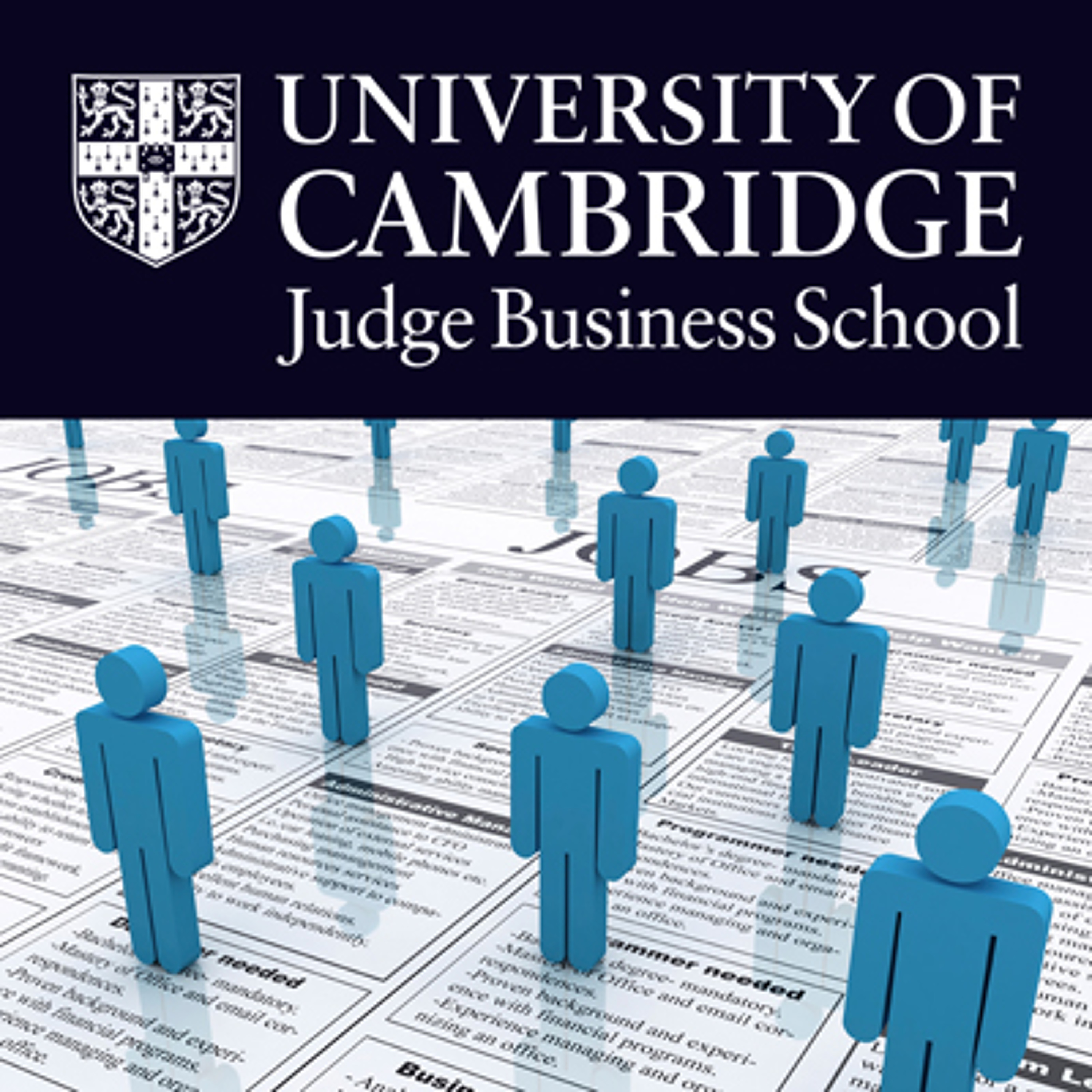
Expert commentBack to the good old daysThese 'eco-systems' says Peter Williamson, Professor of International Management, appear to be better adapted to cope with the demands for complex integrated solution as opposed to standardised products and services delivered in homogenous volume.
2011-04-1211 min
Expert commentWhat price energy post Fukushima?Dr Bill Nuttall, Dr Michael Pollitt, Dr David Reiner and Dr Pierre Noël discuss European energy markets and policy in the post-Japanese earthquake era. They examine the impact on nuclear policy in the short and longer term and the implications of an extended period of high oil prices.
2011-04-0728 min